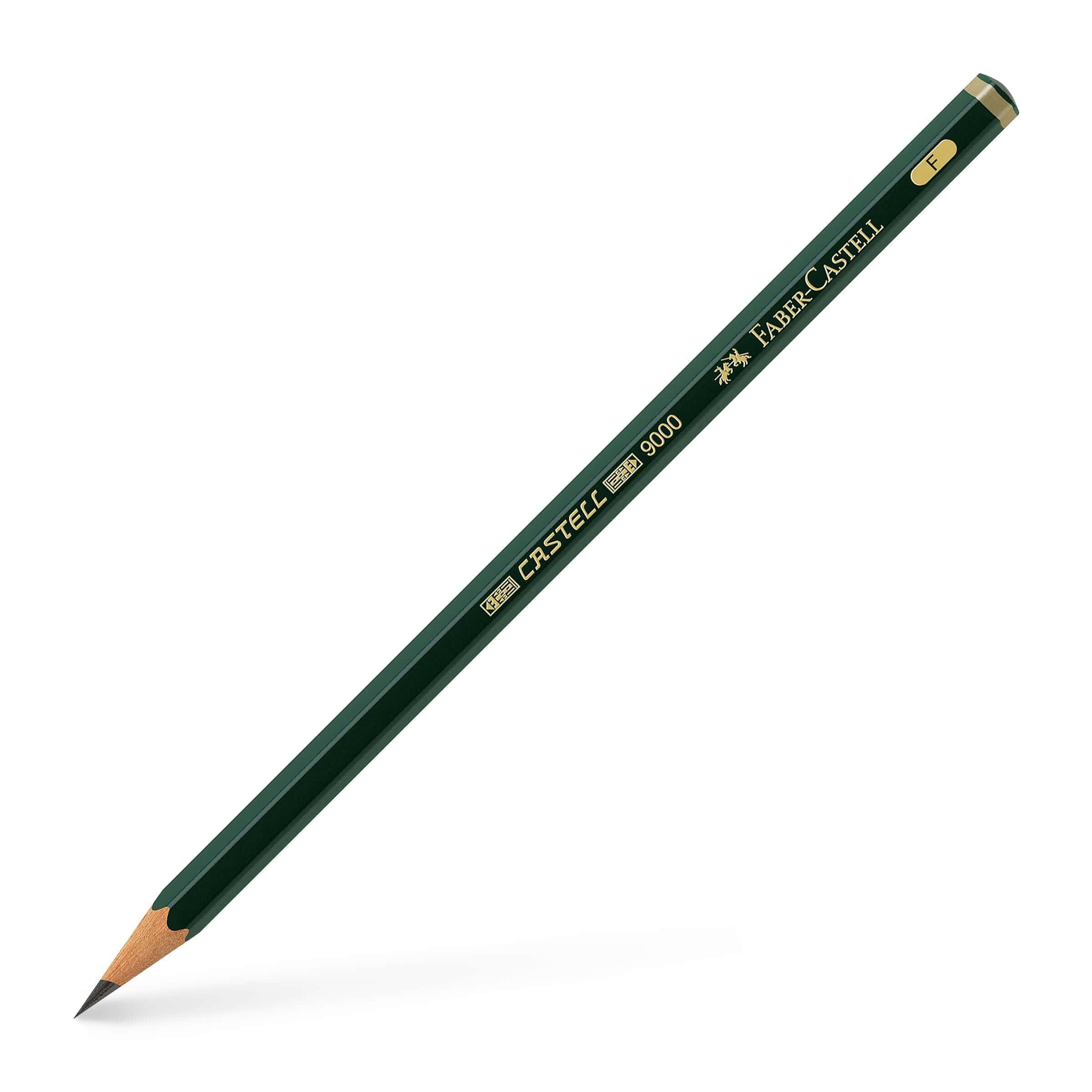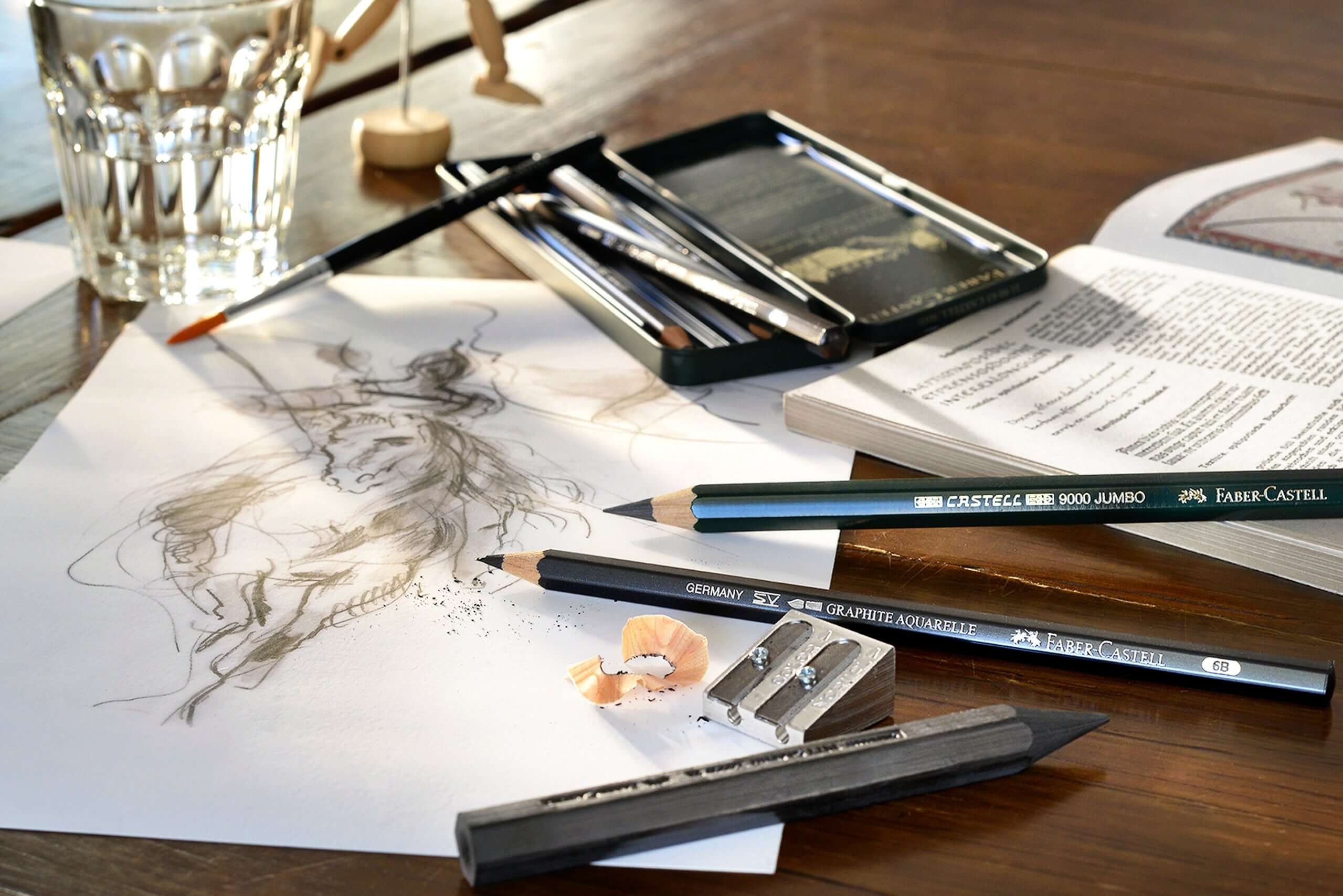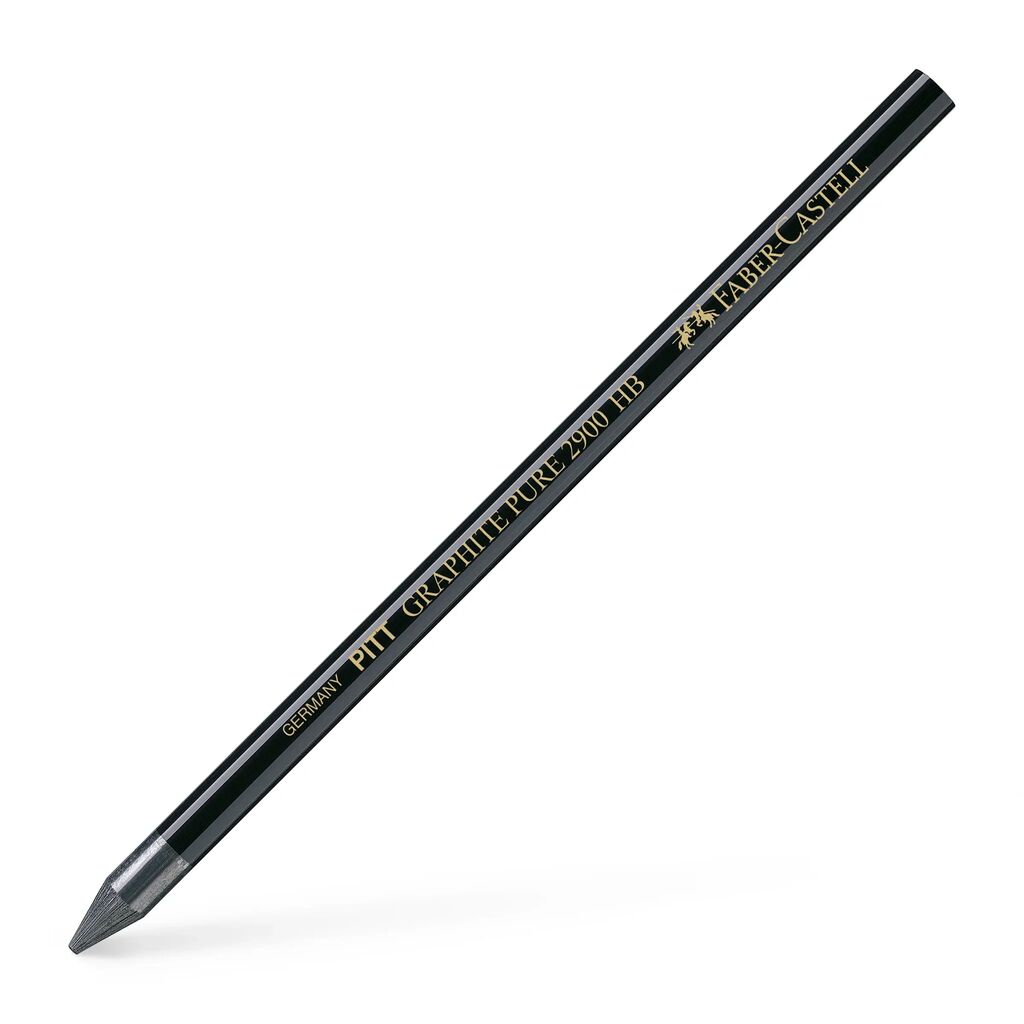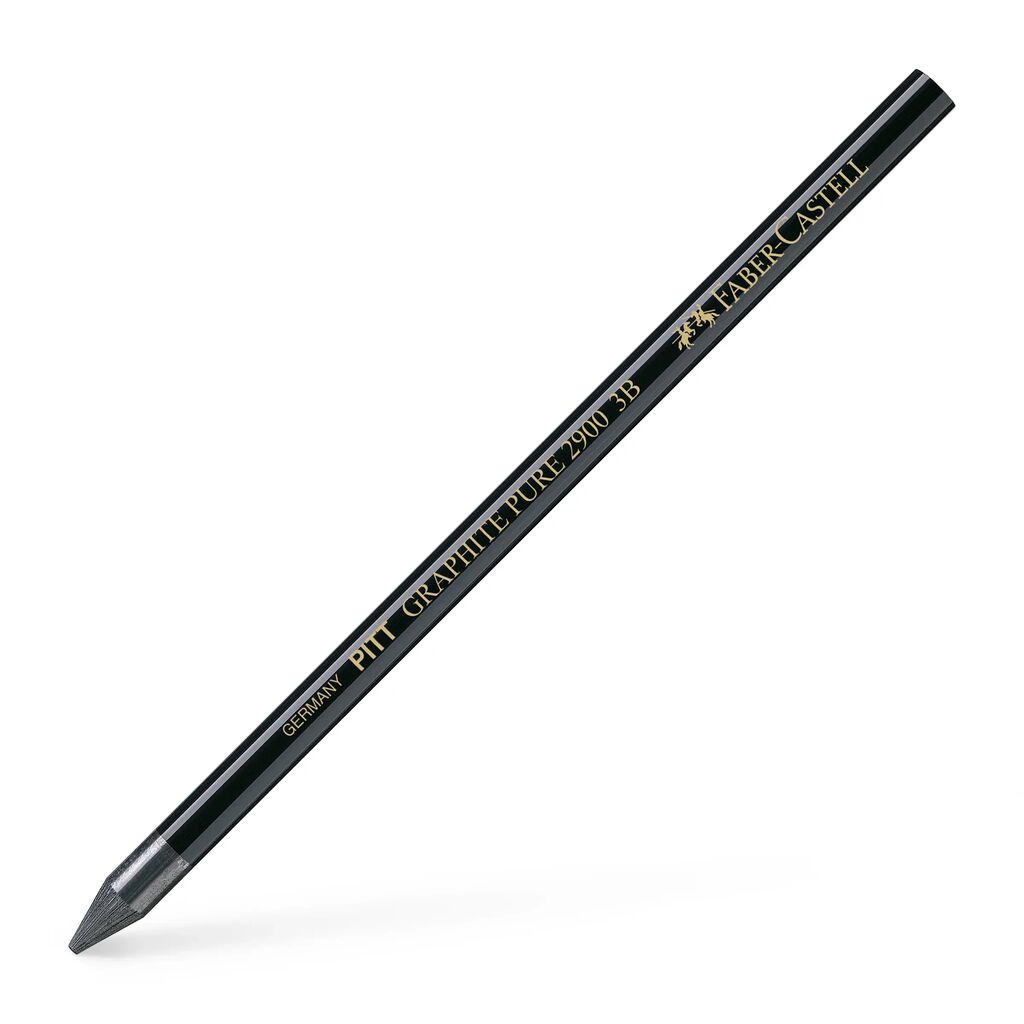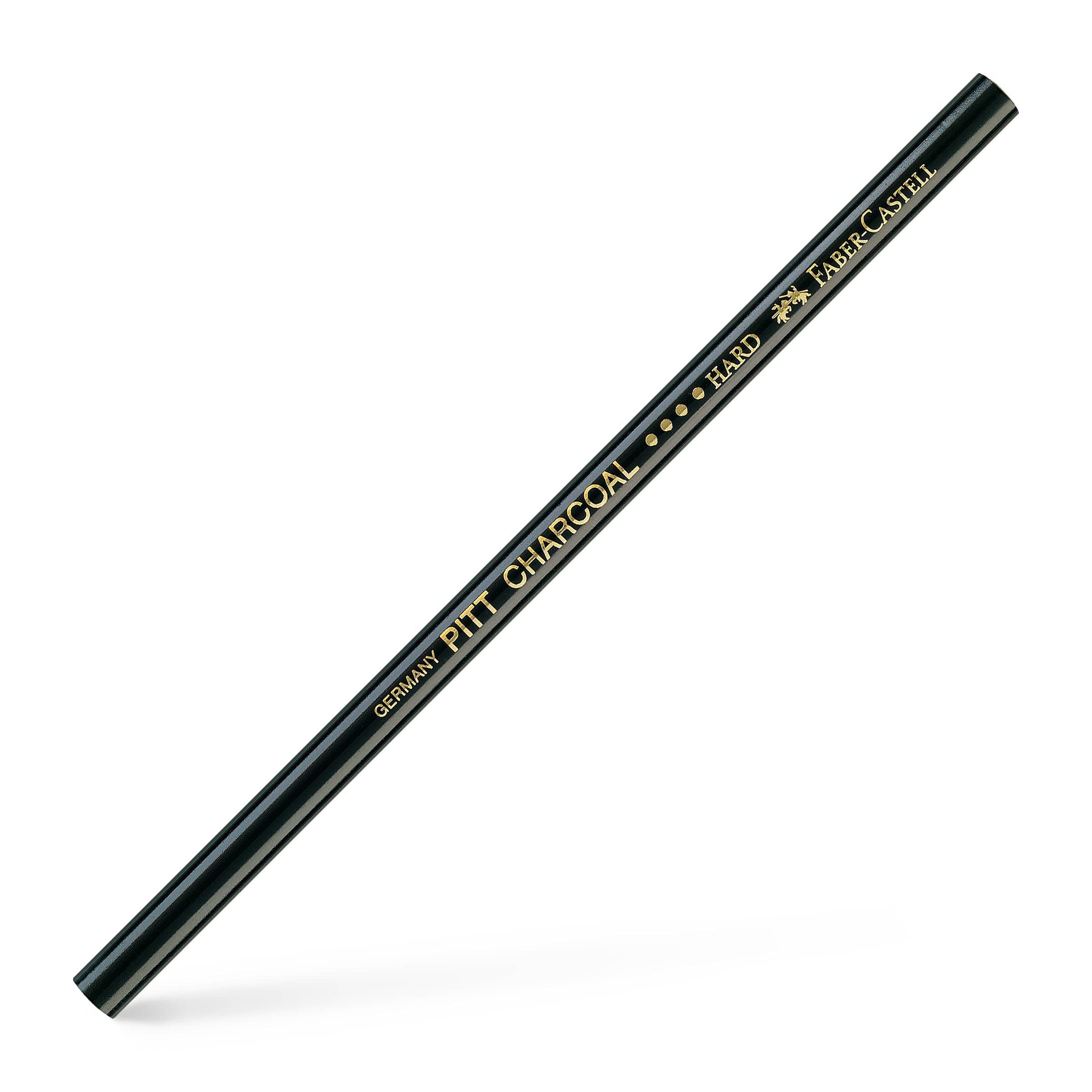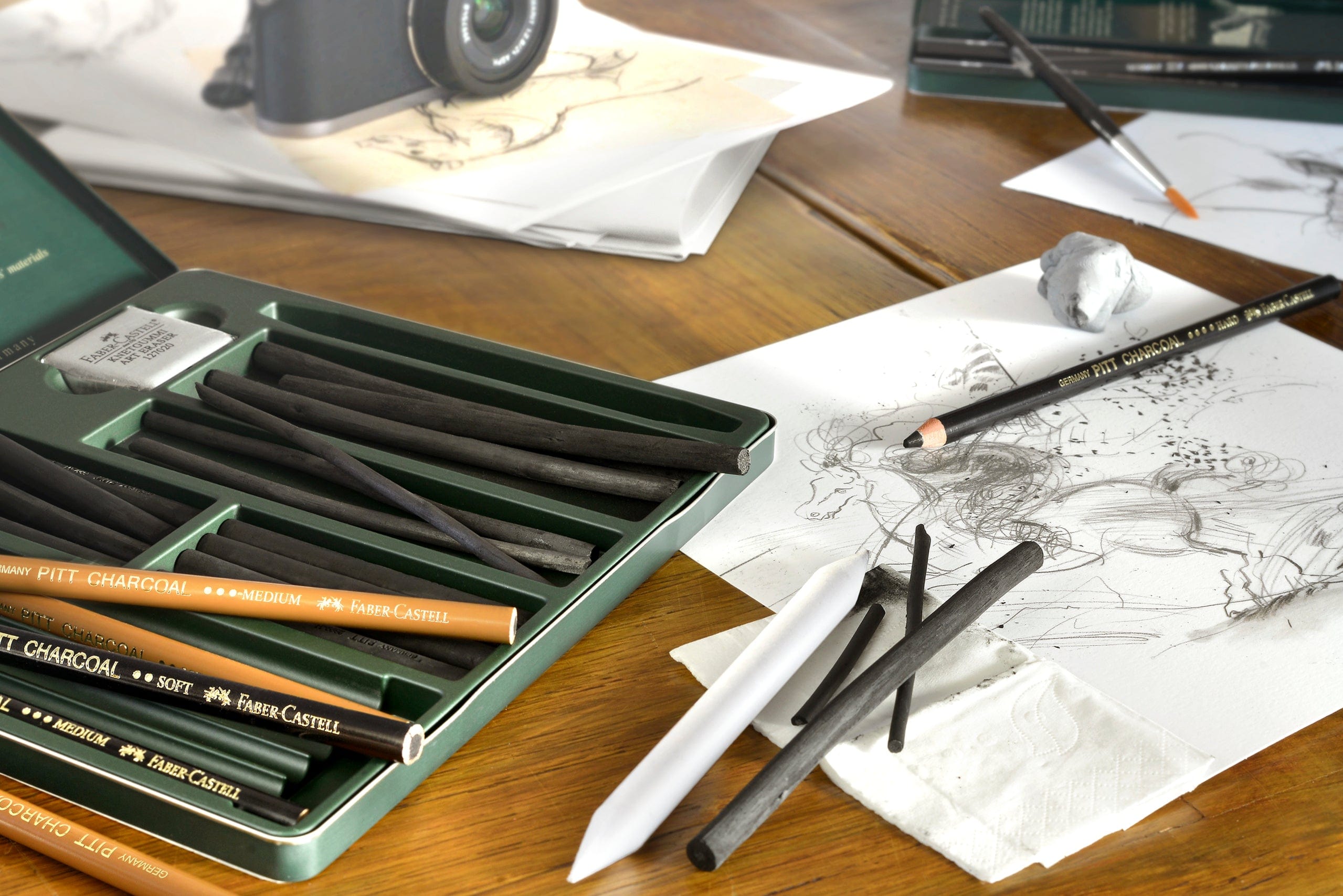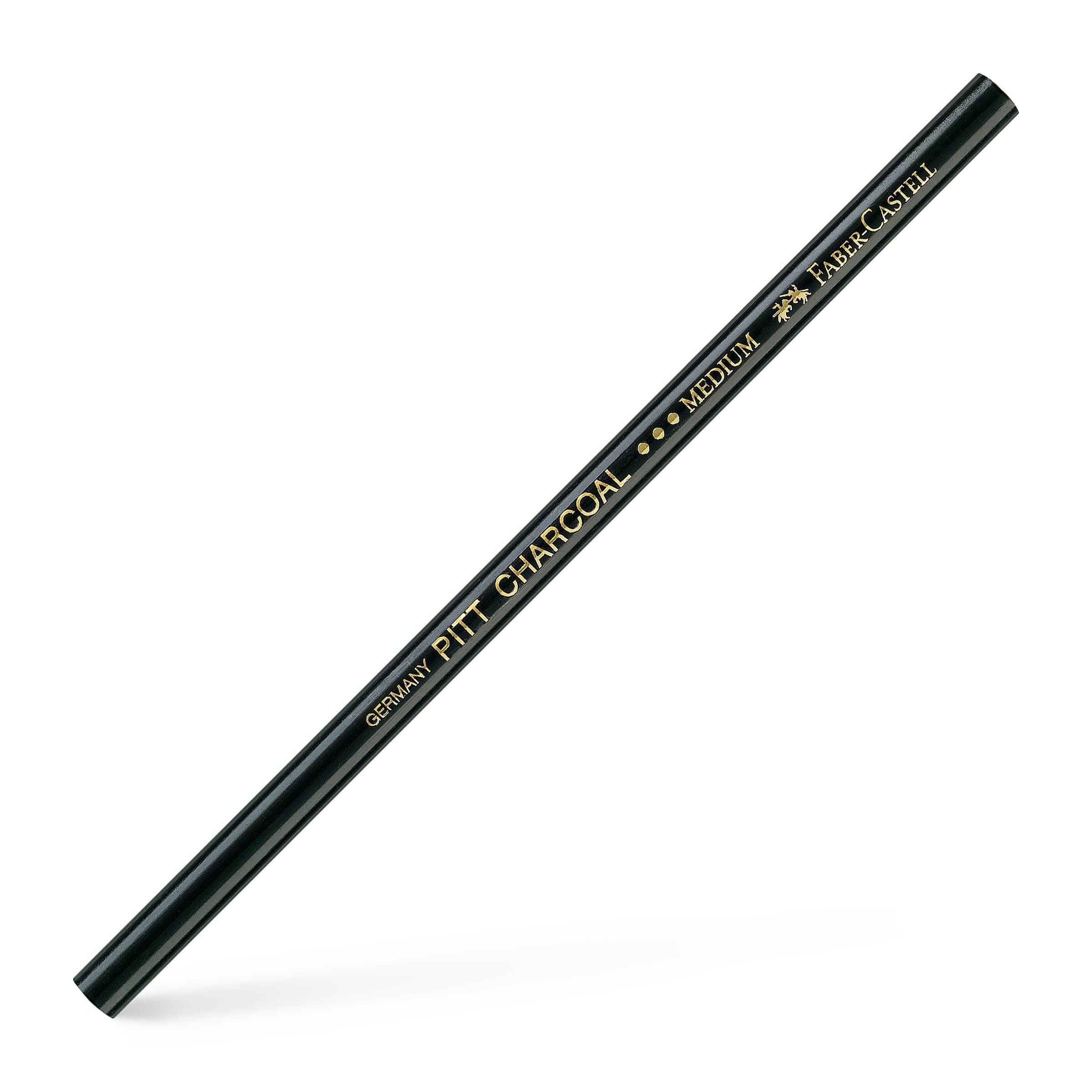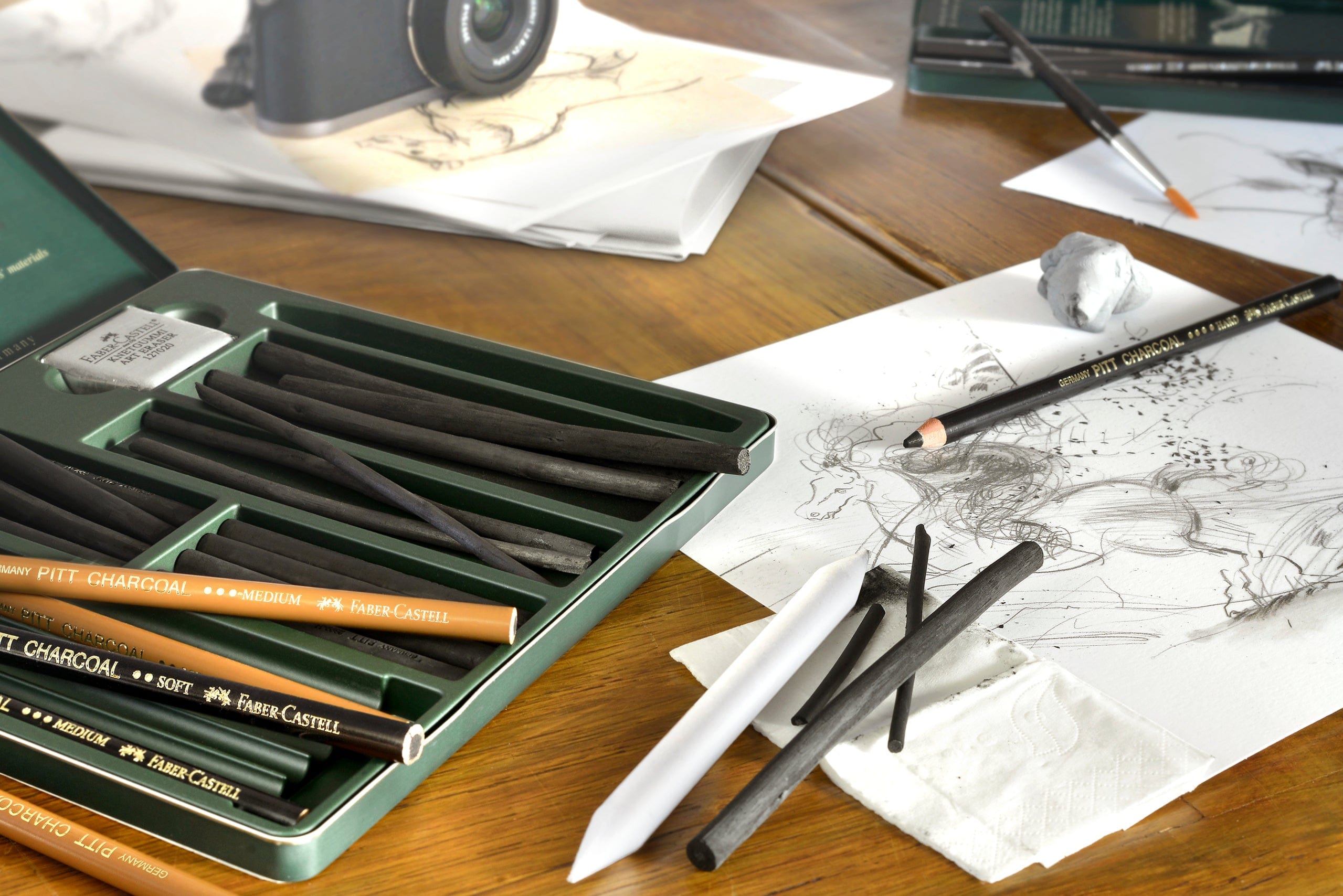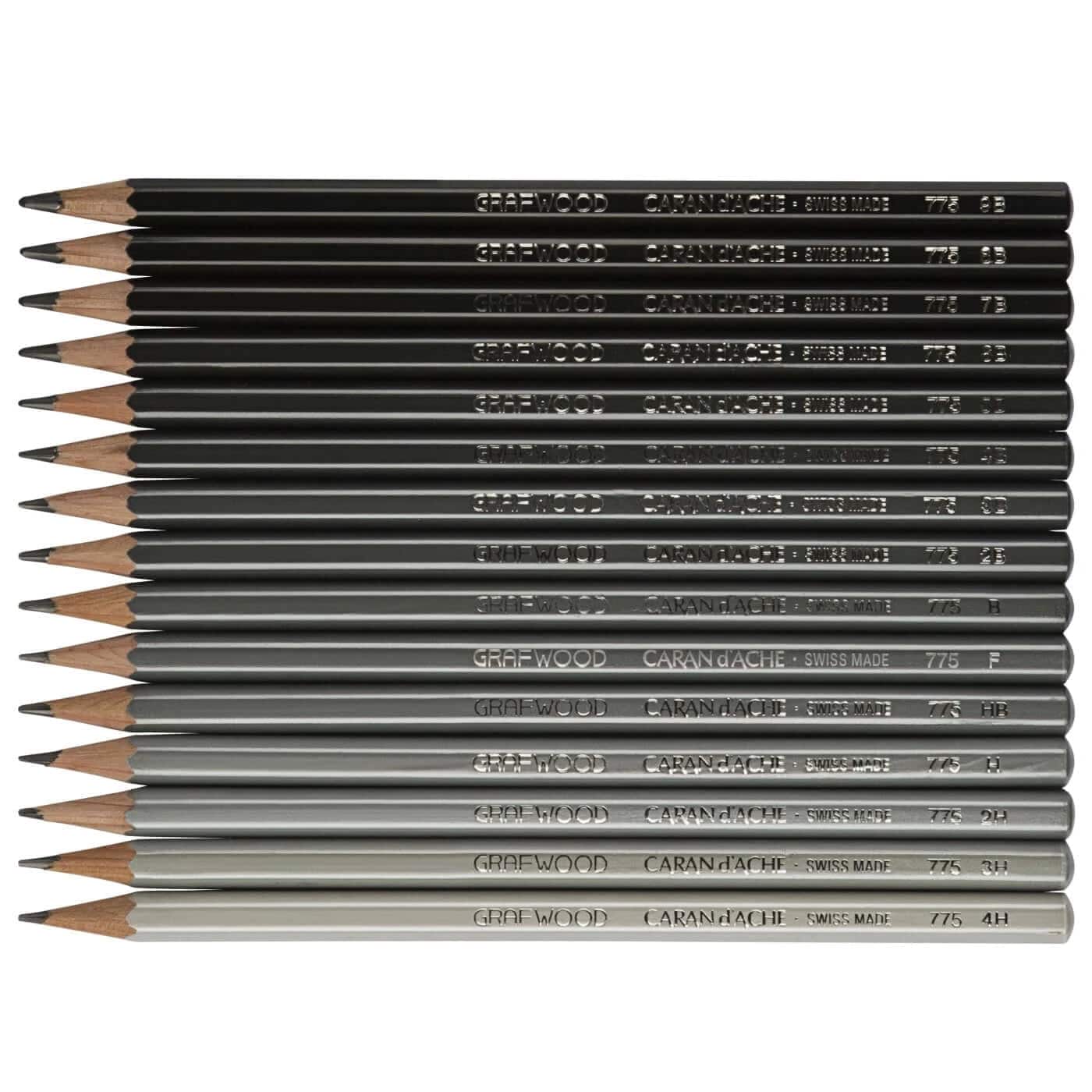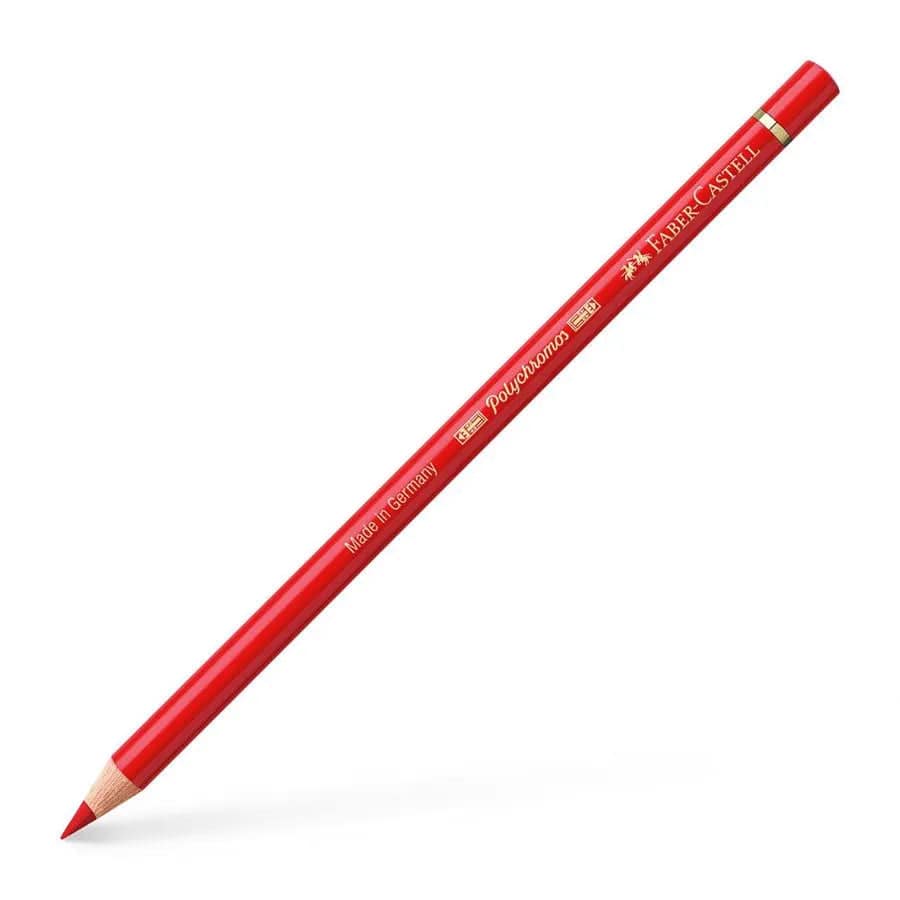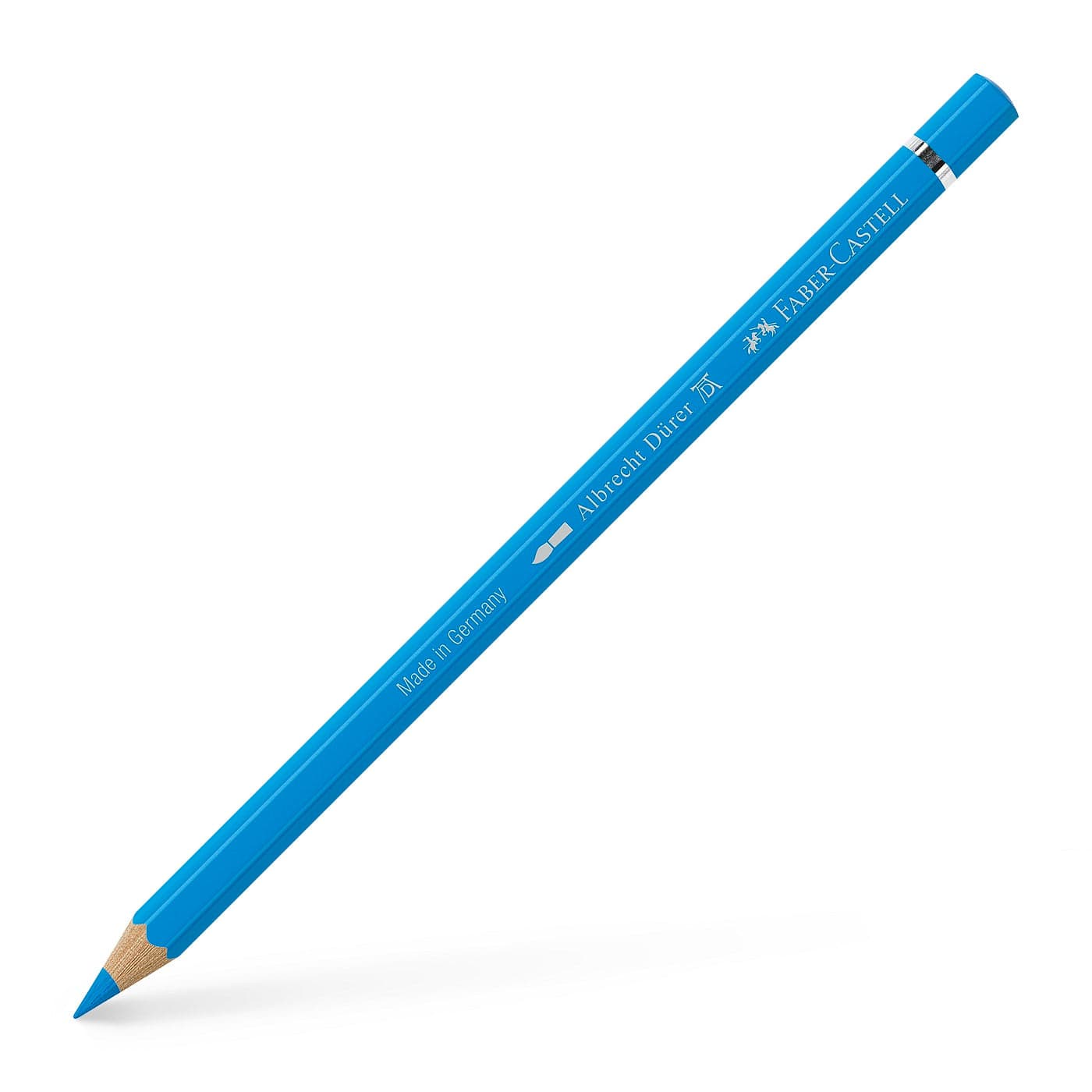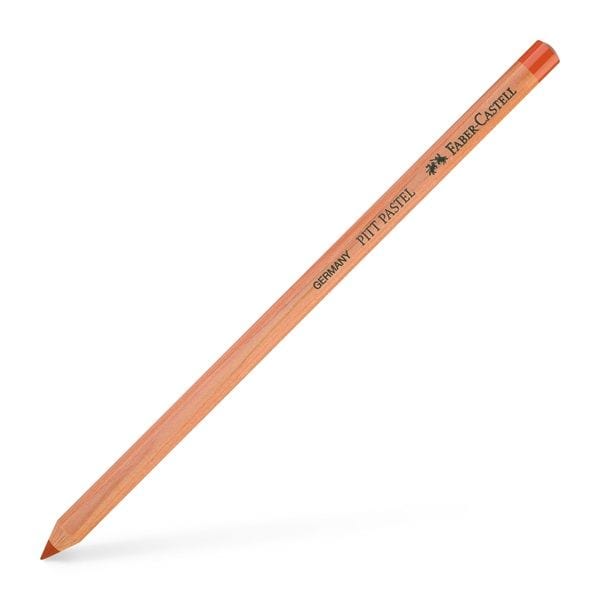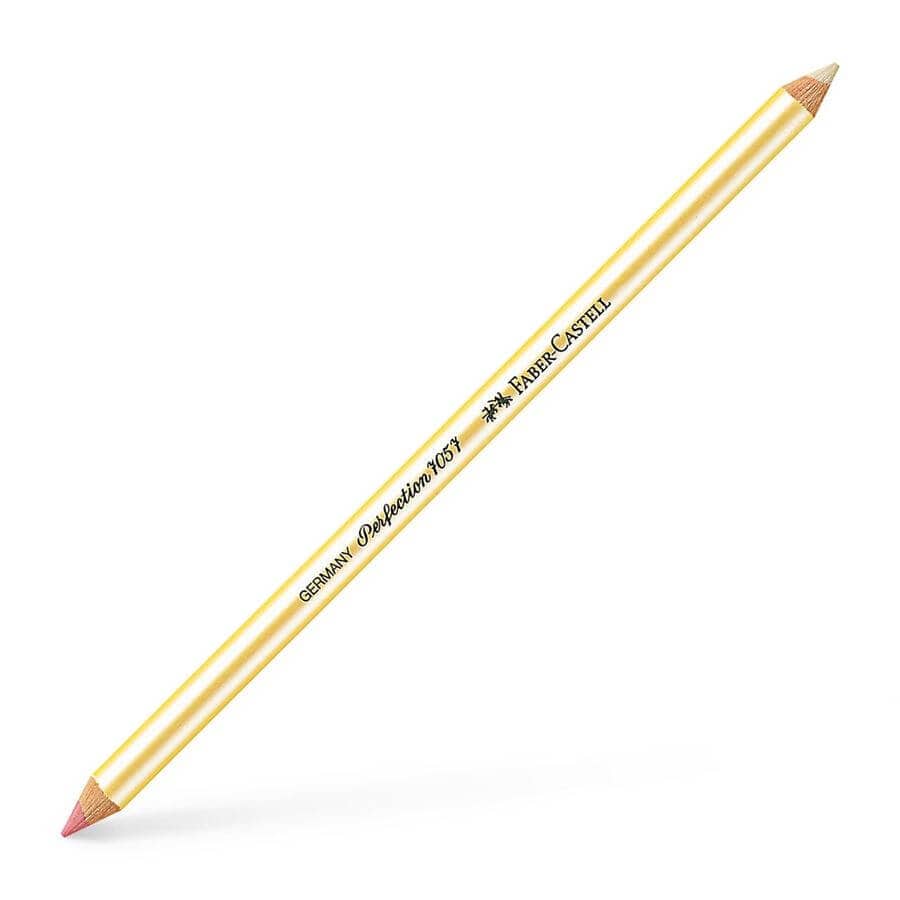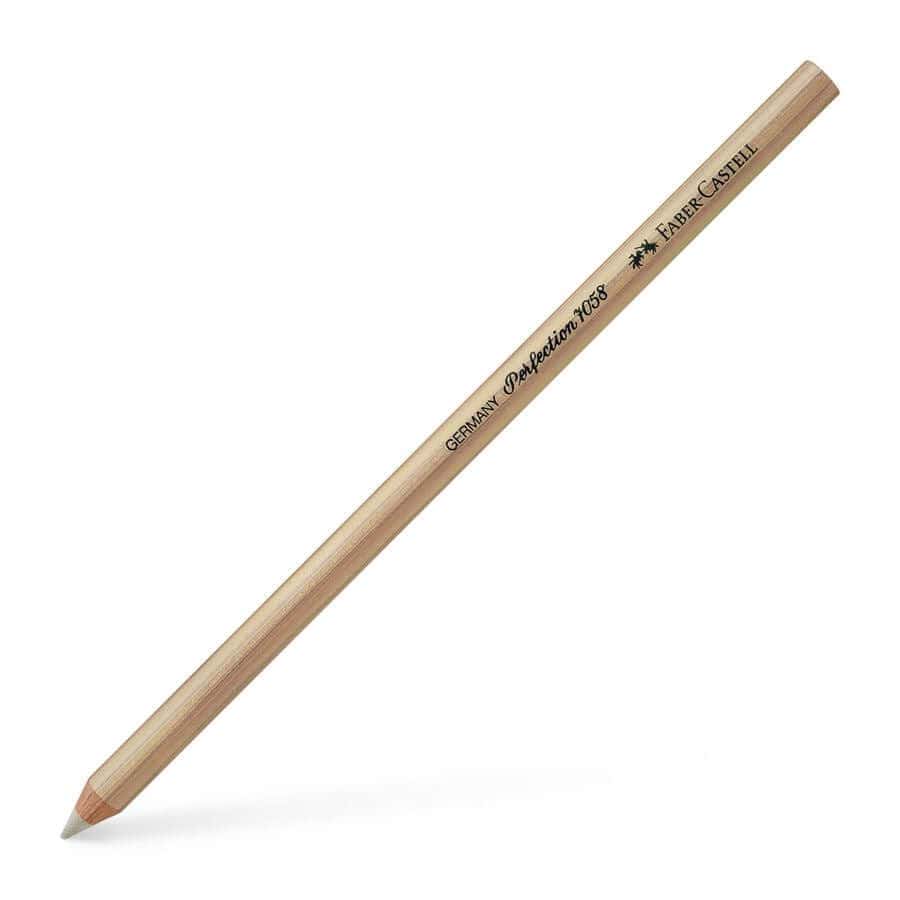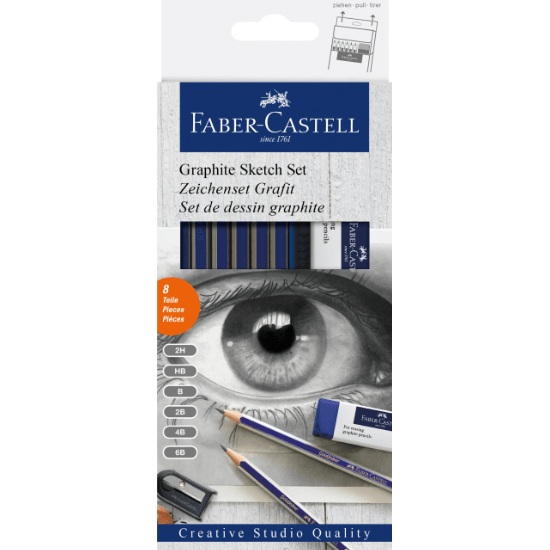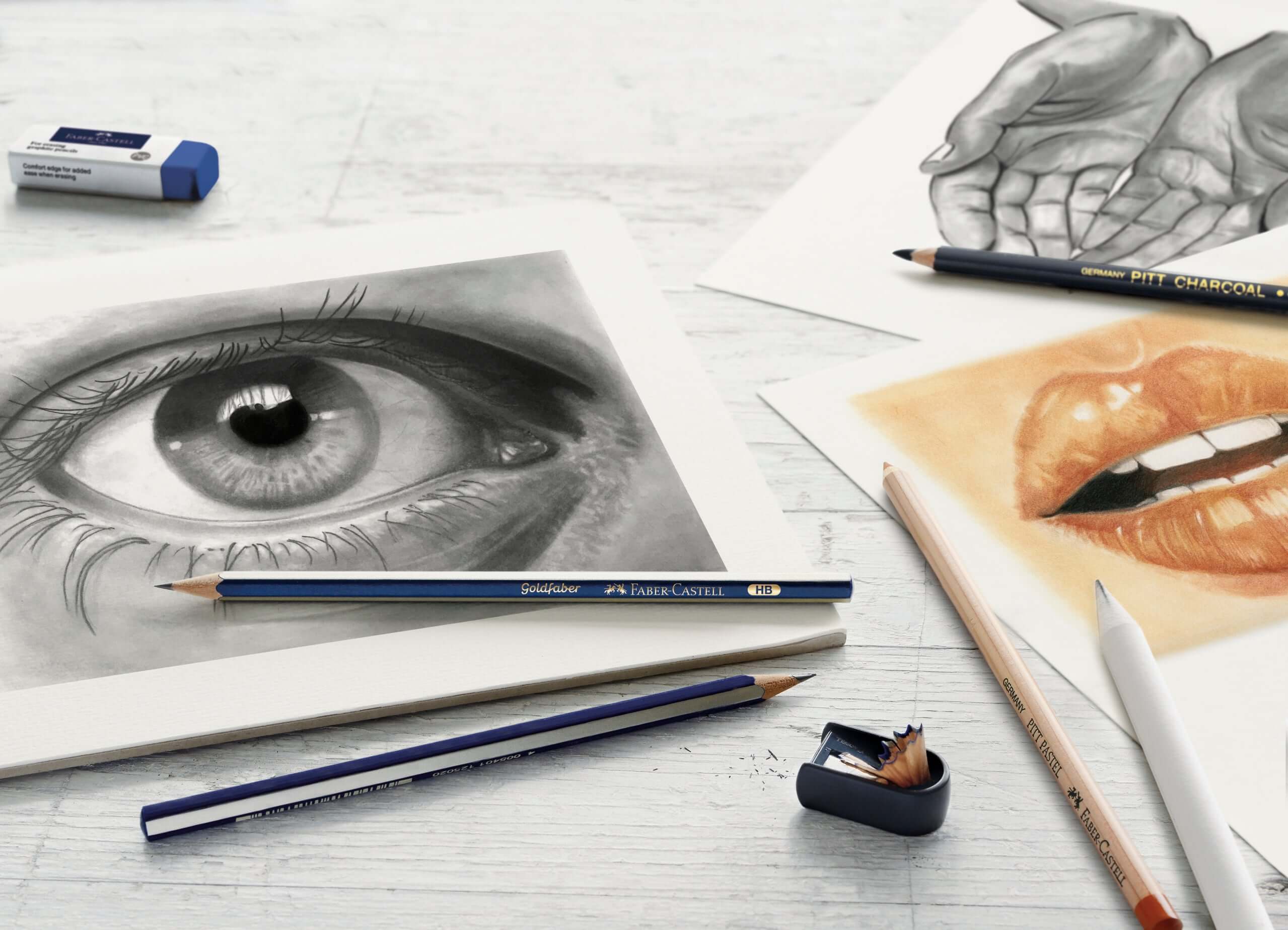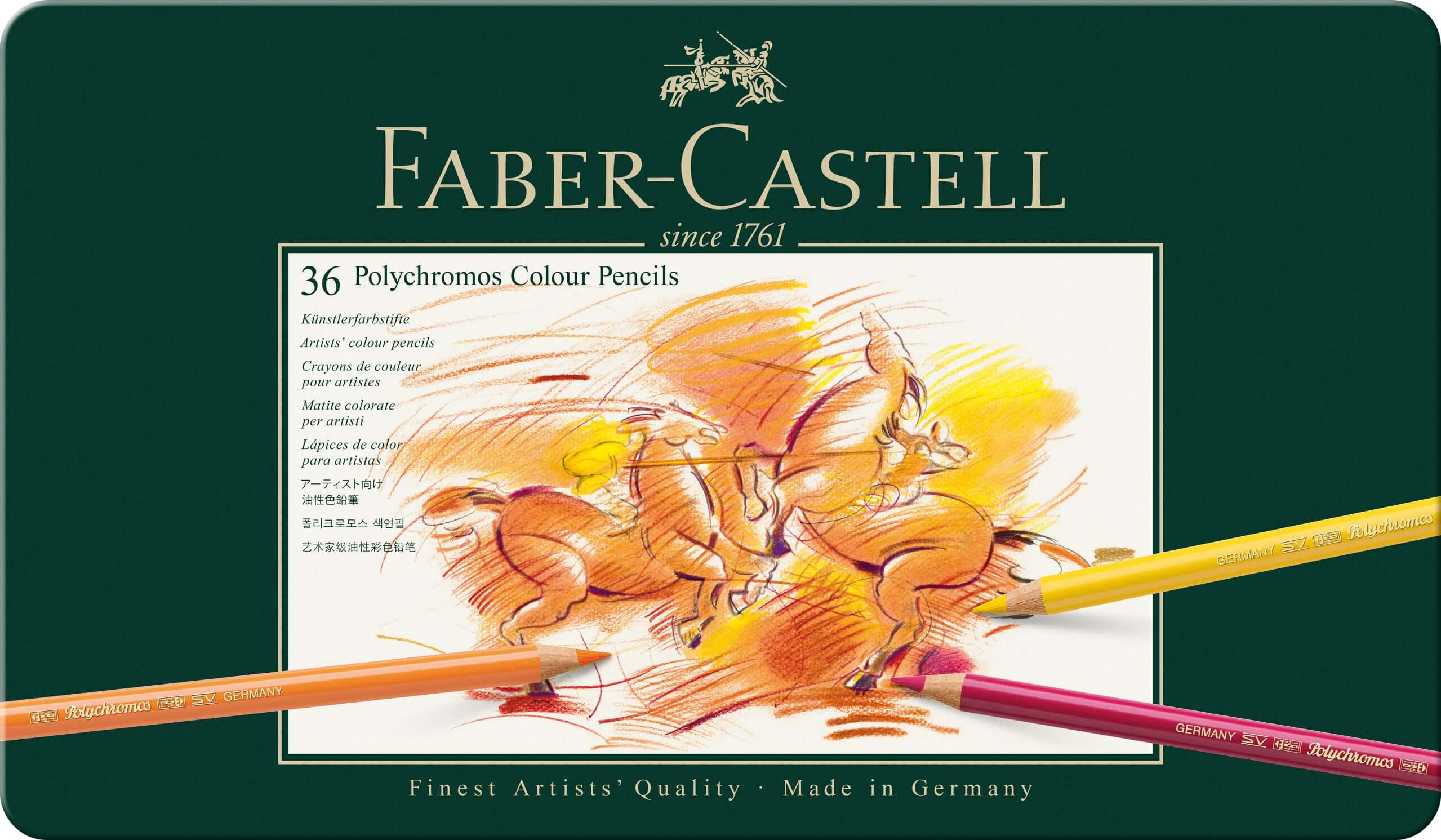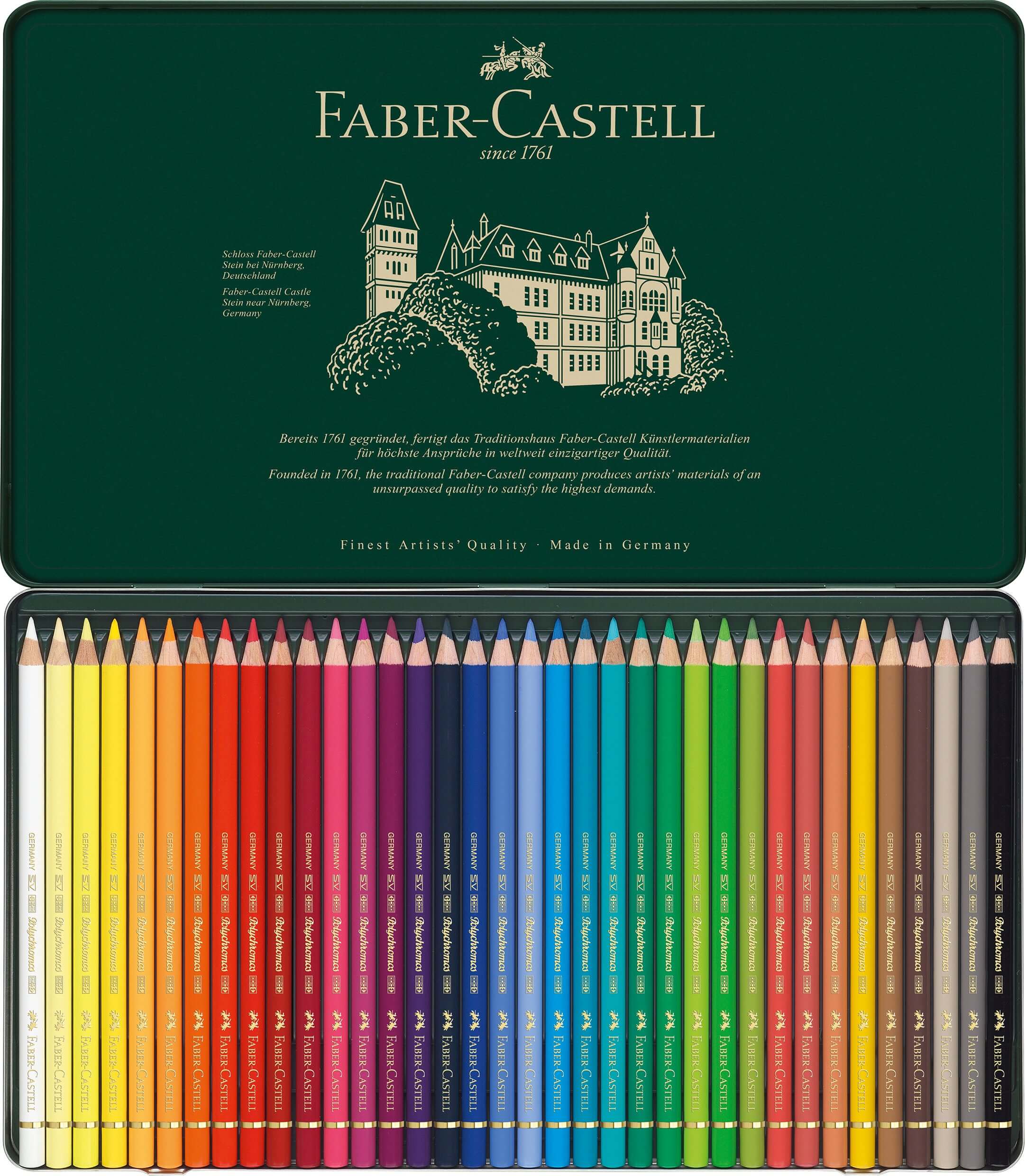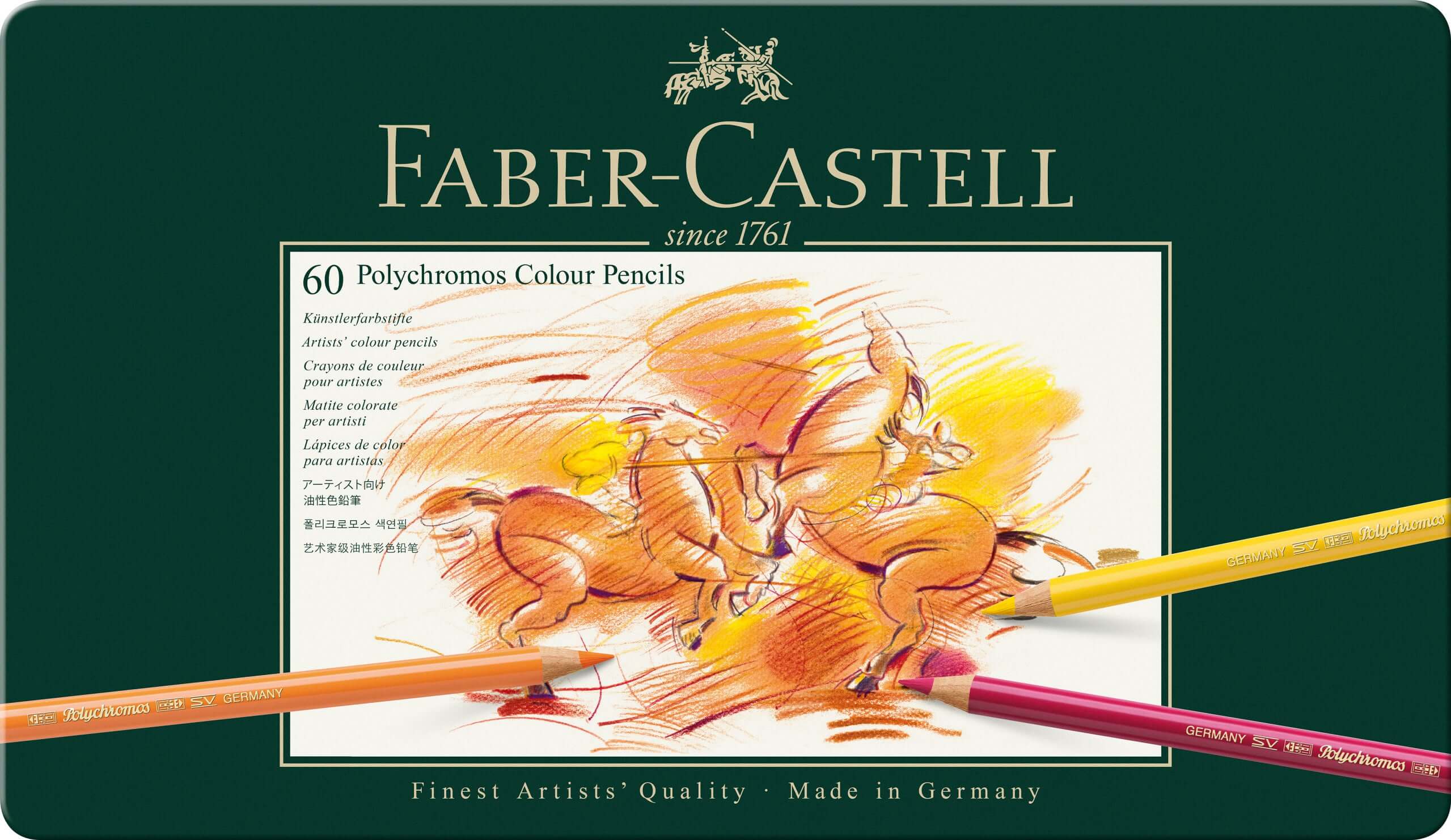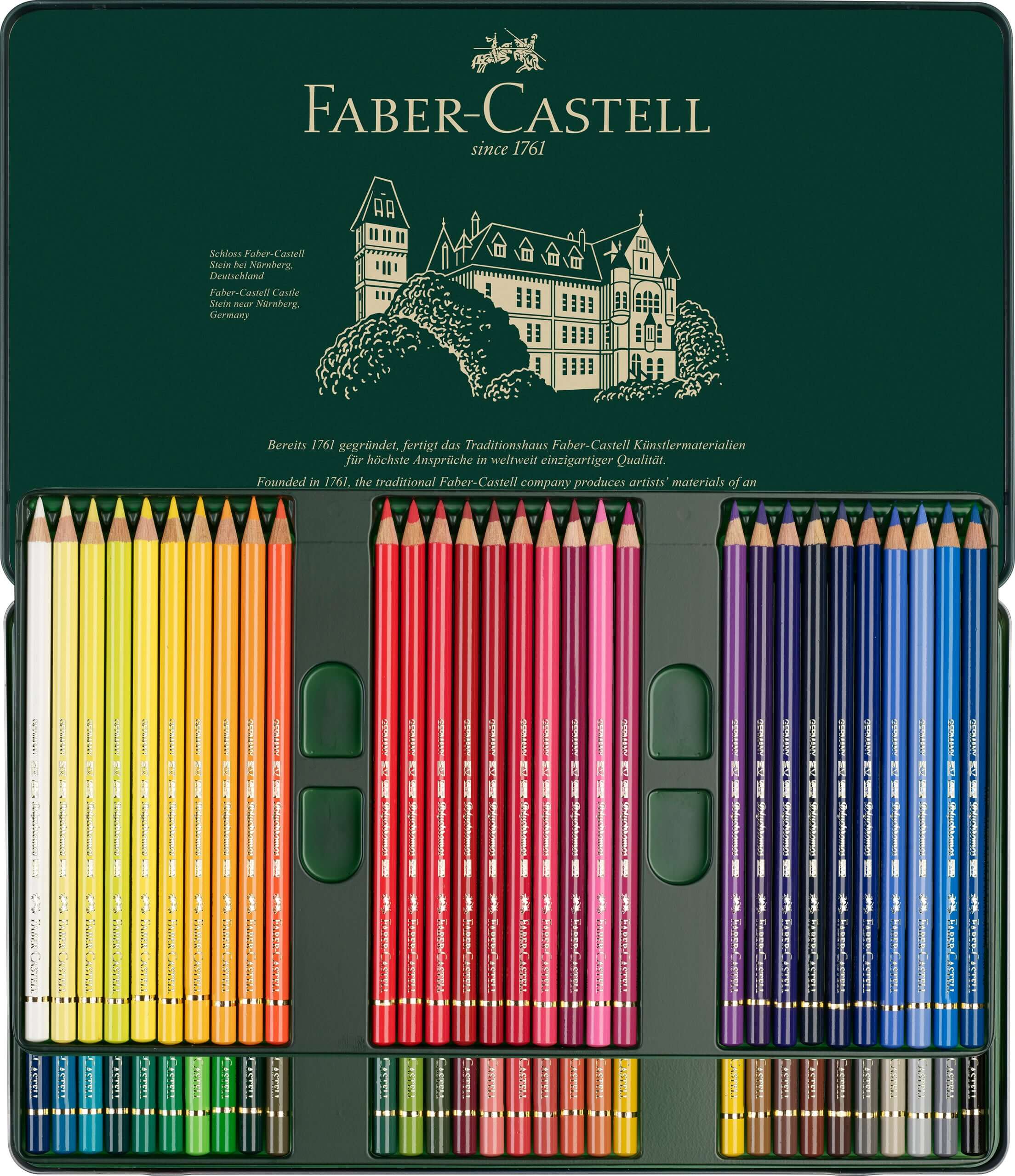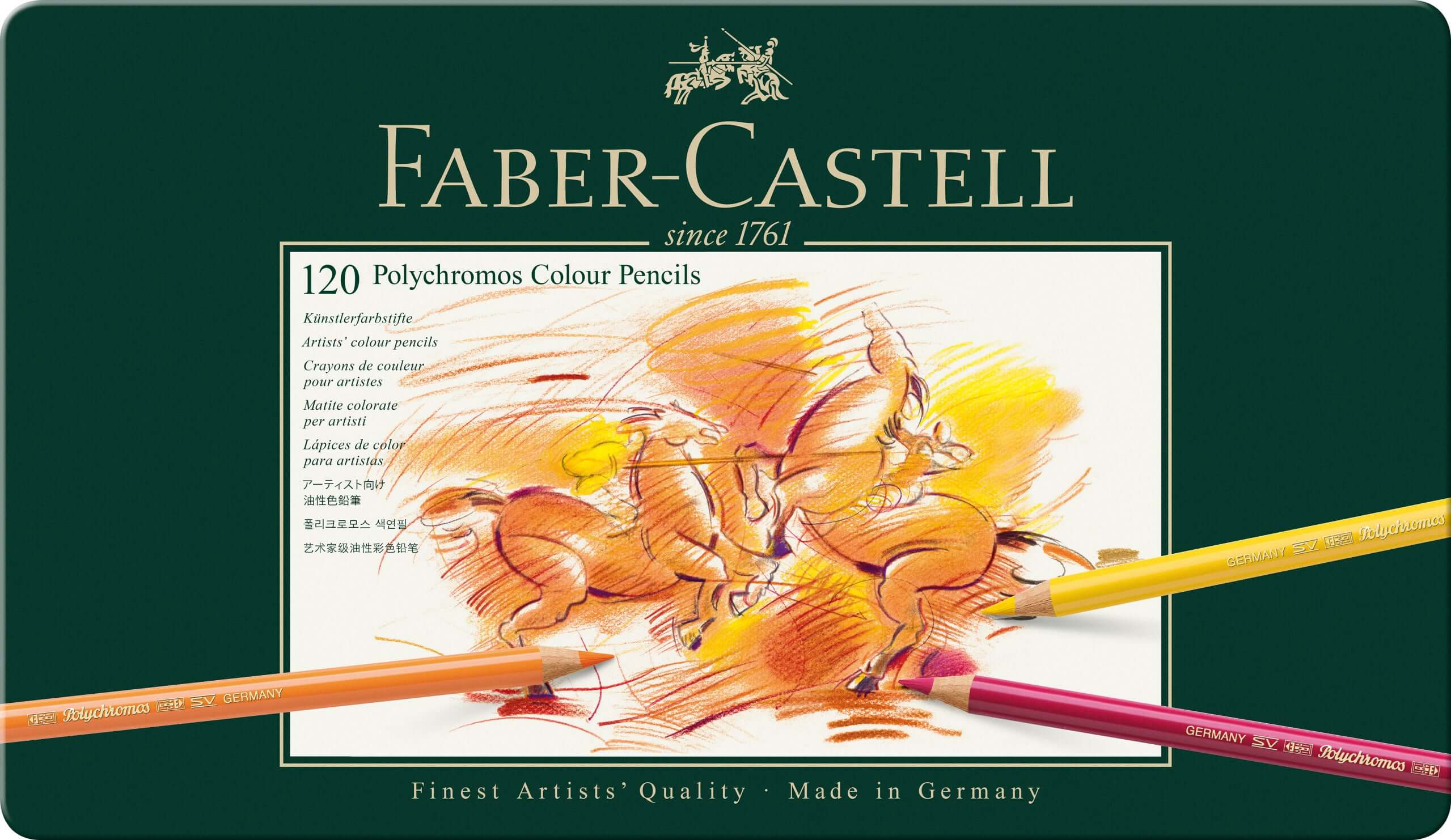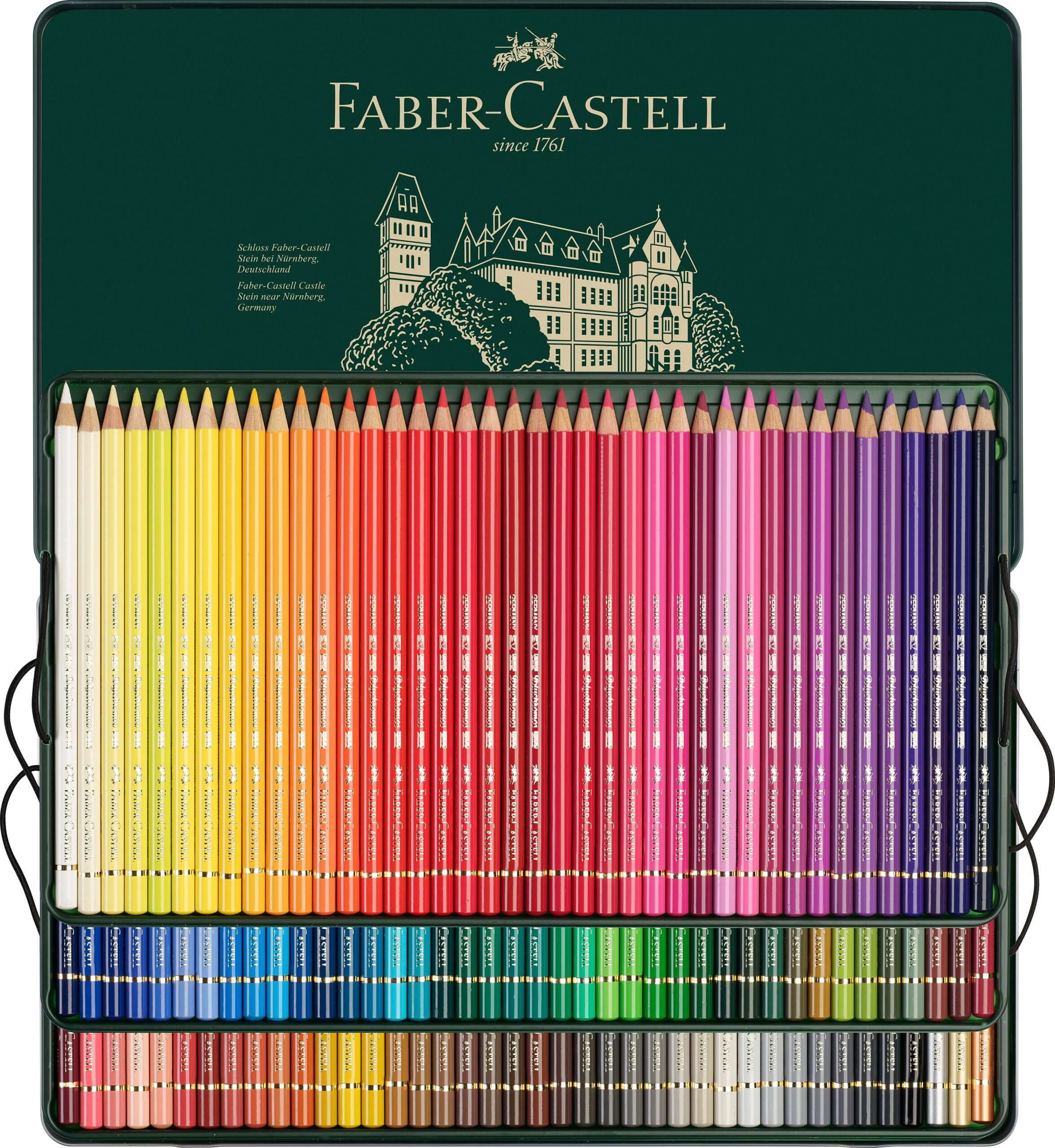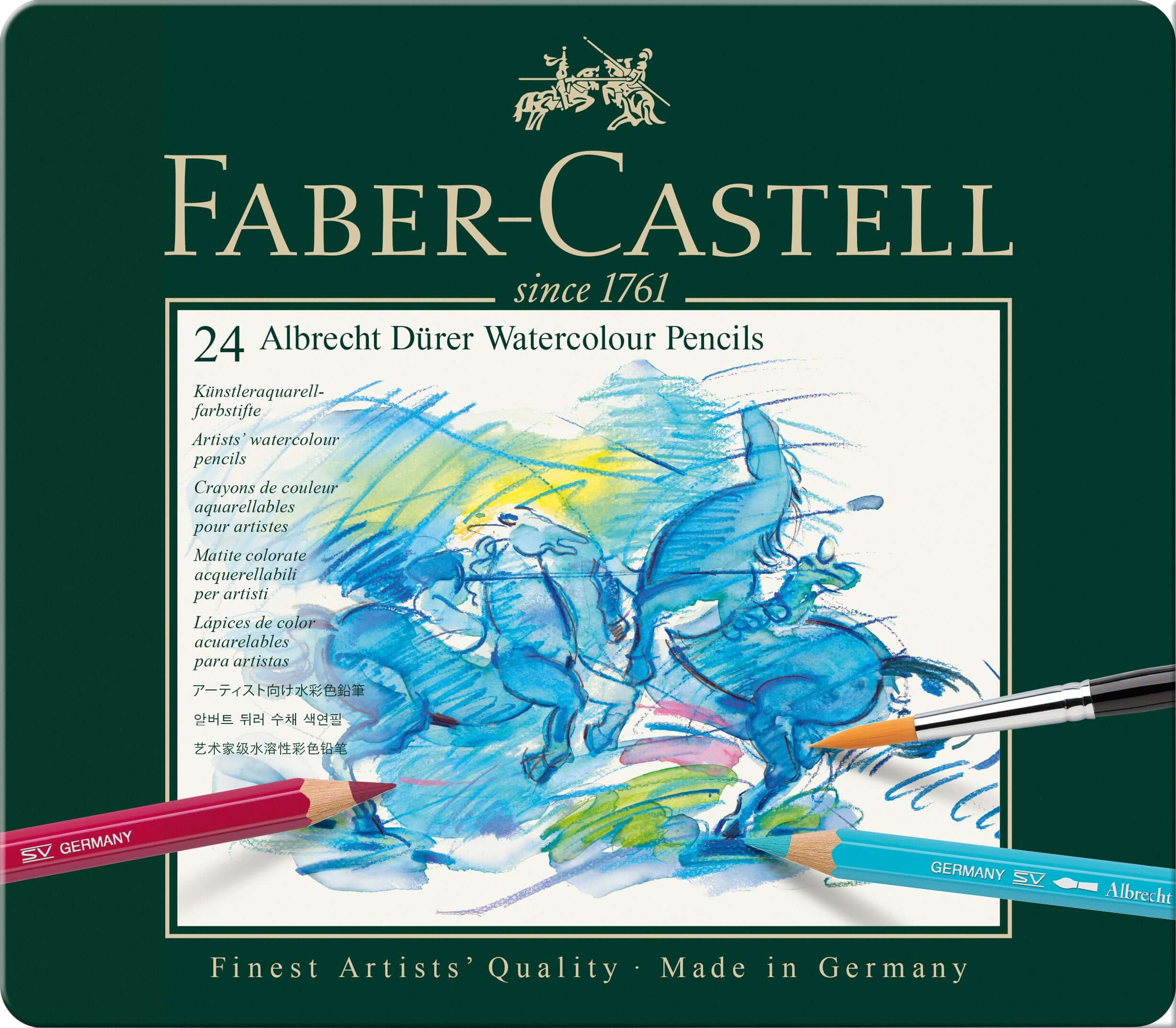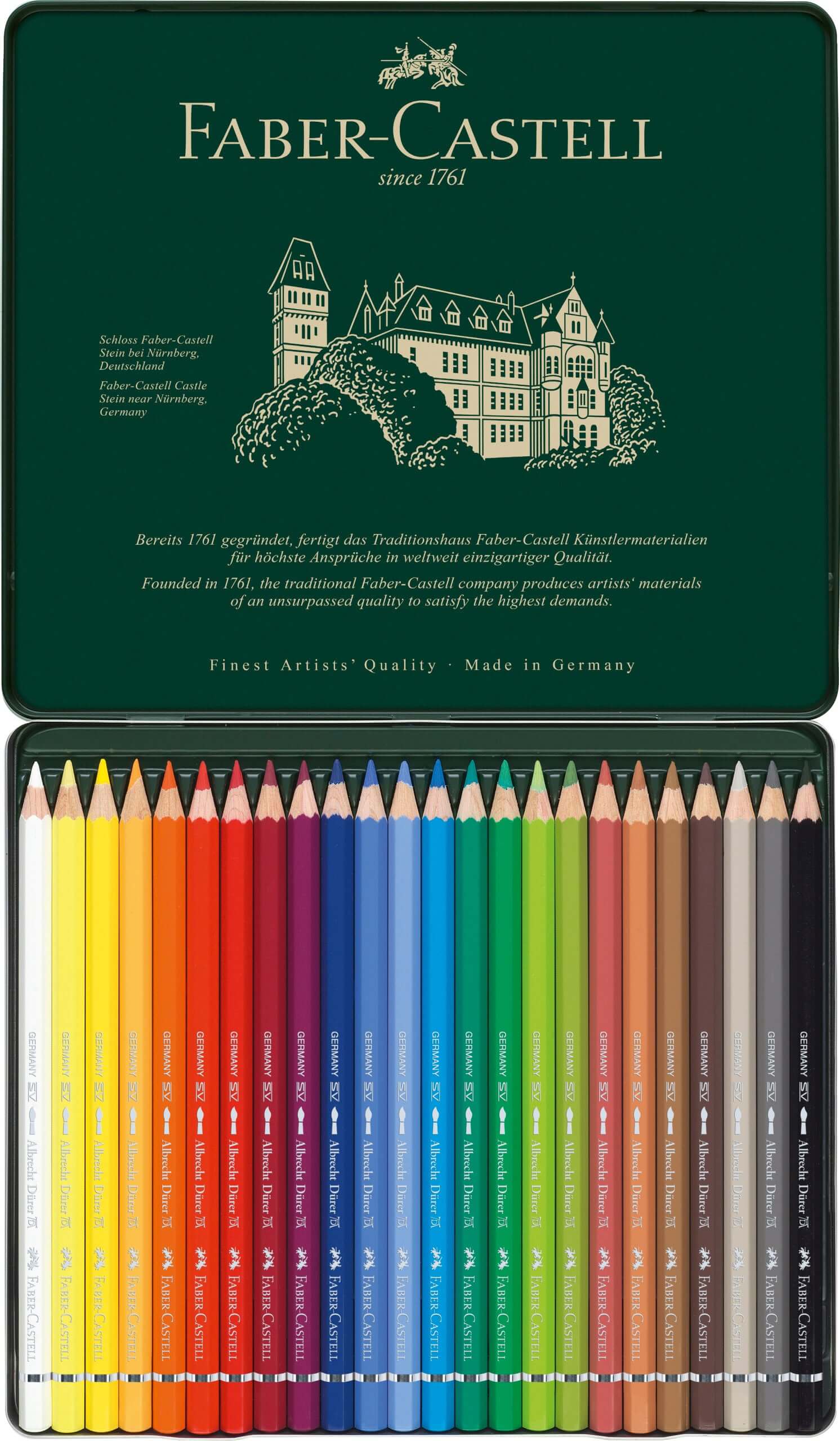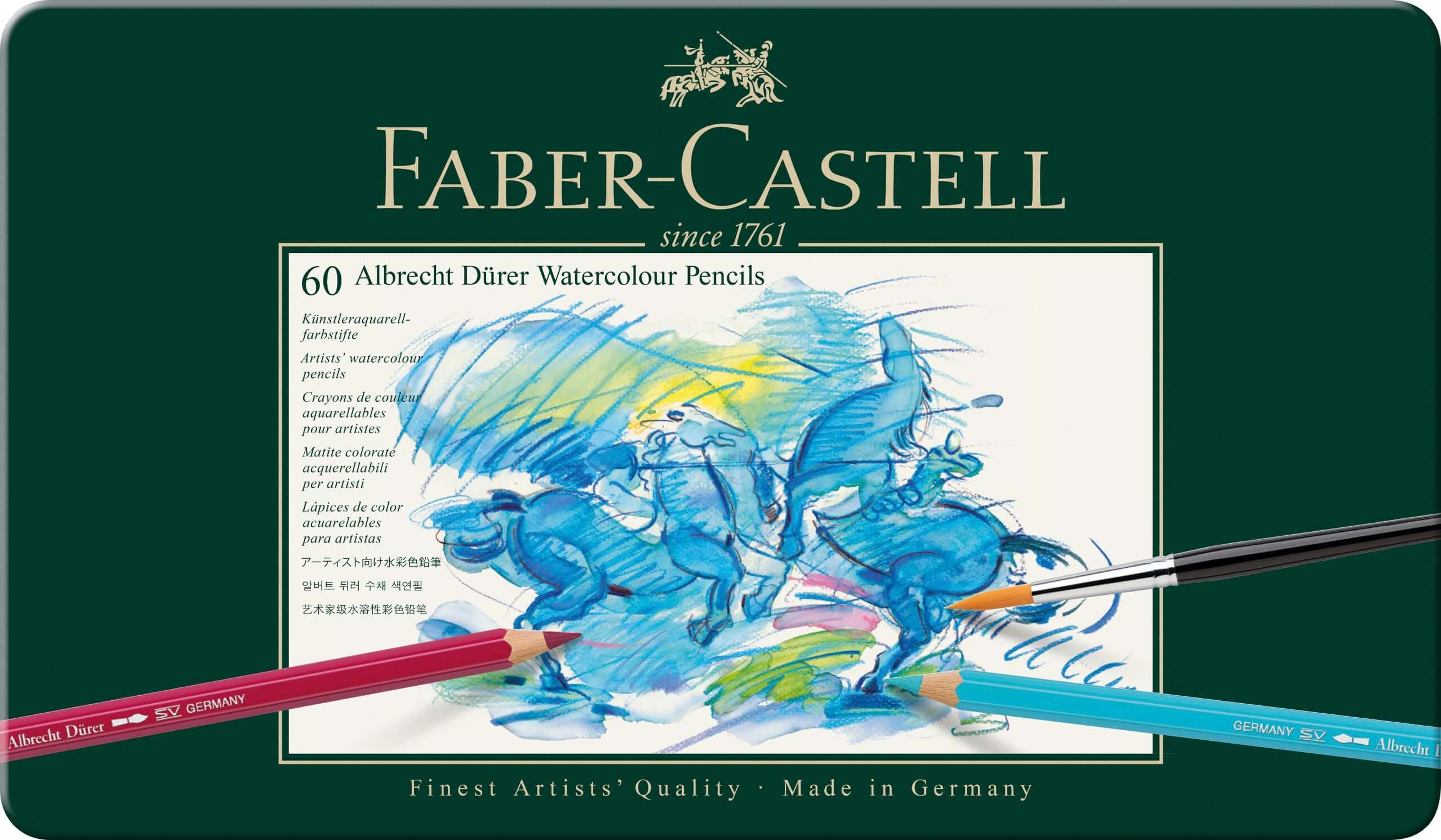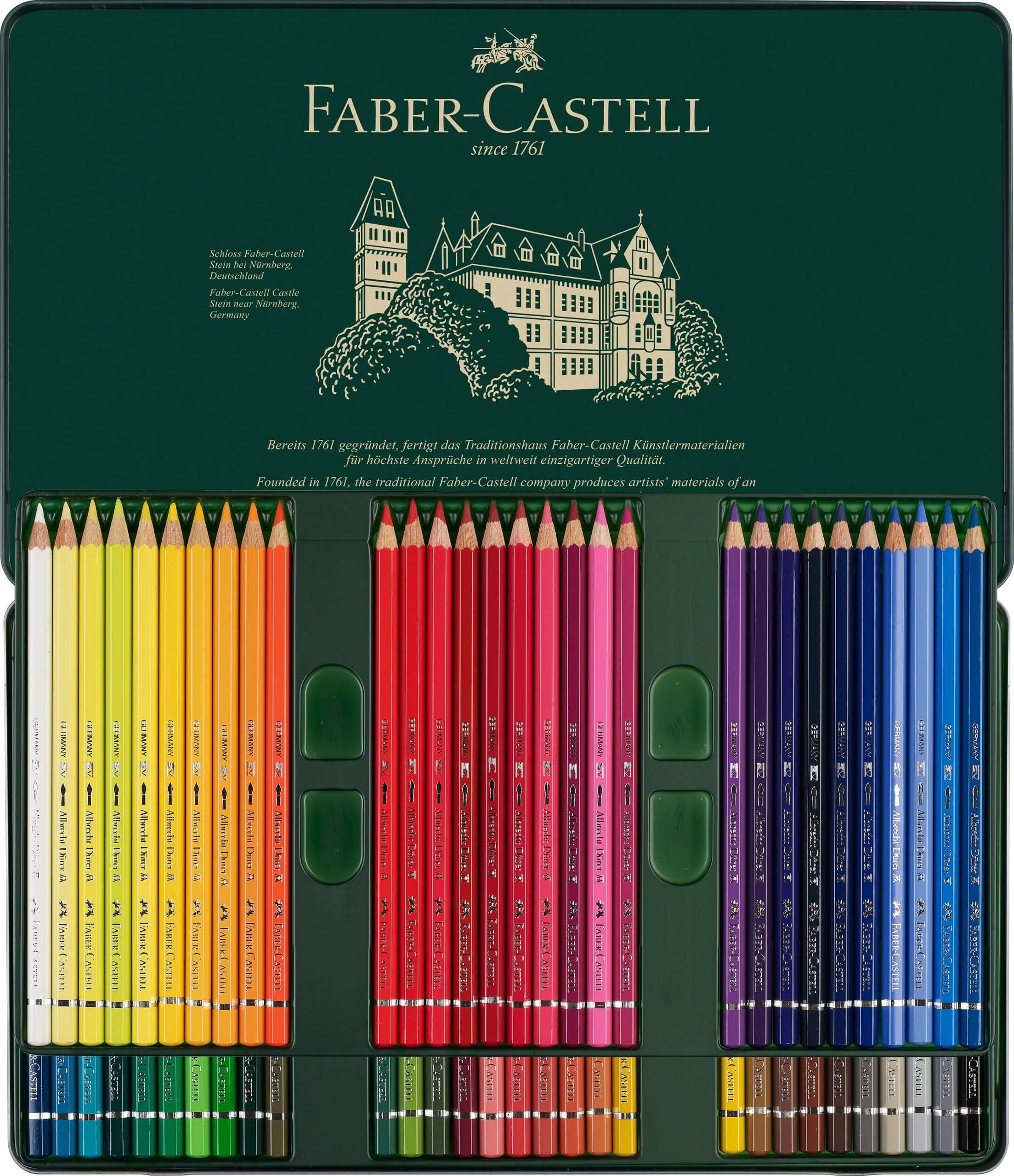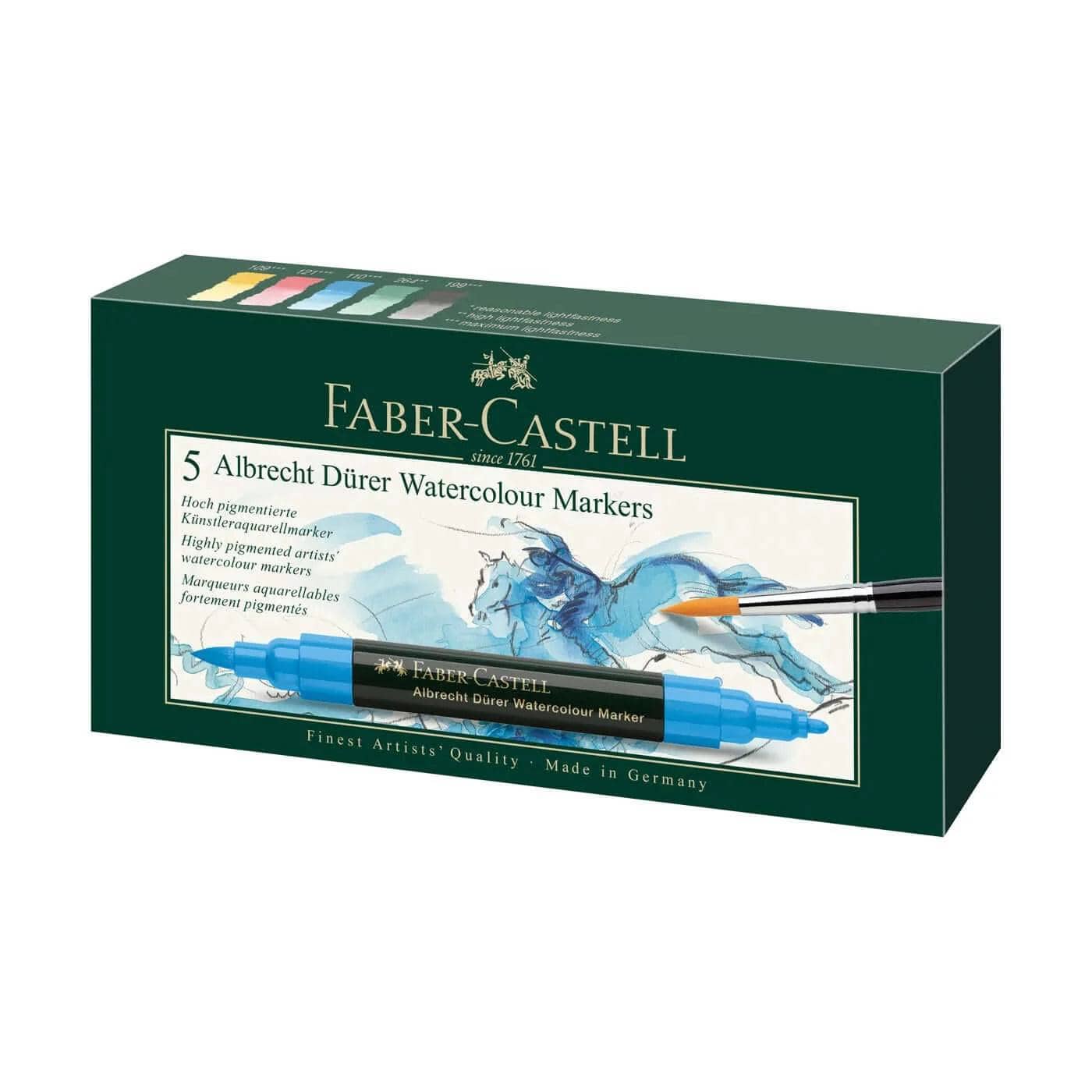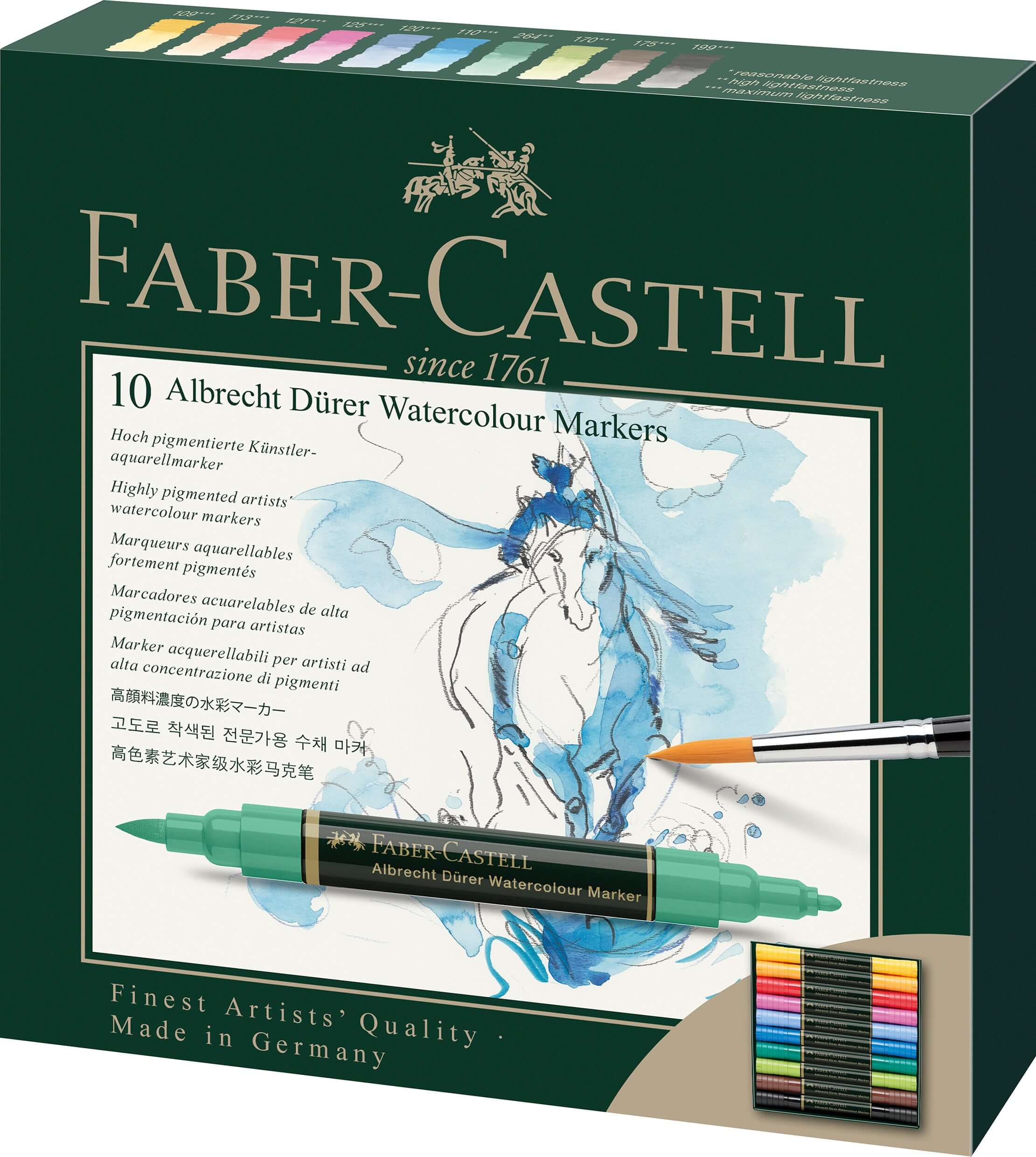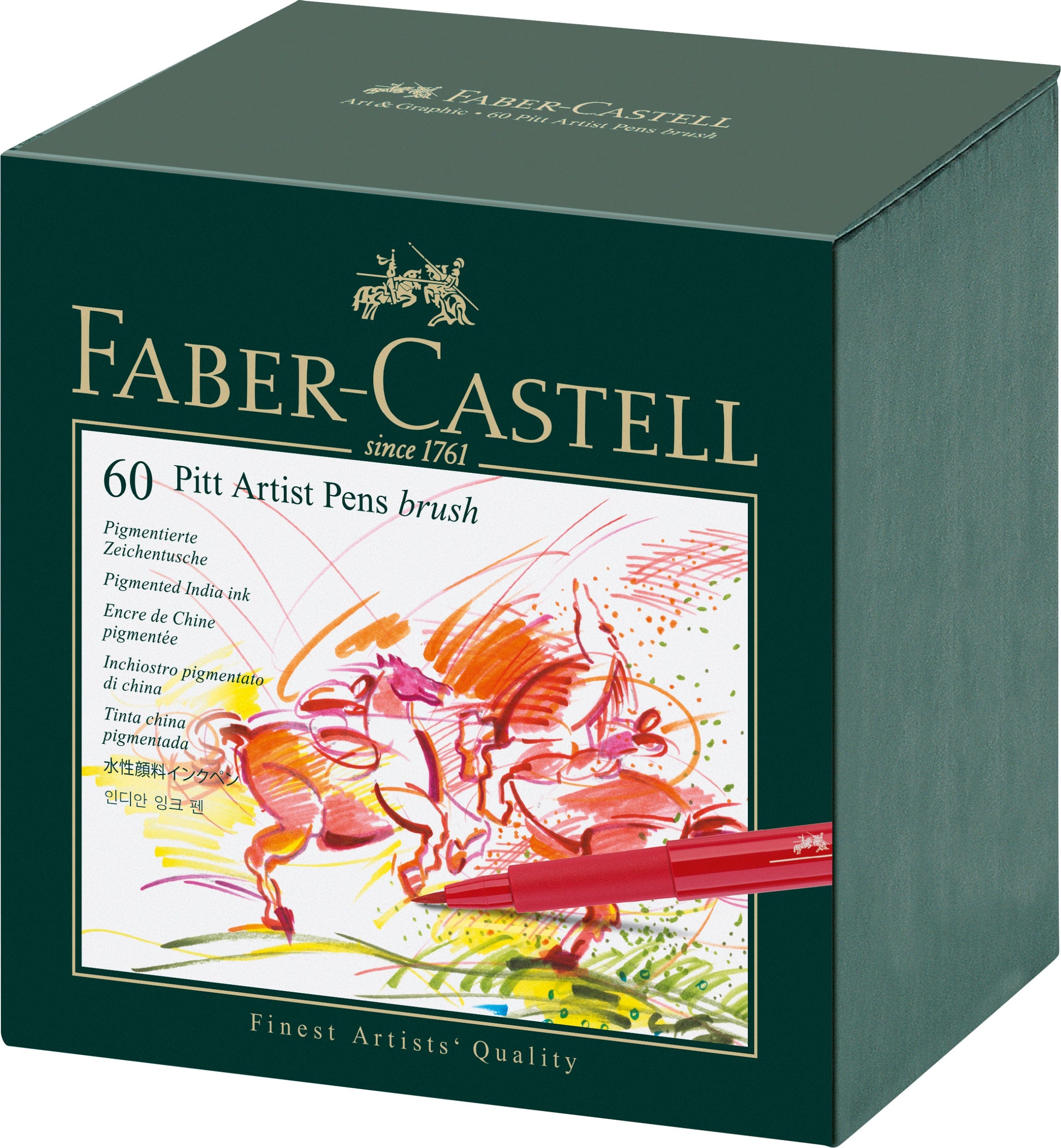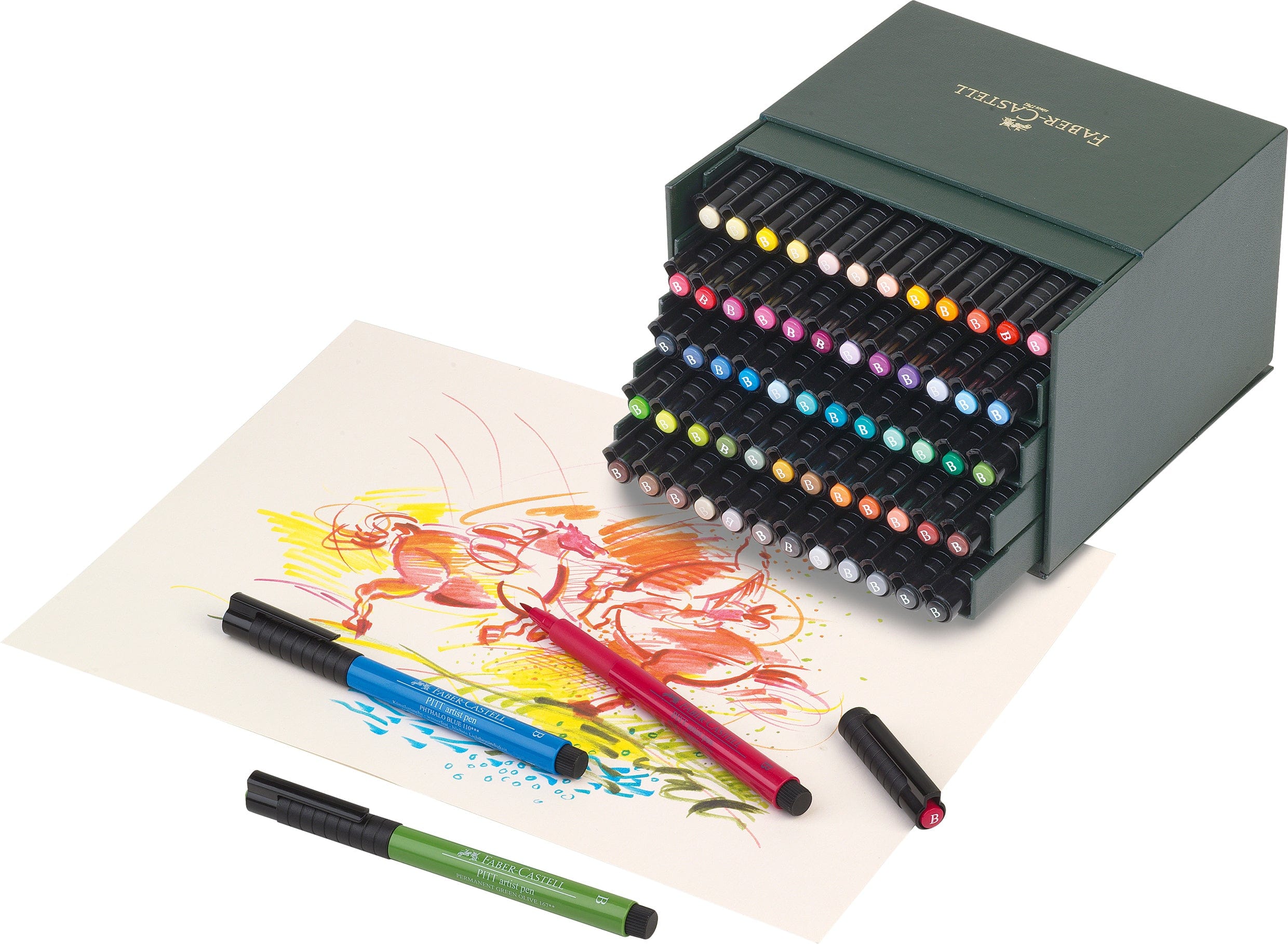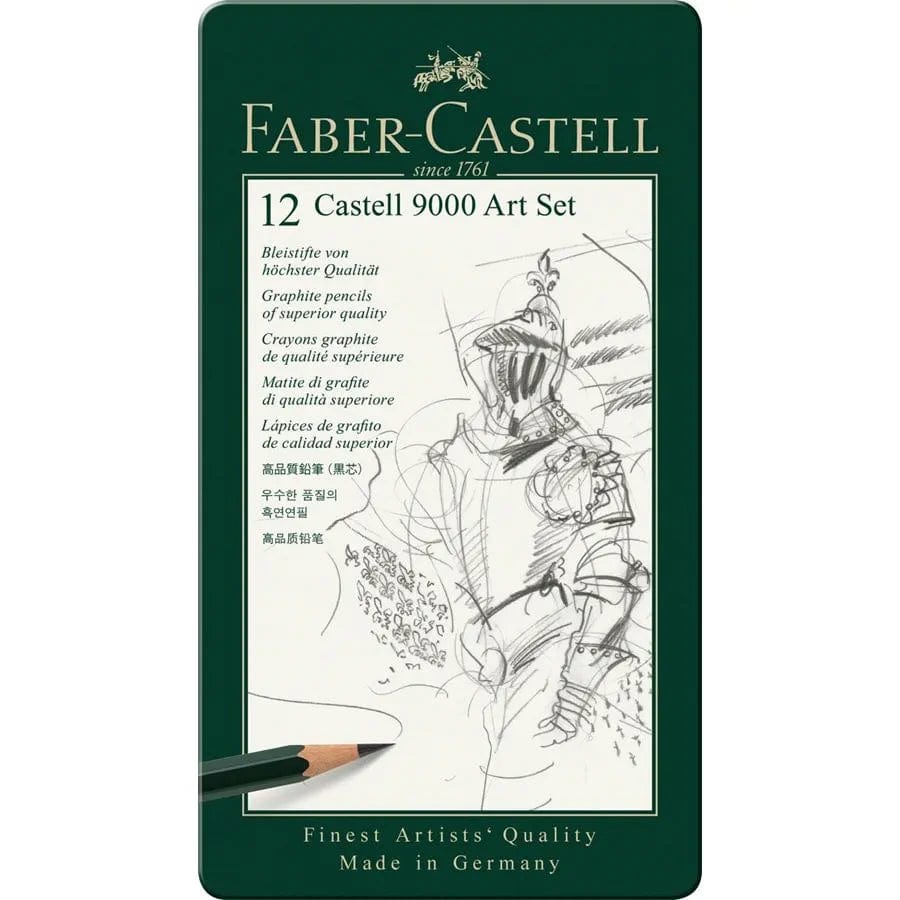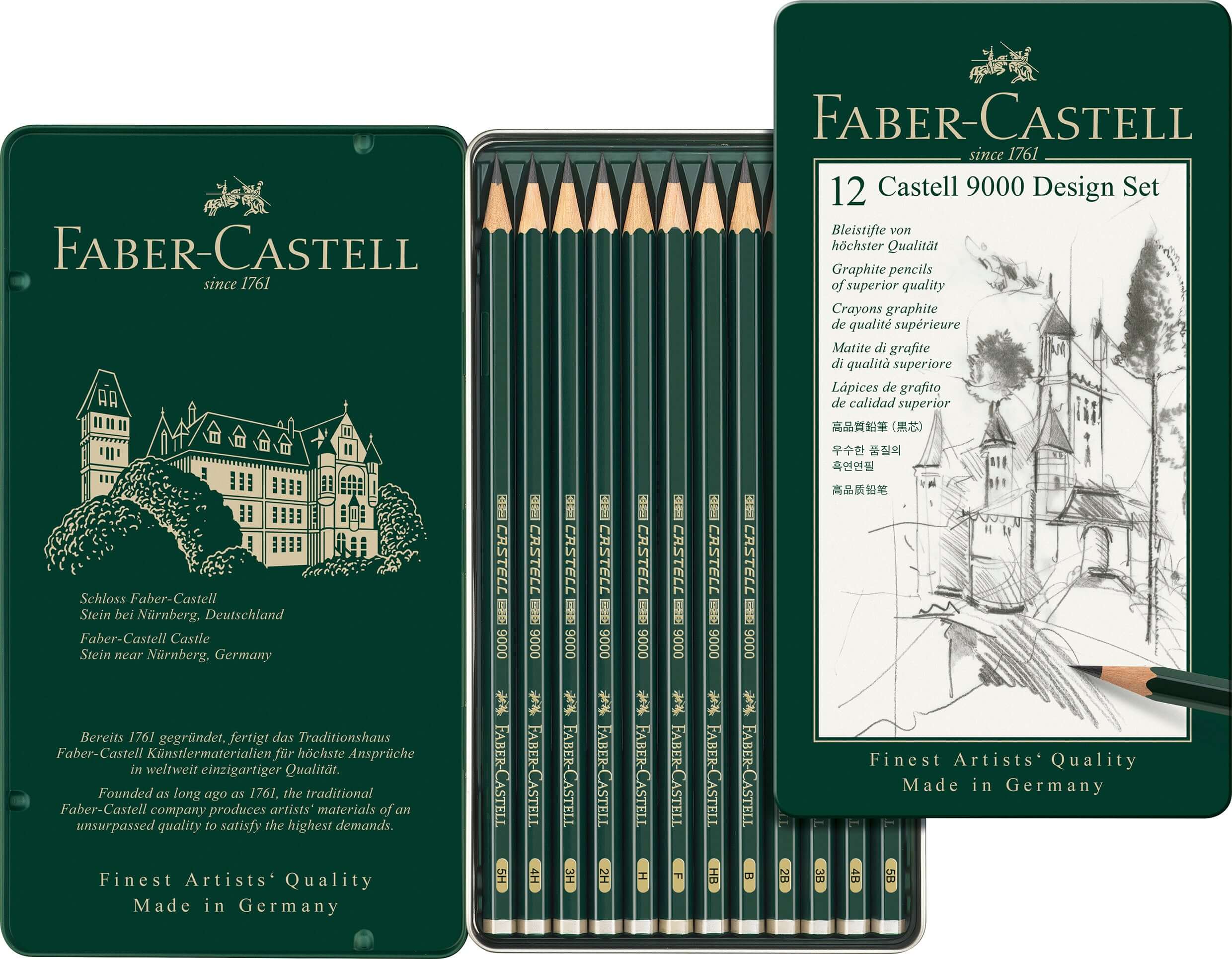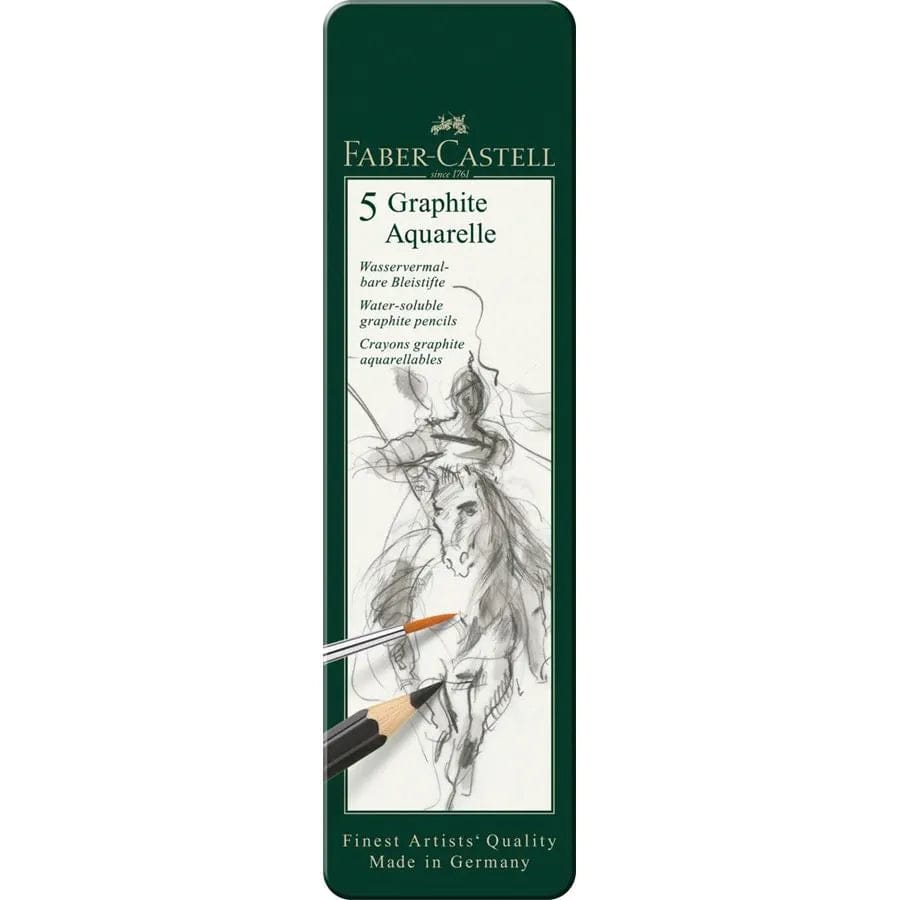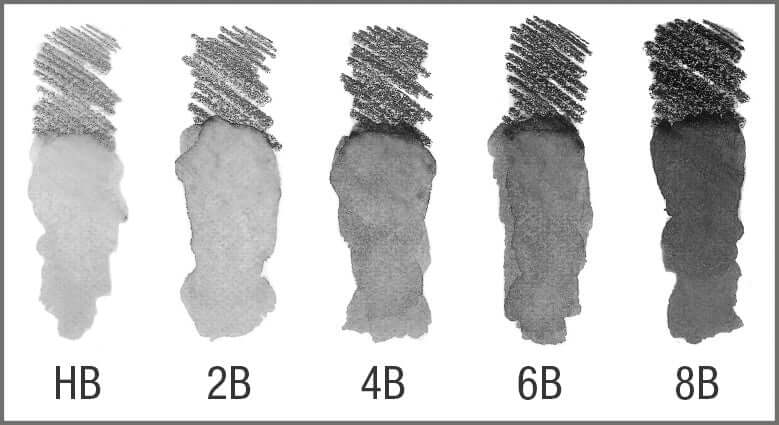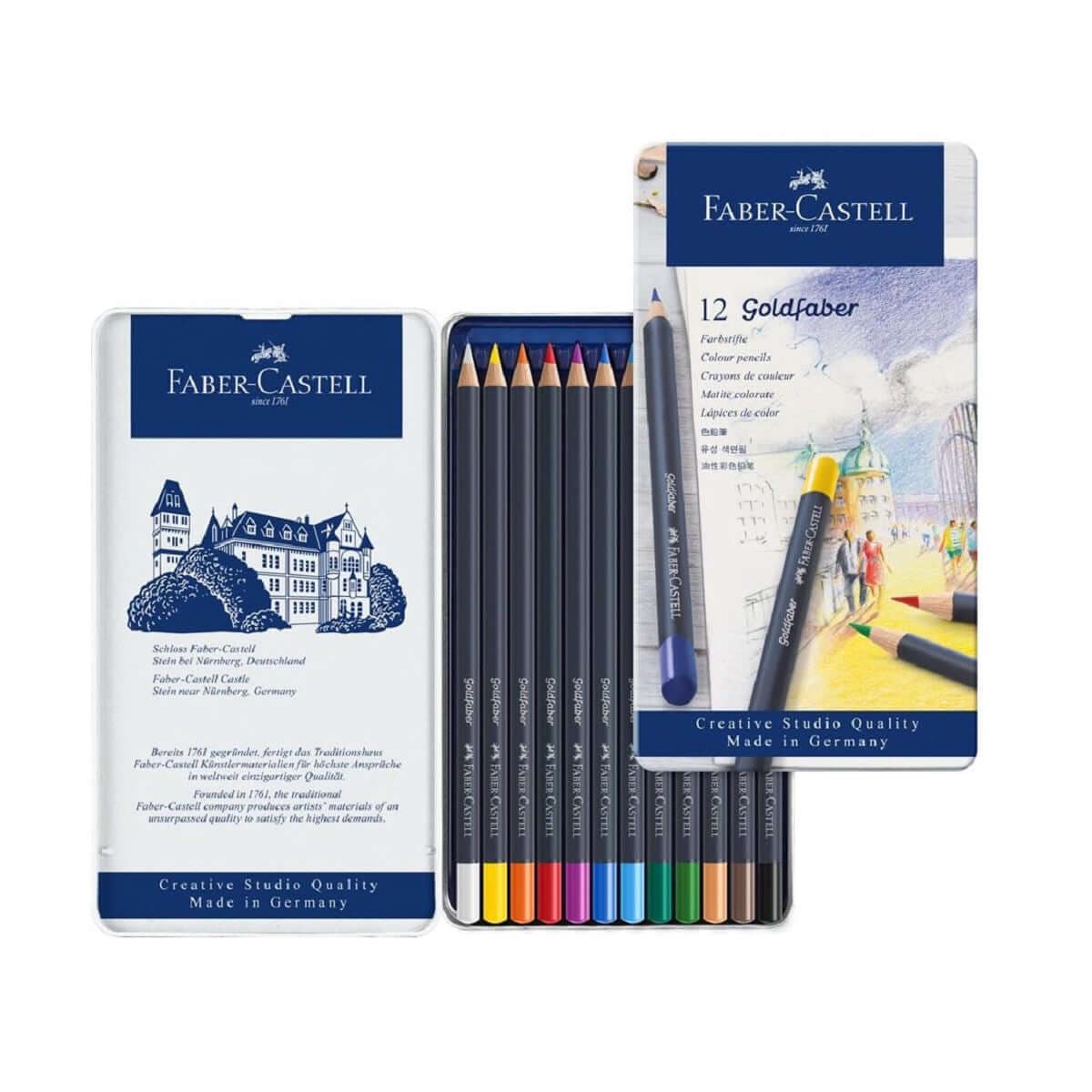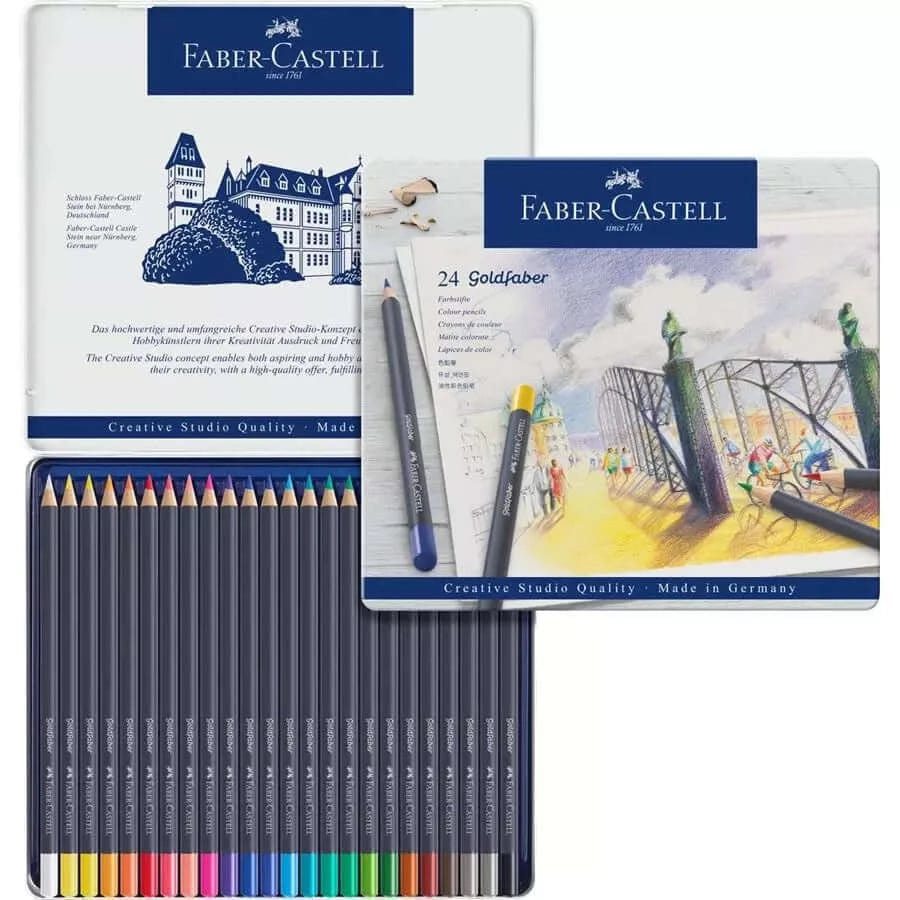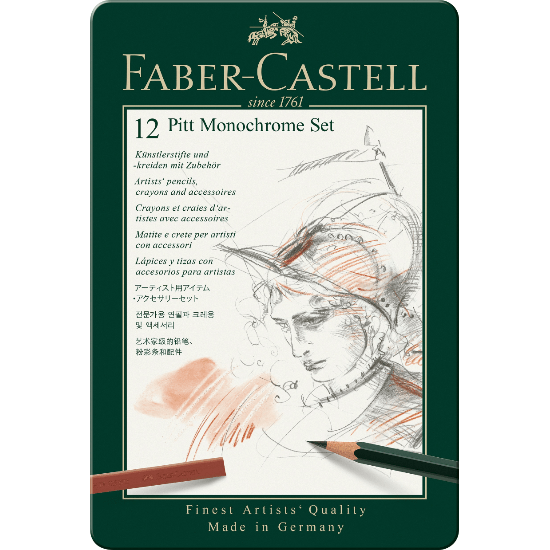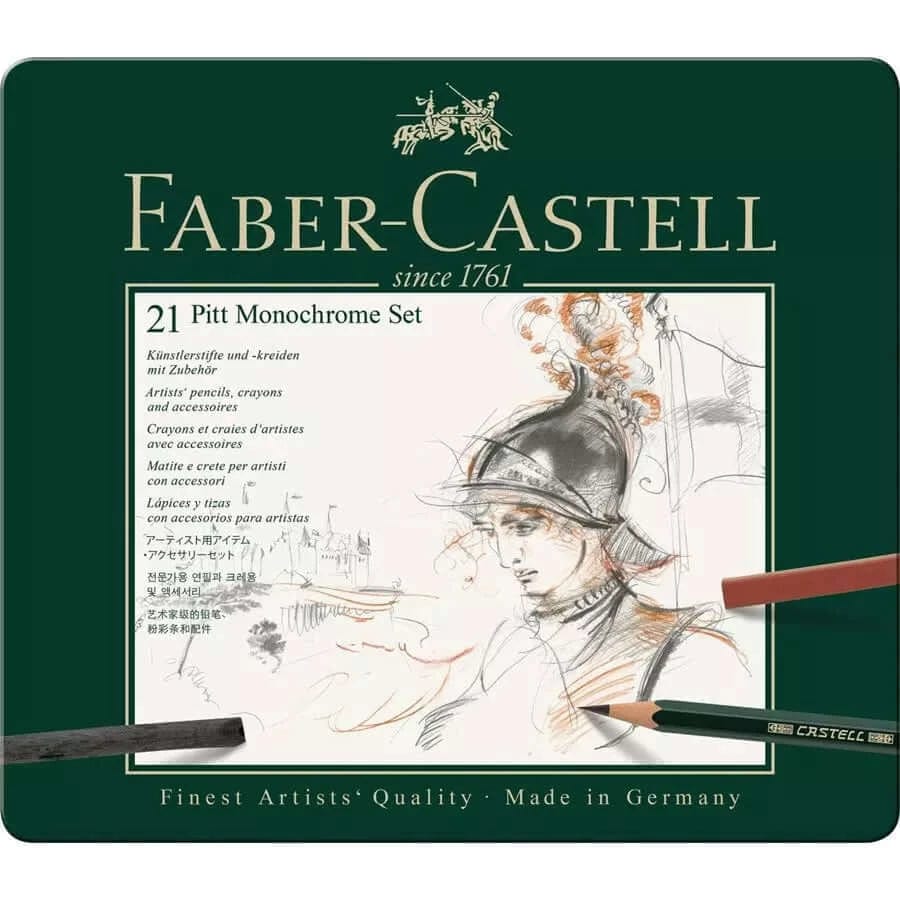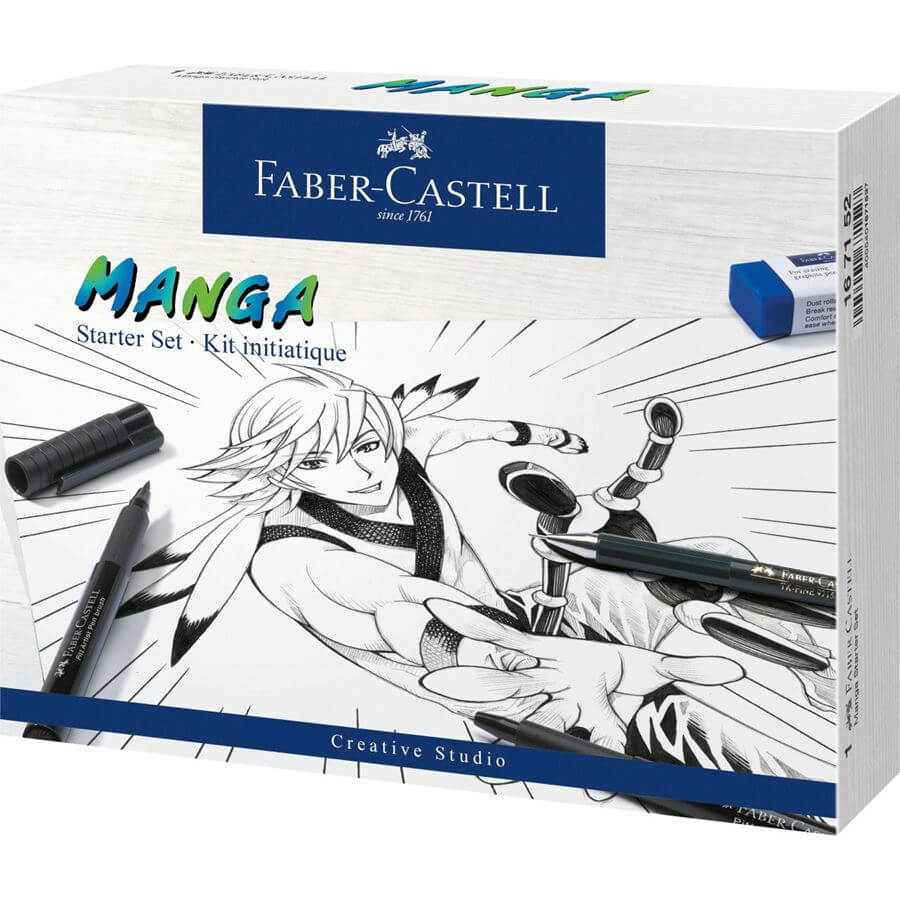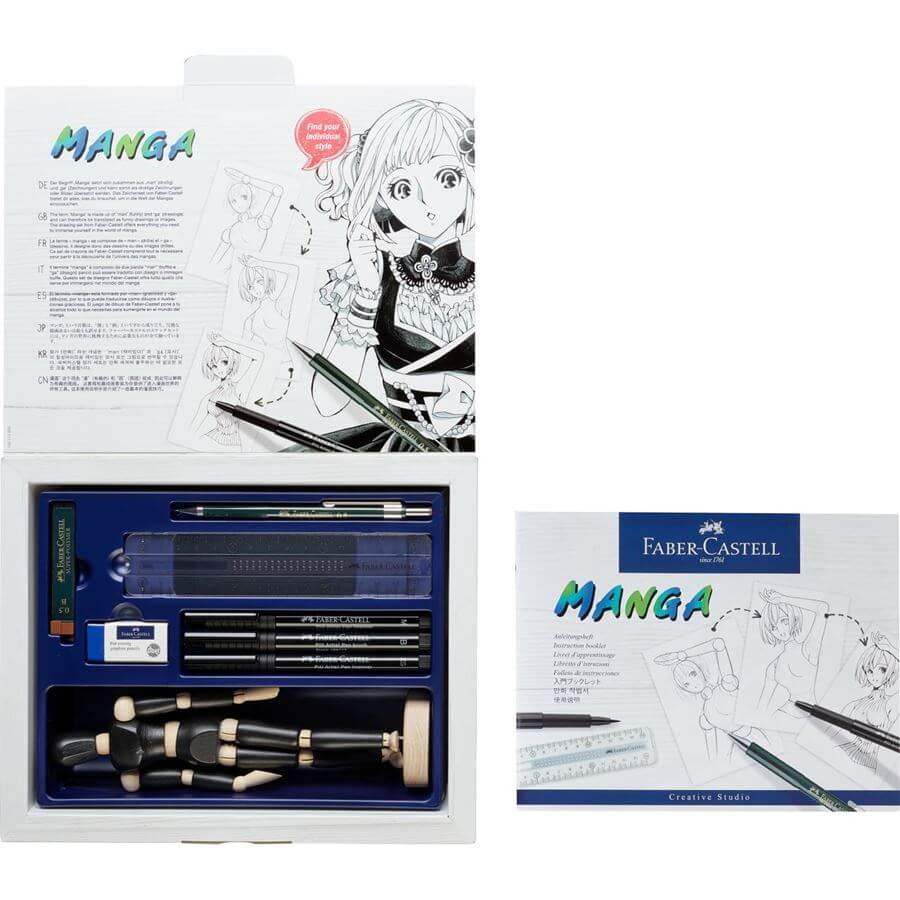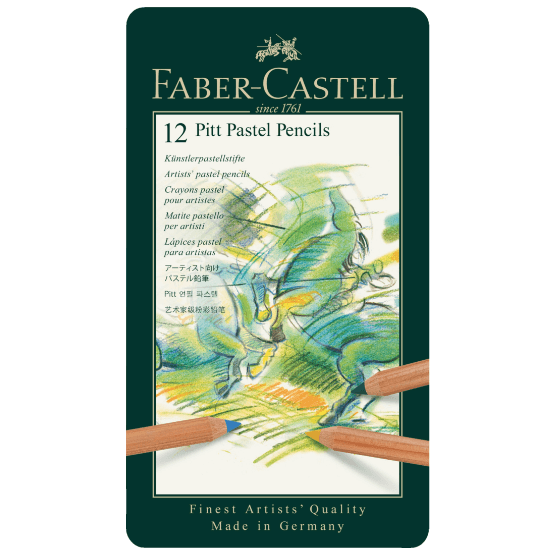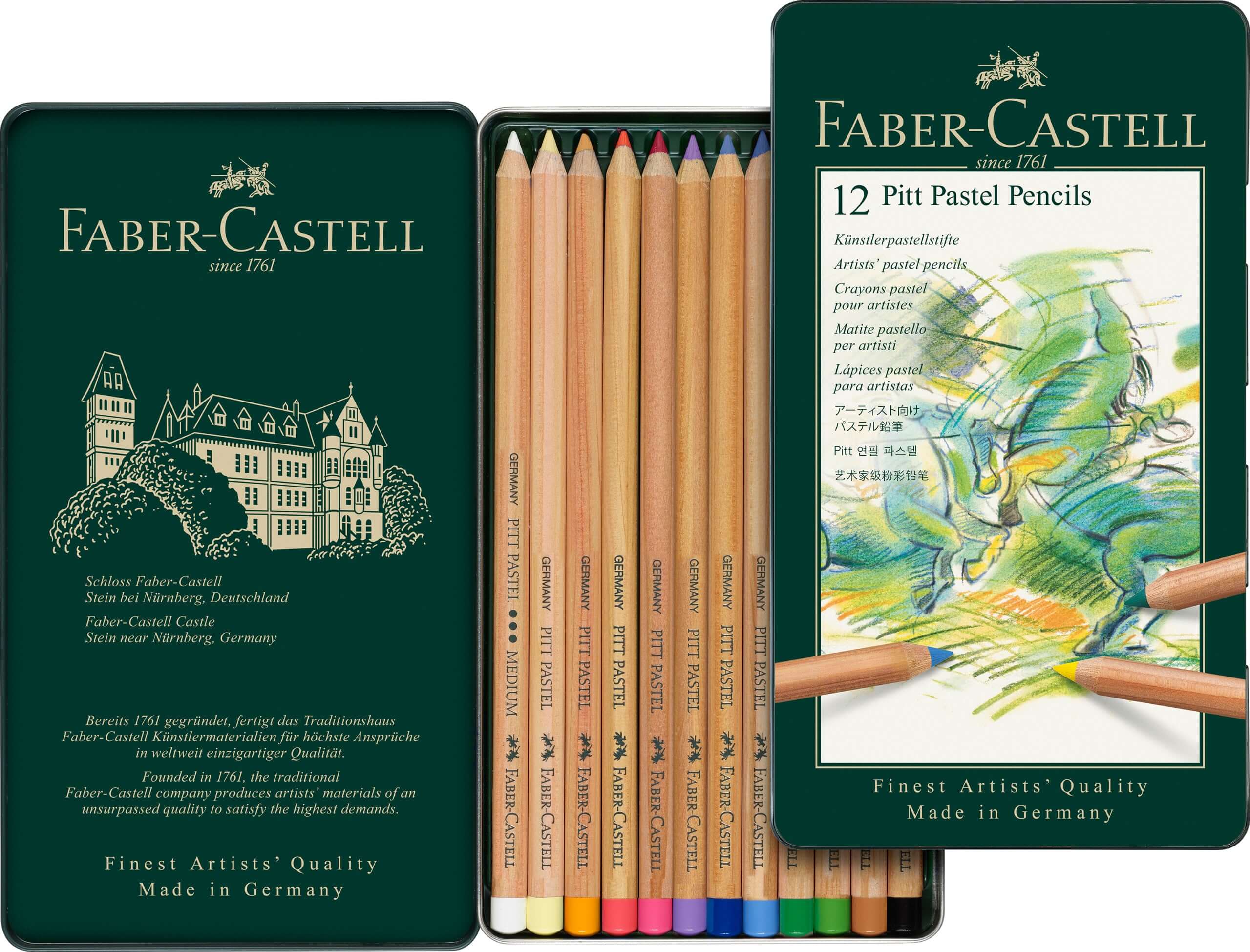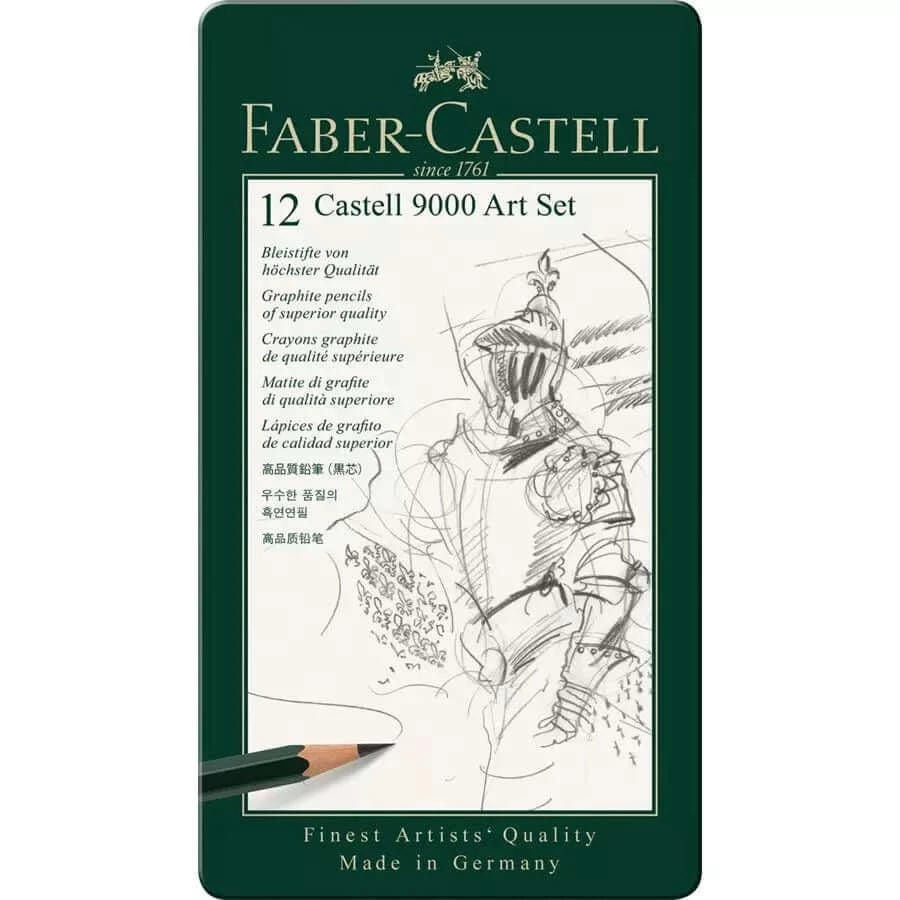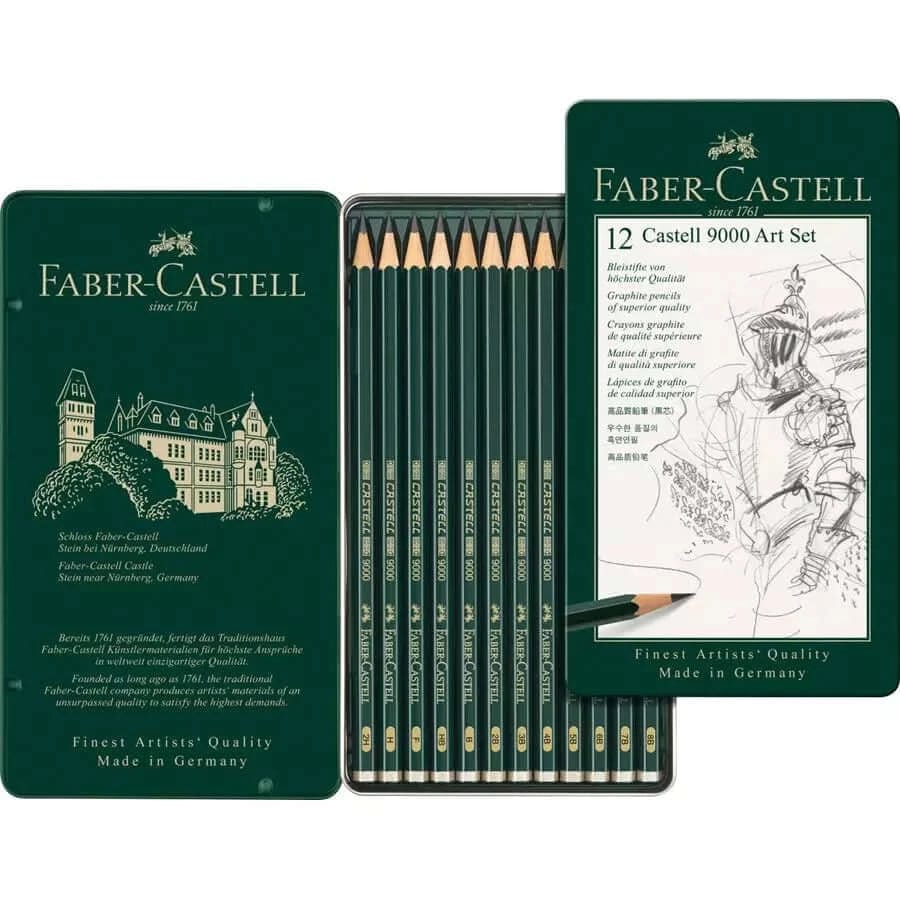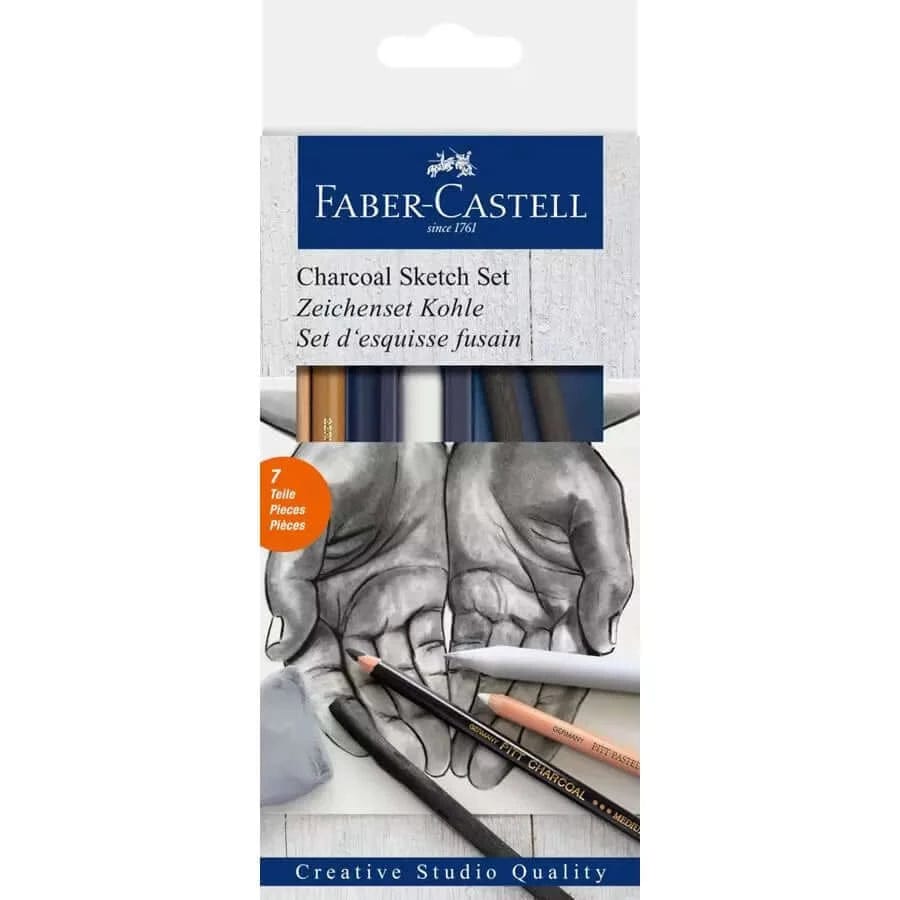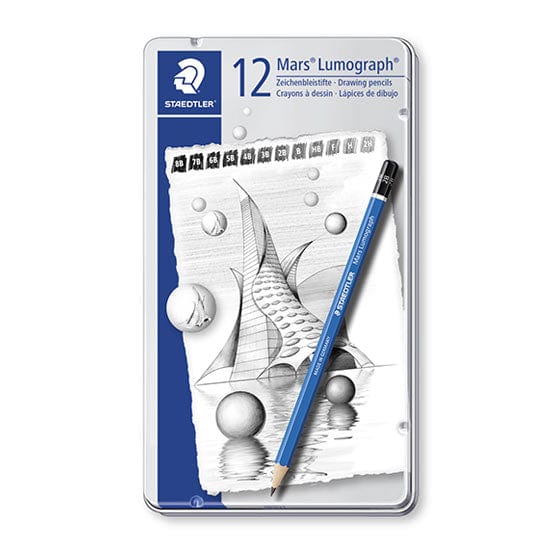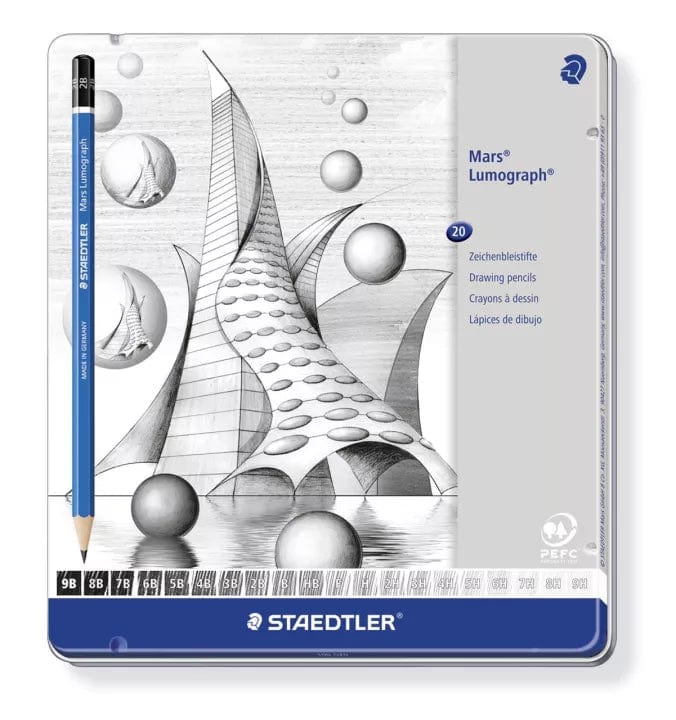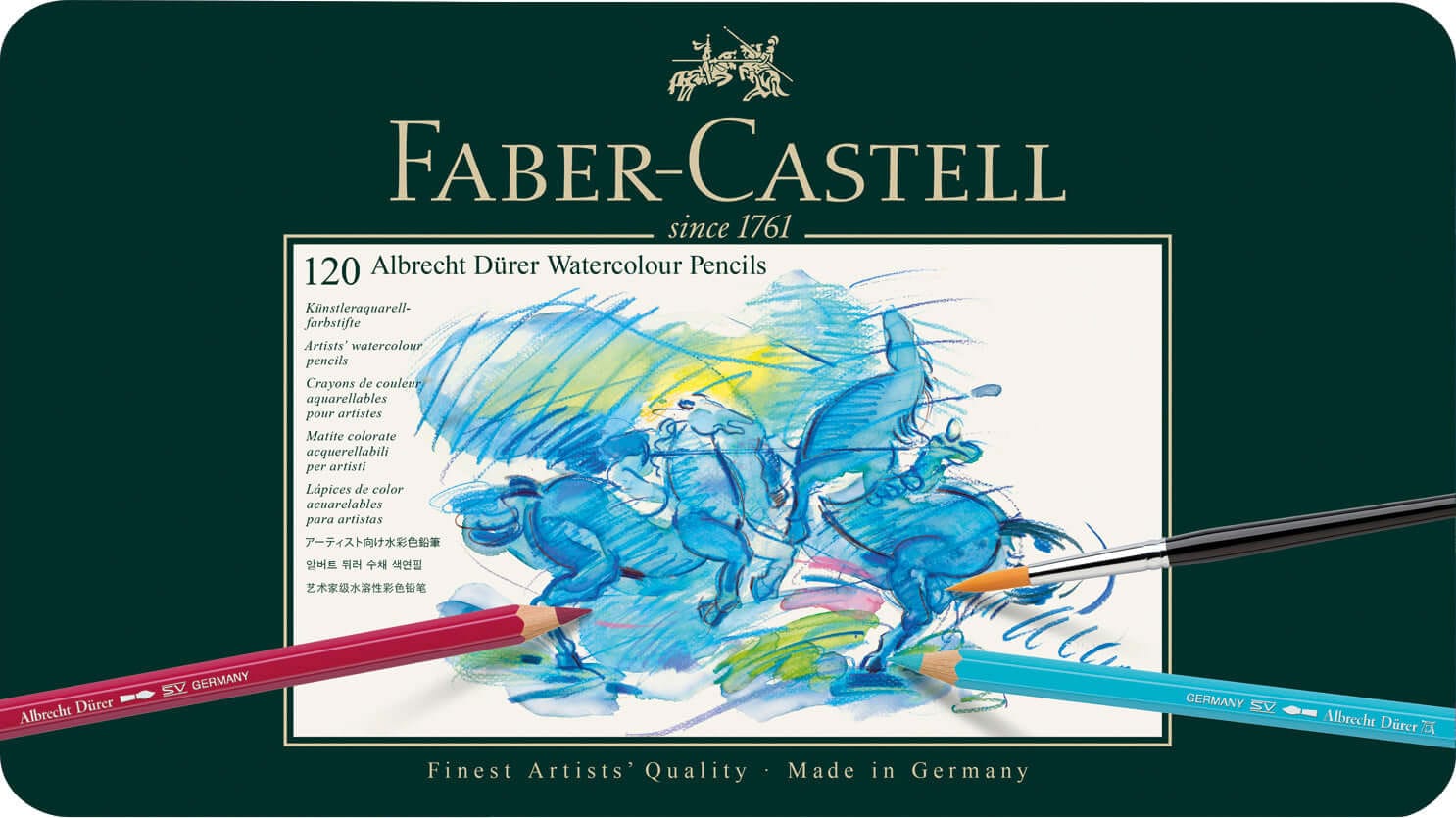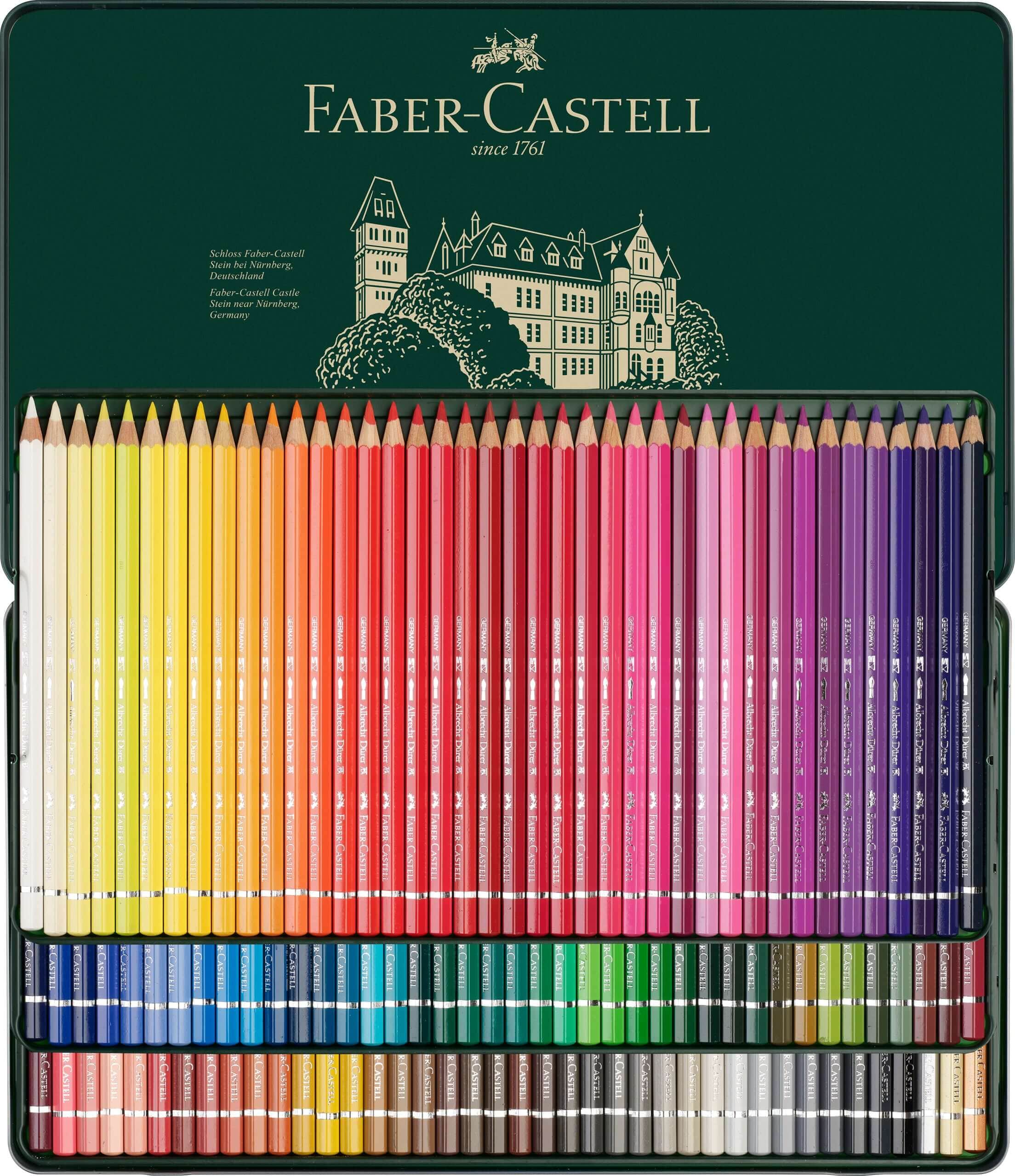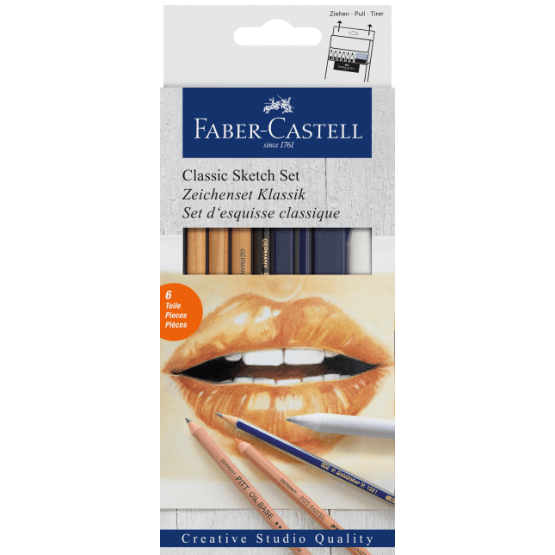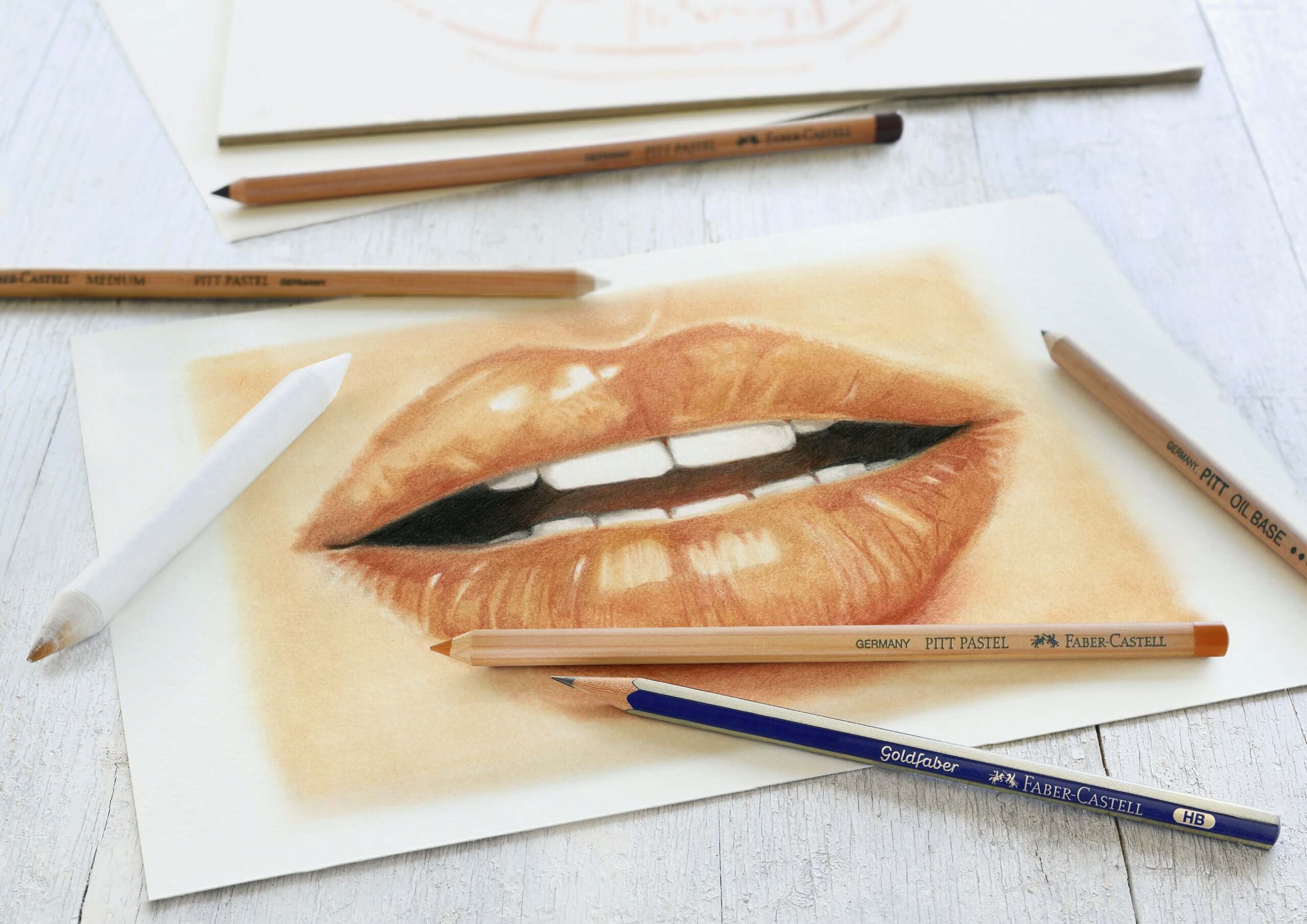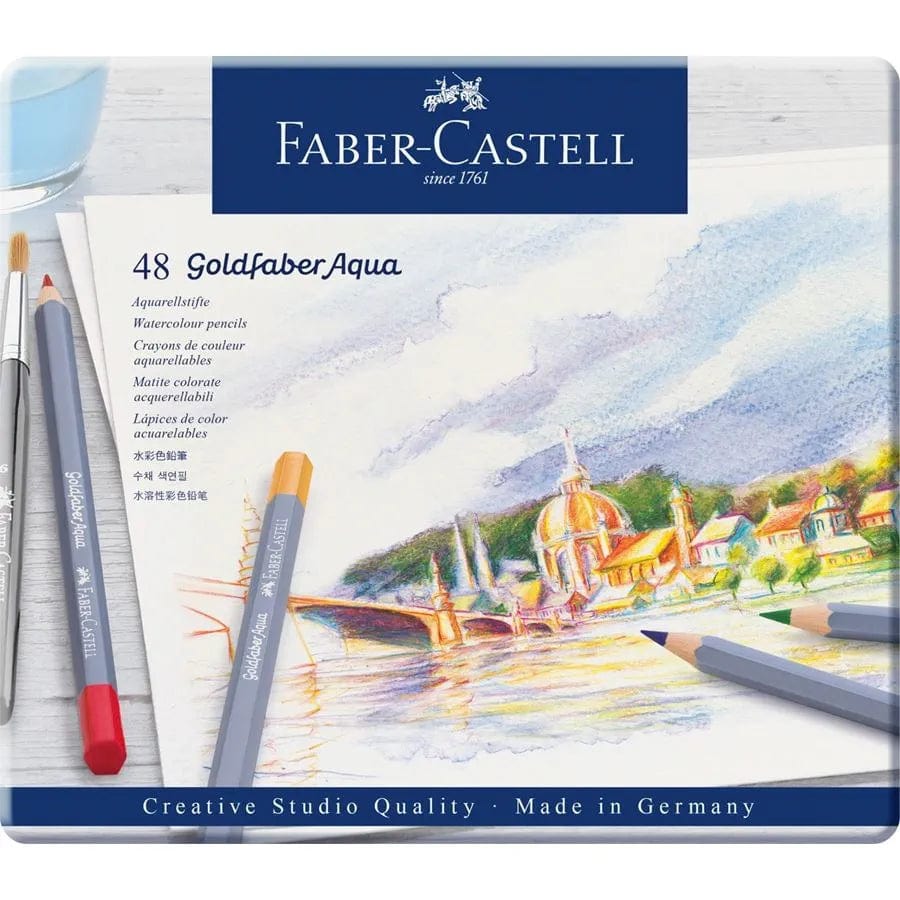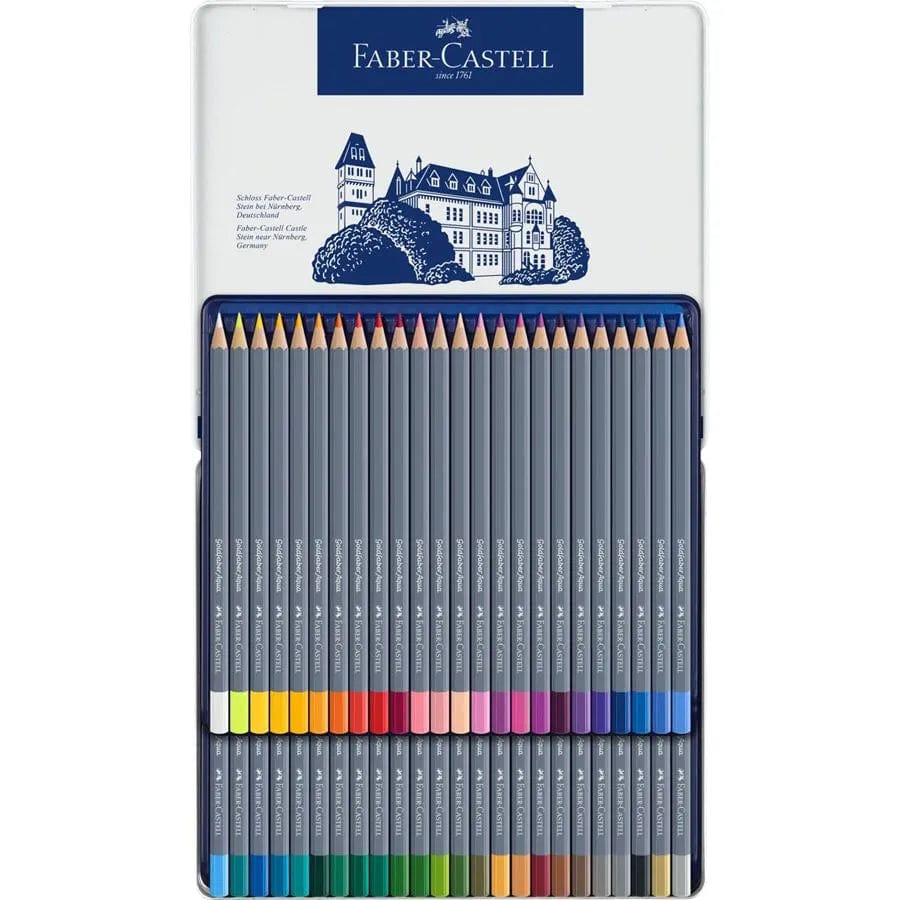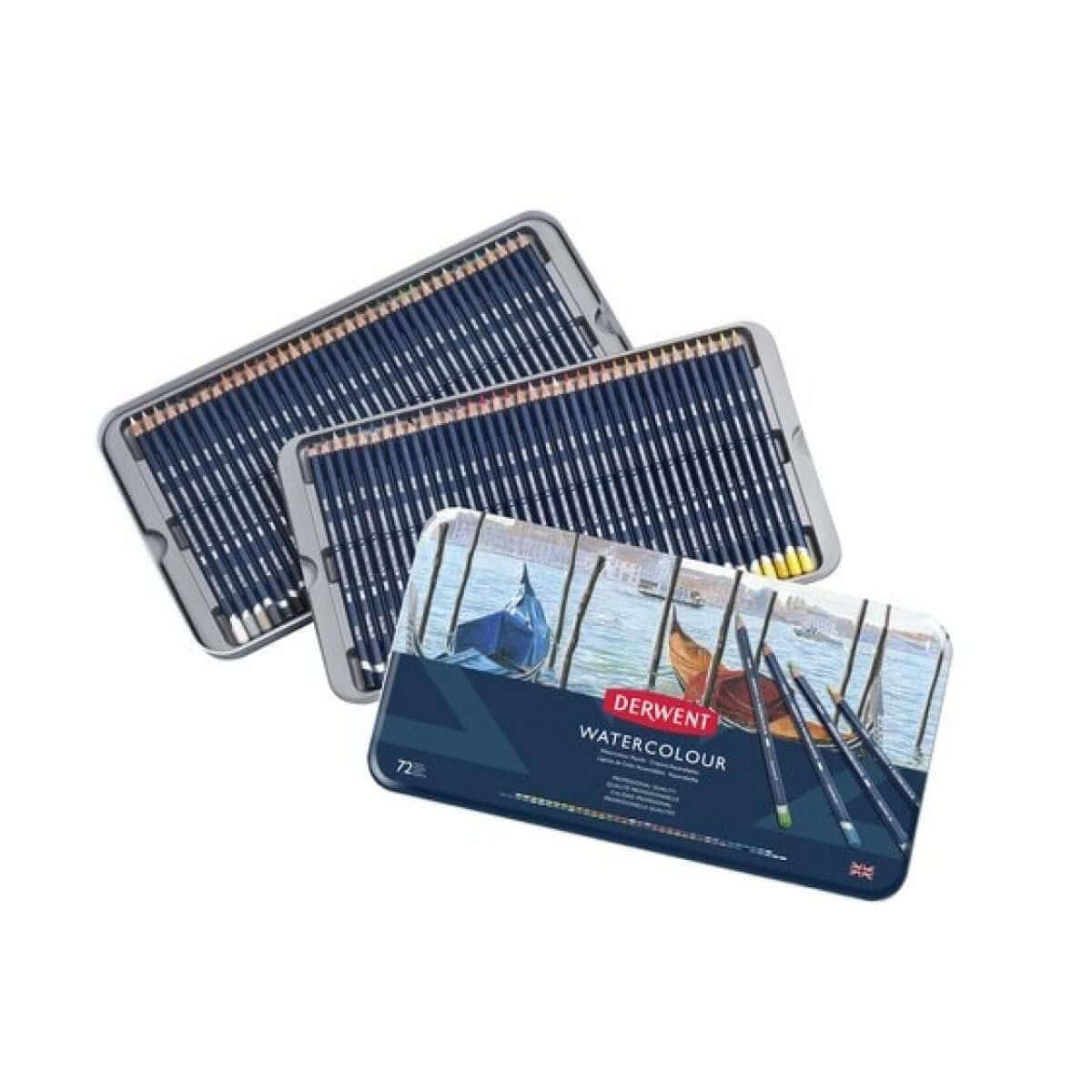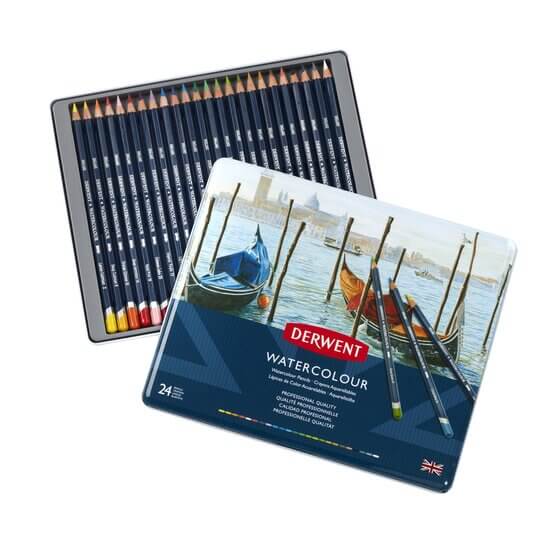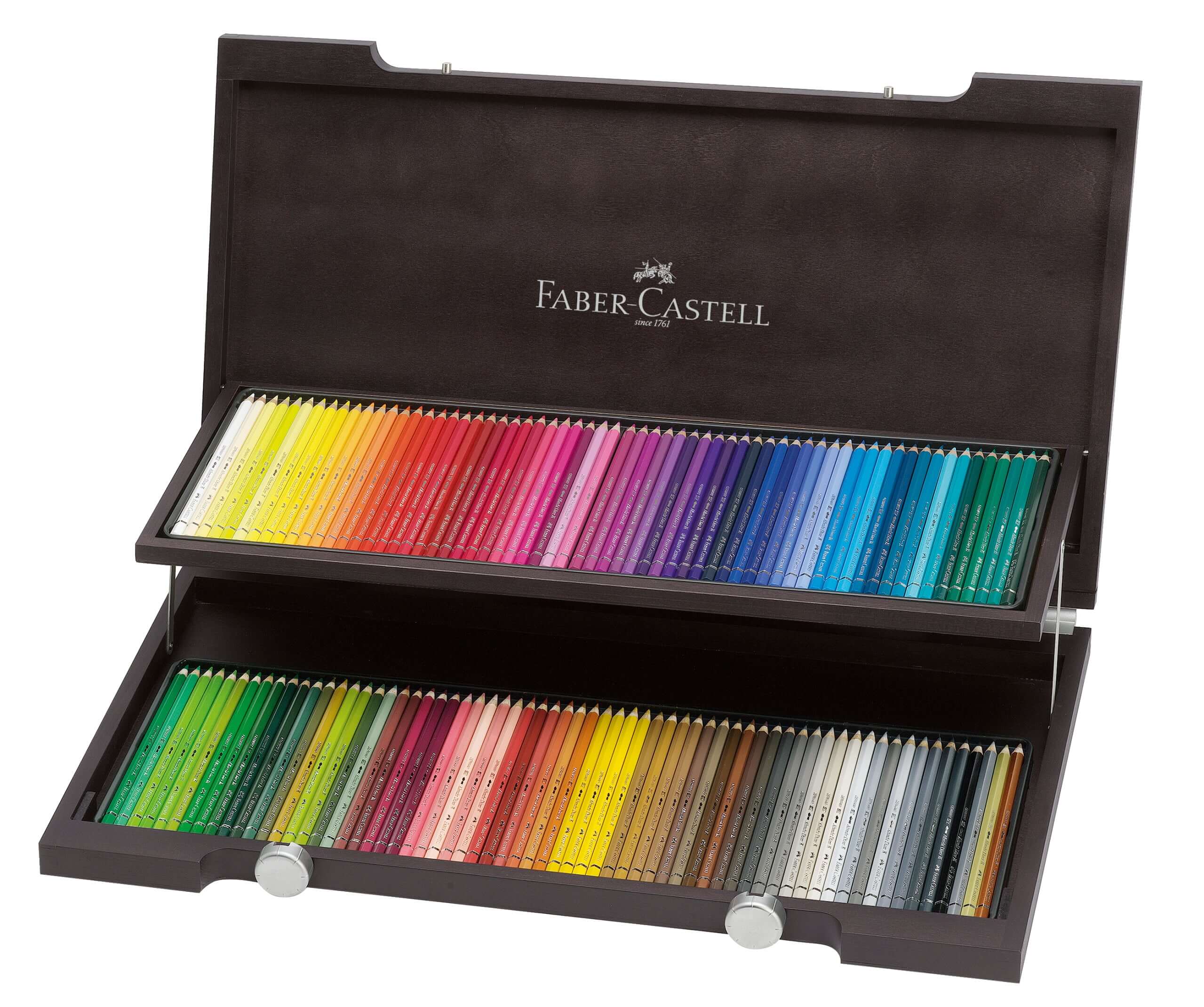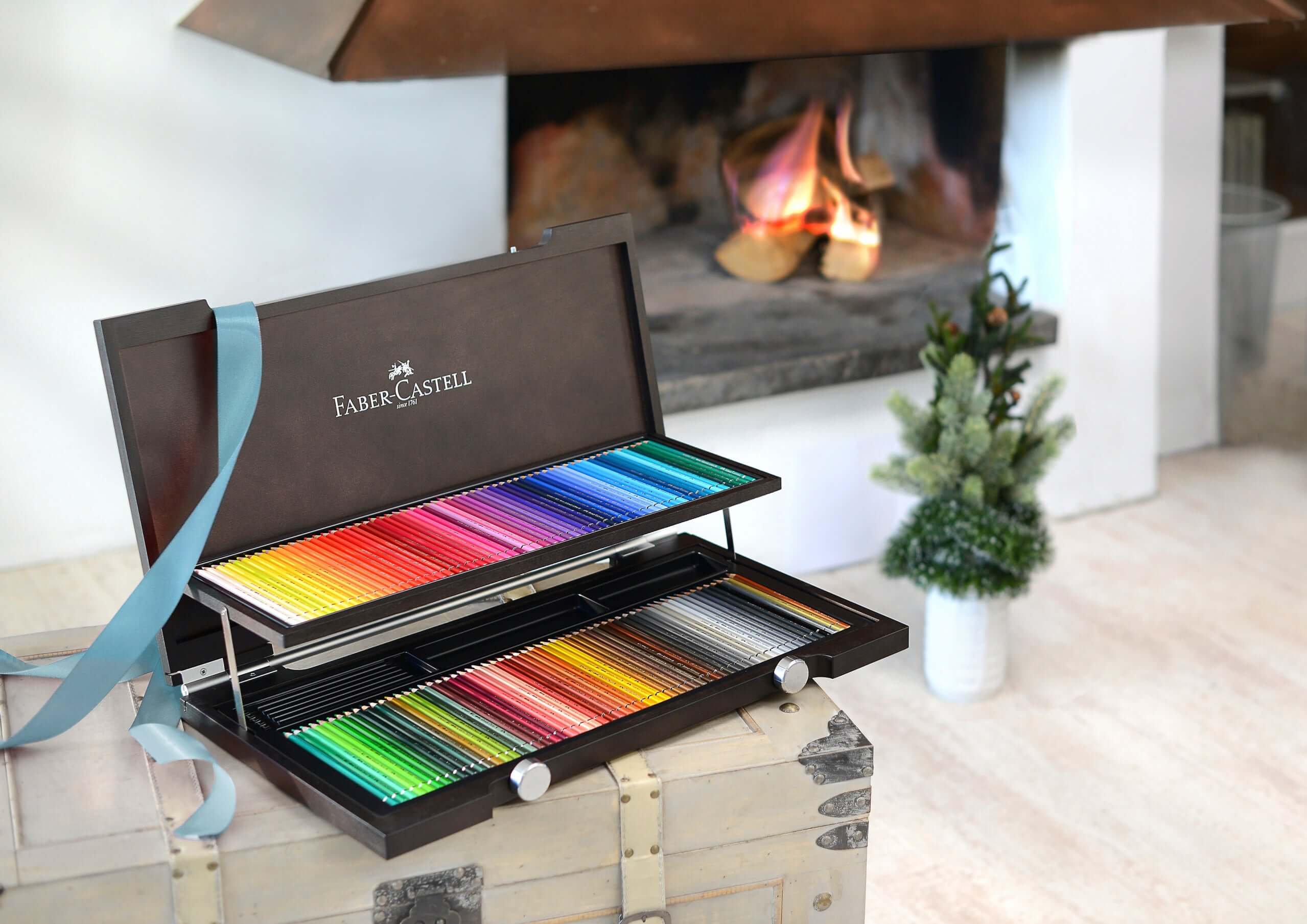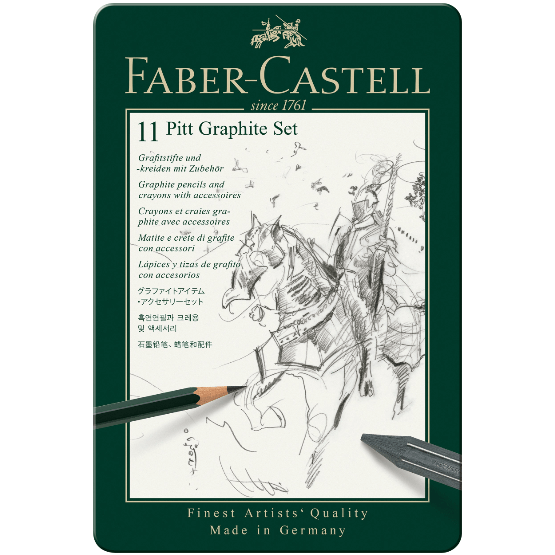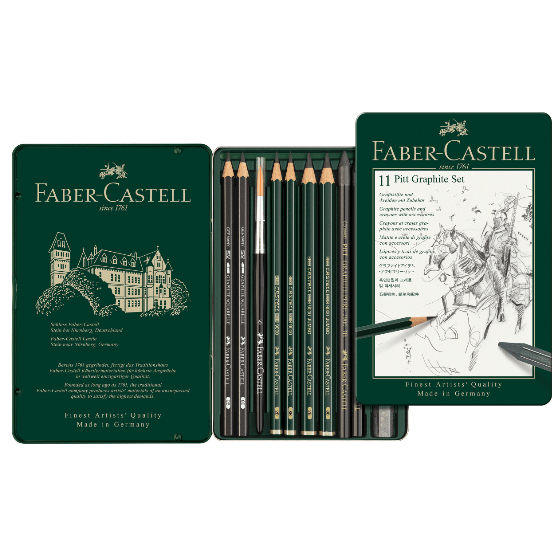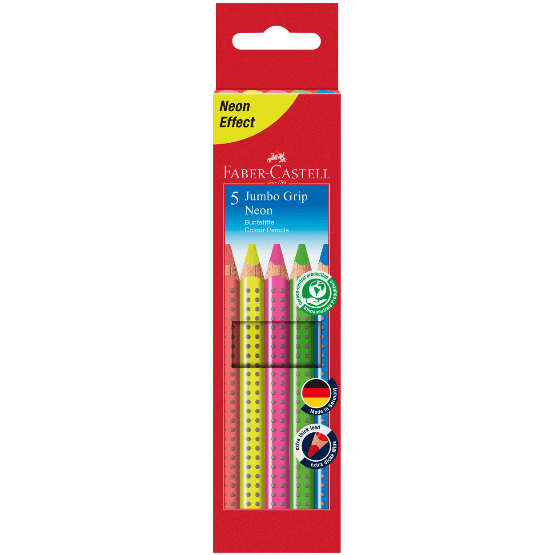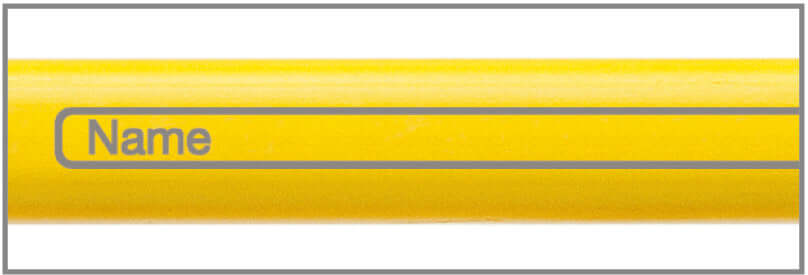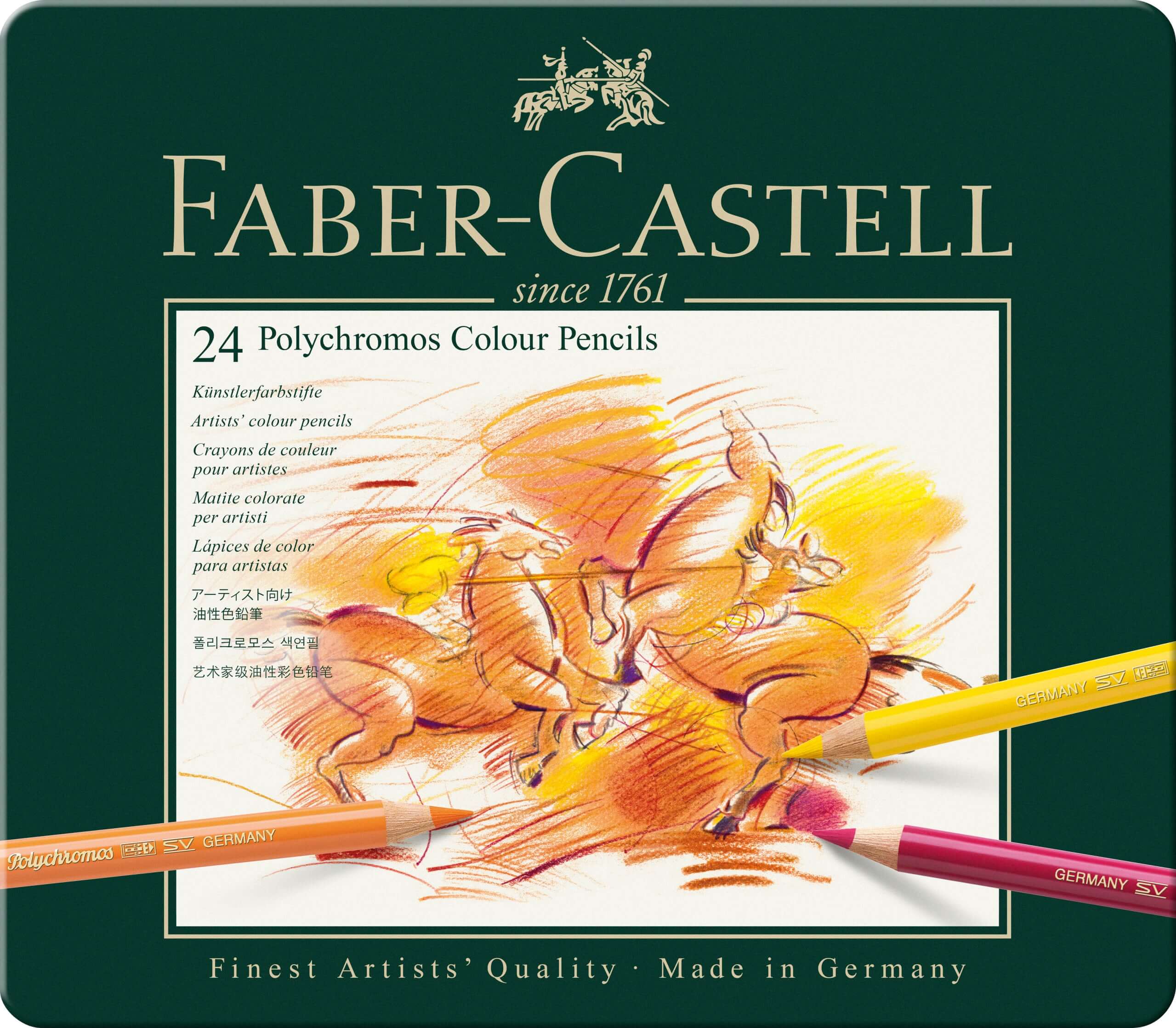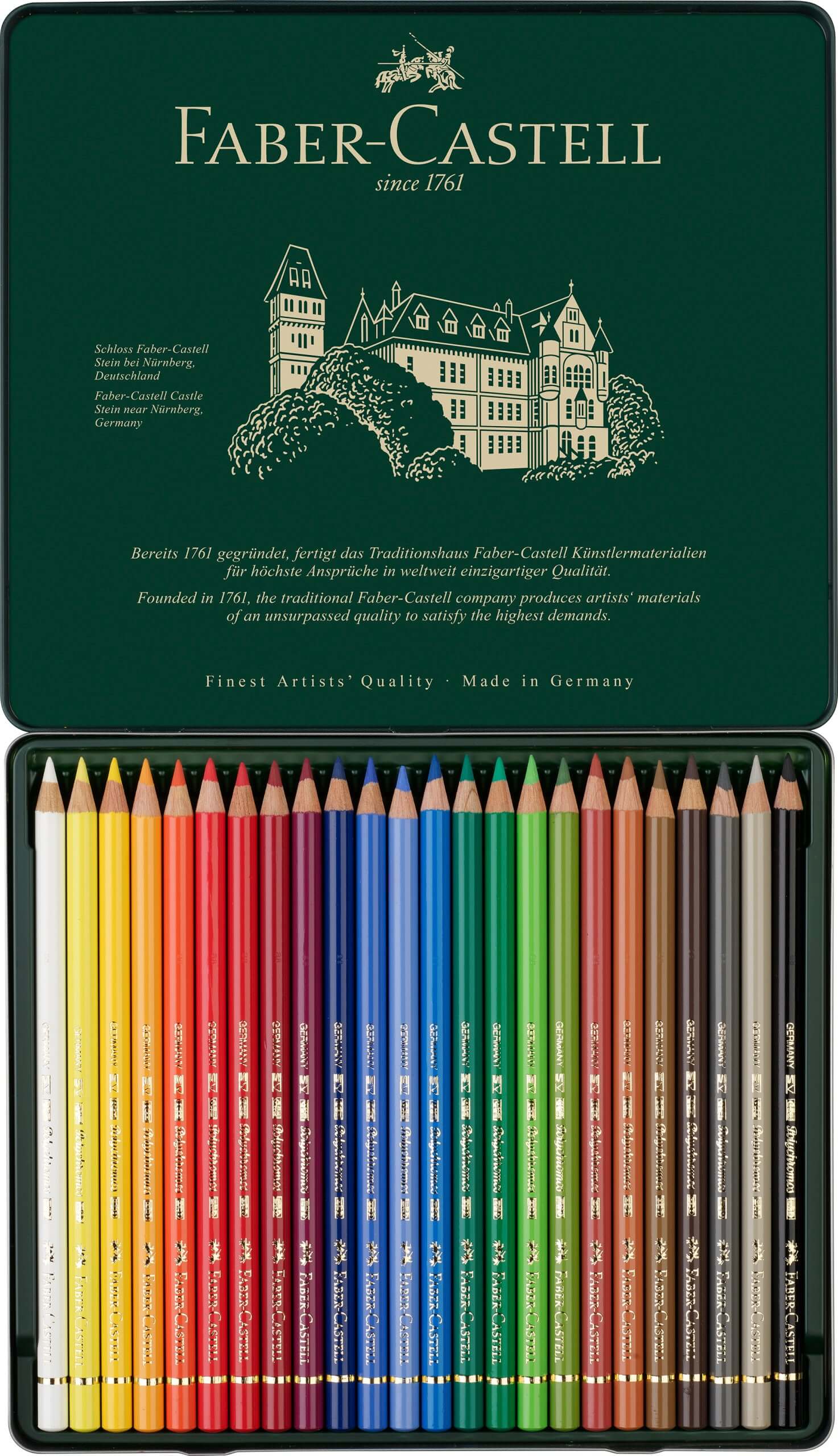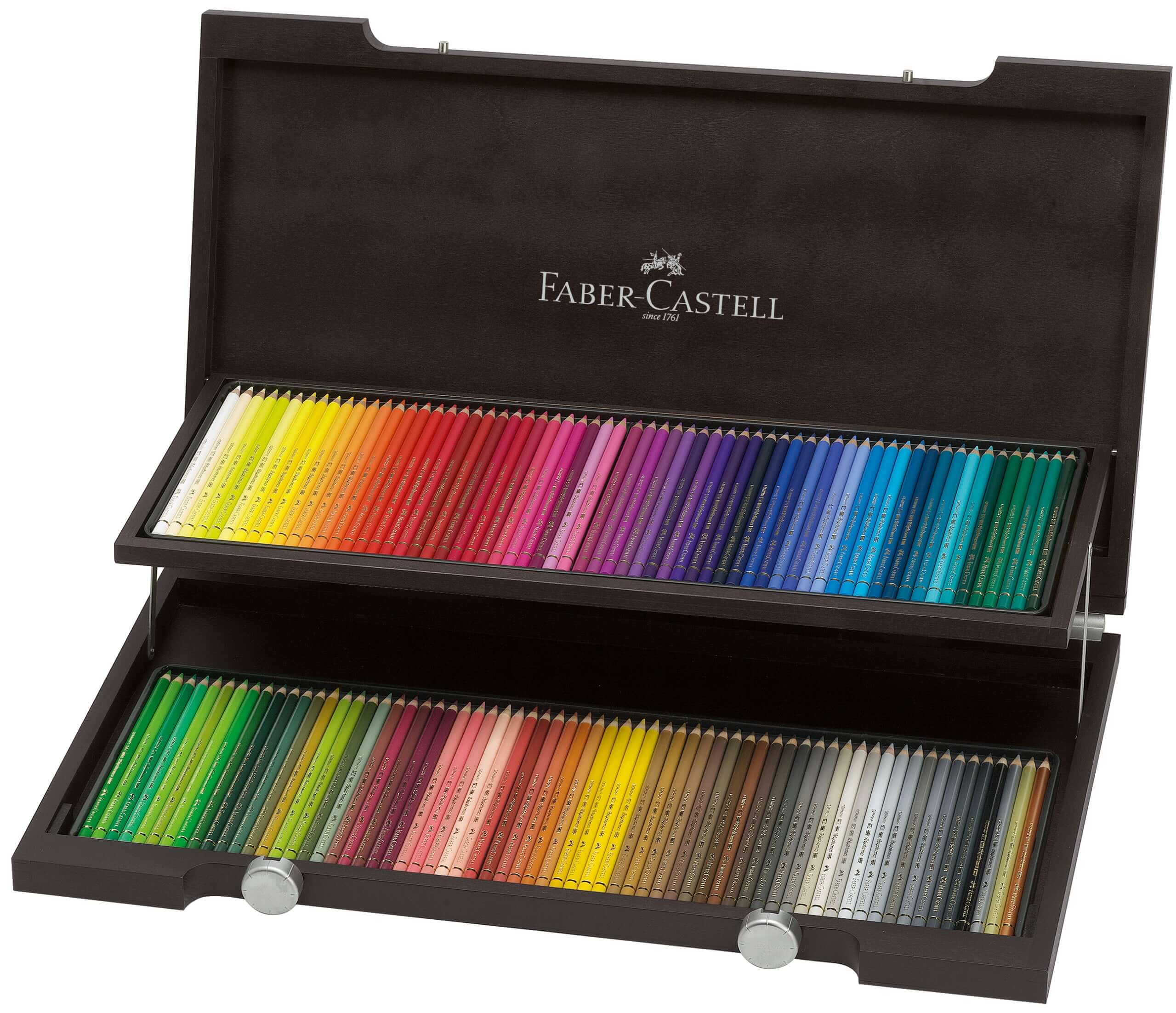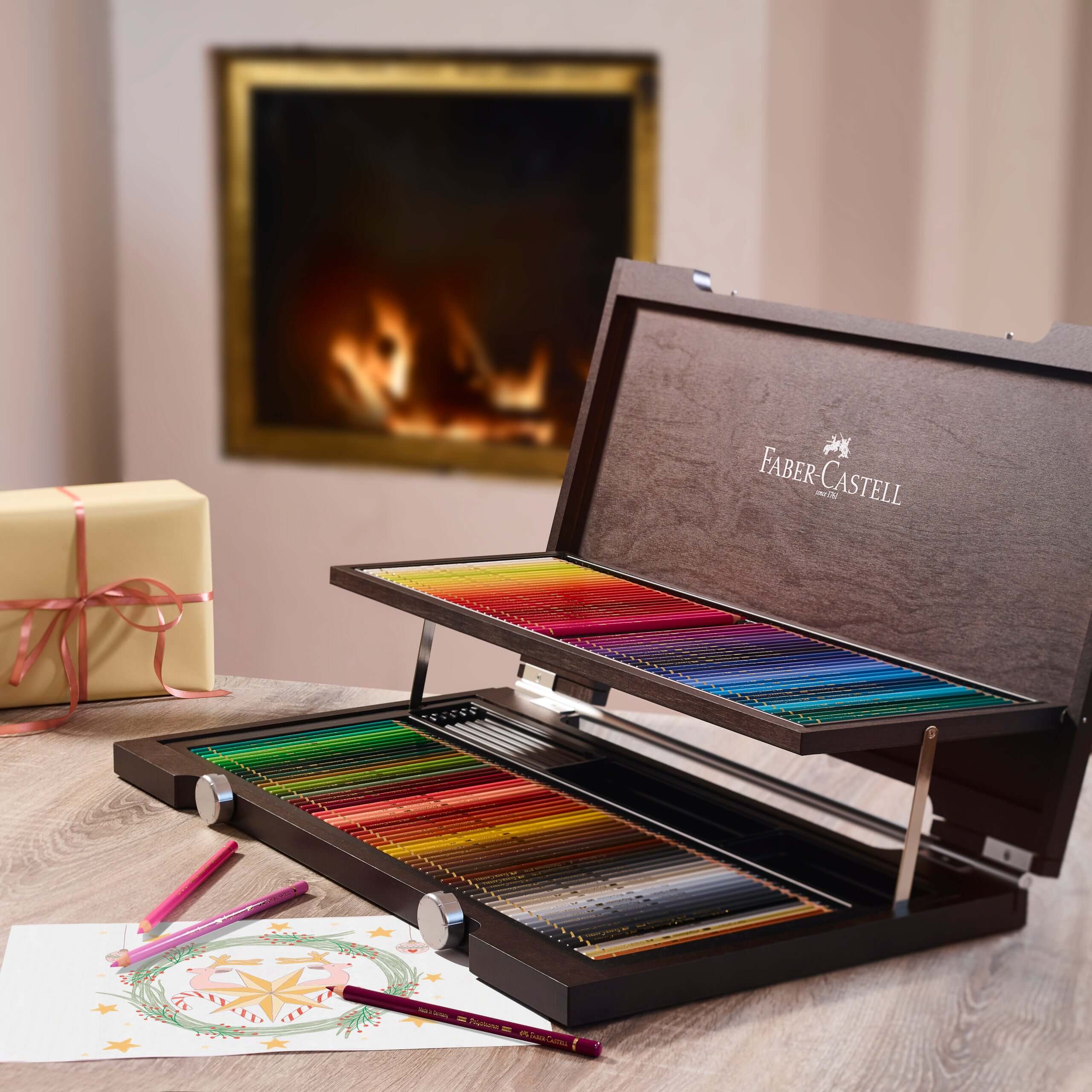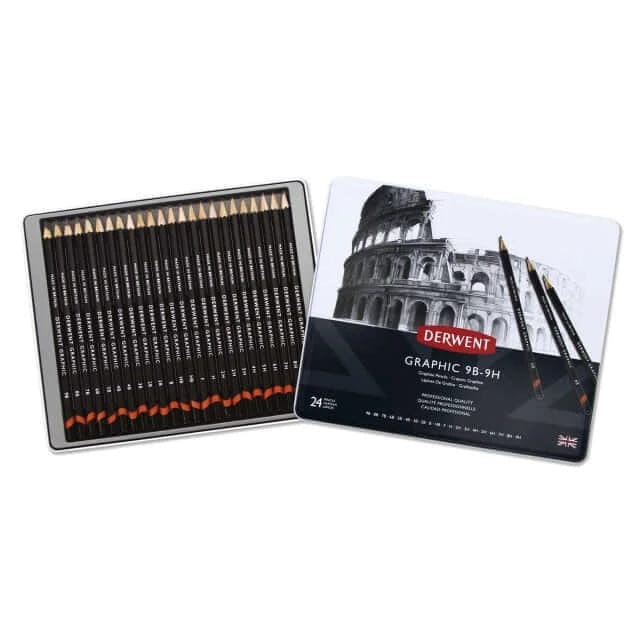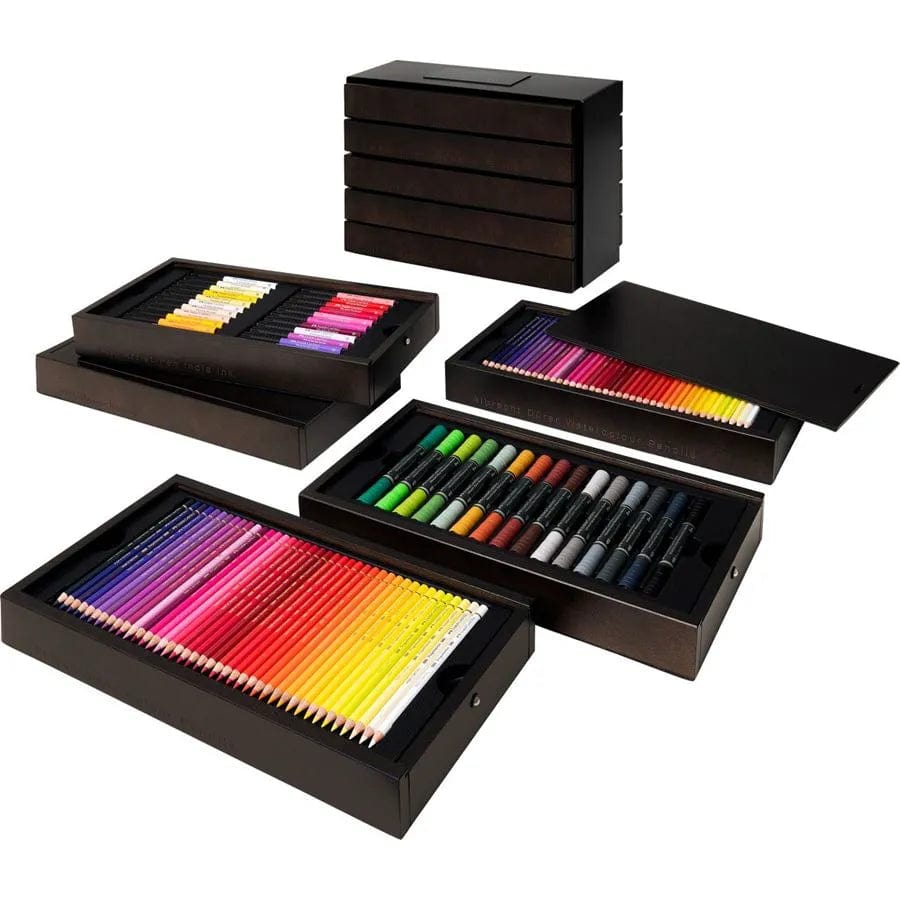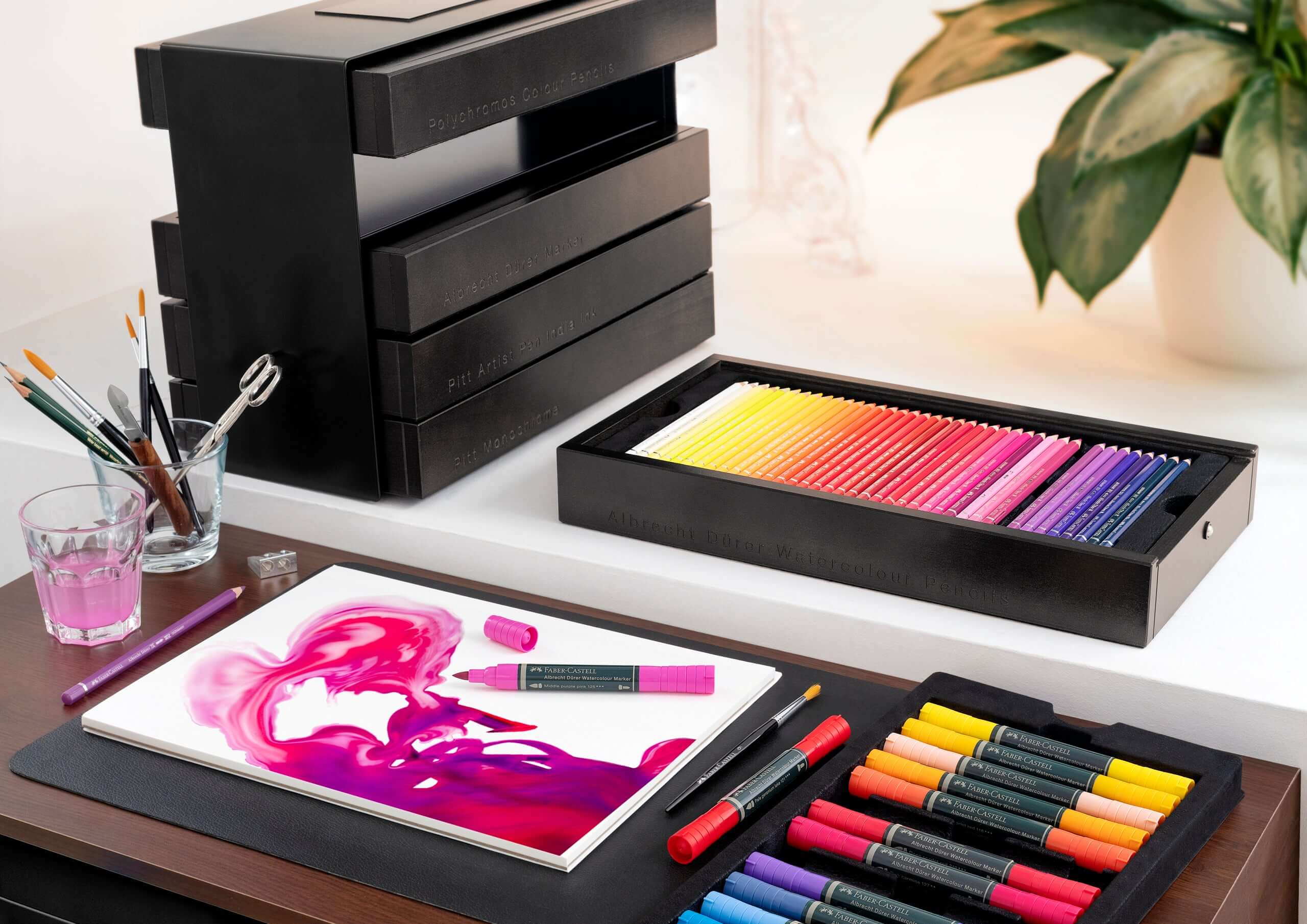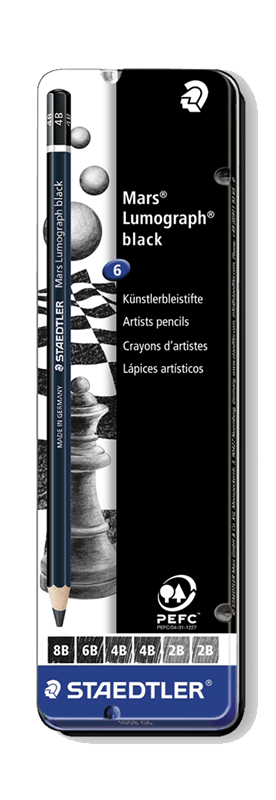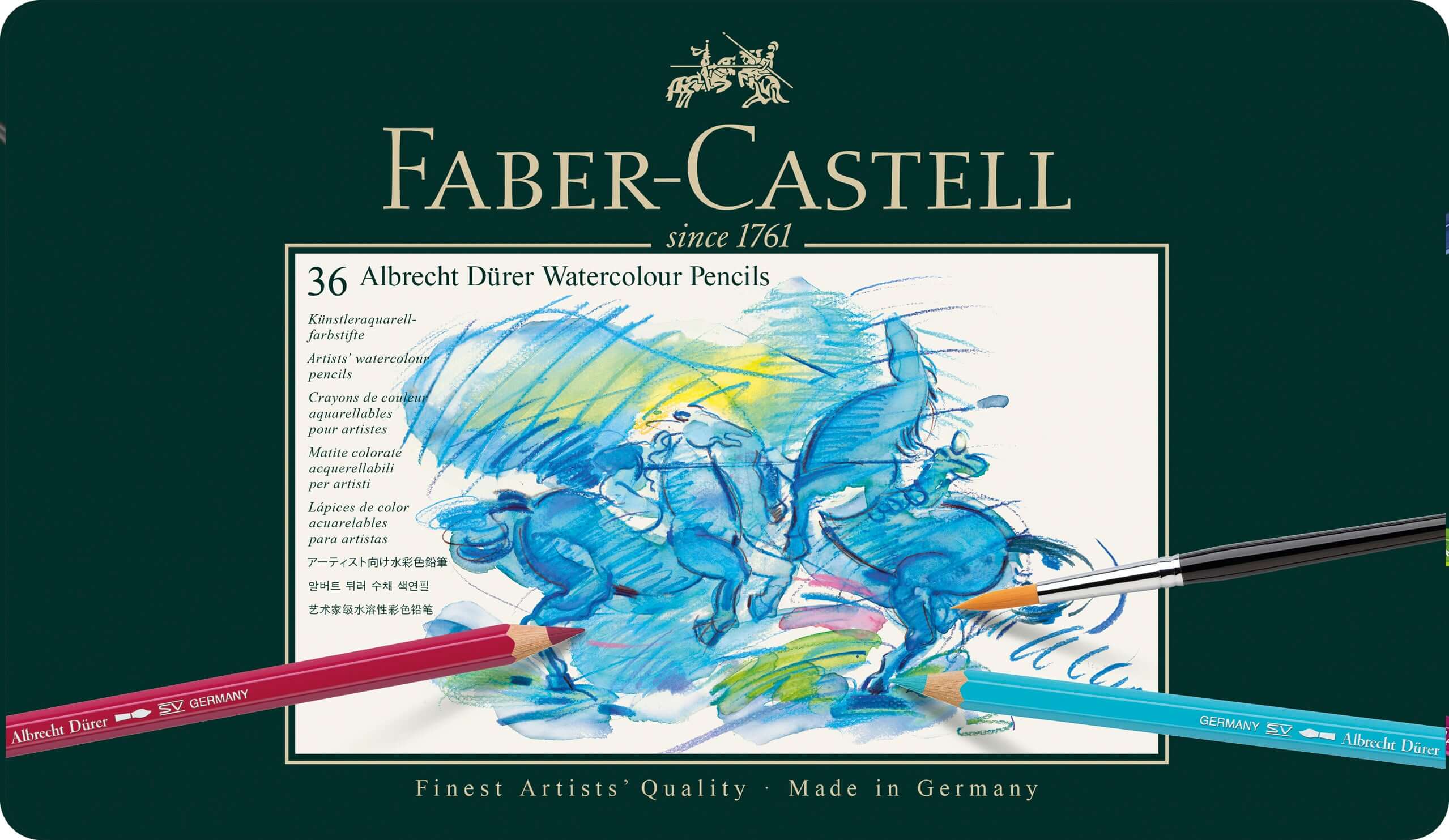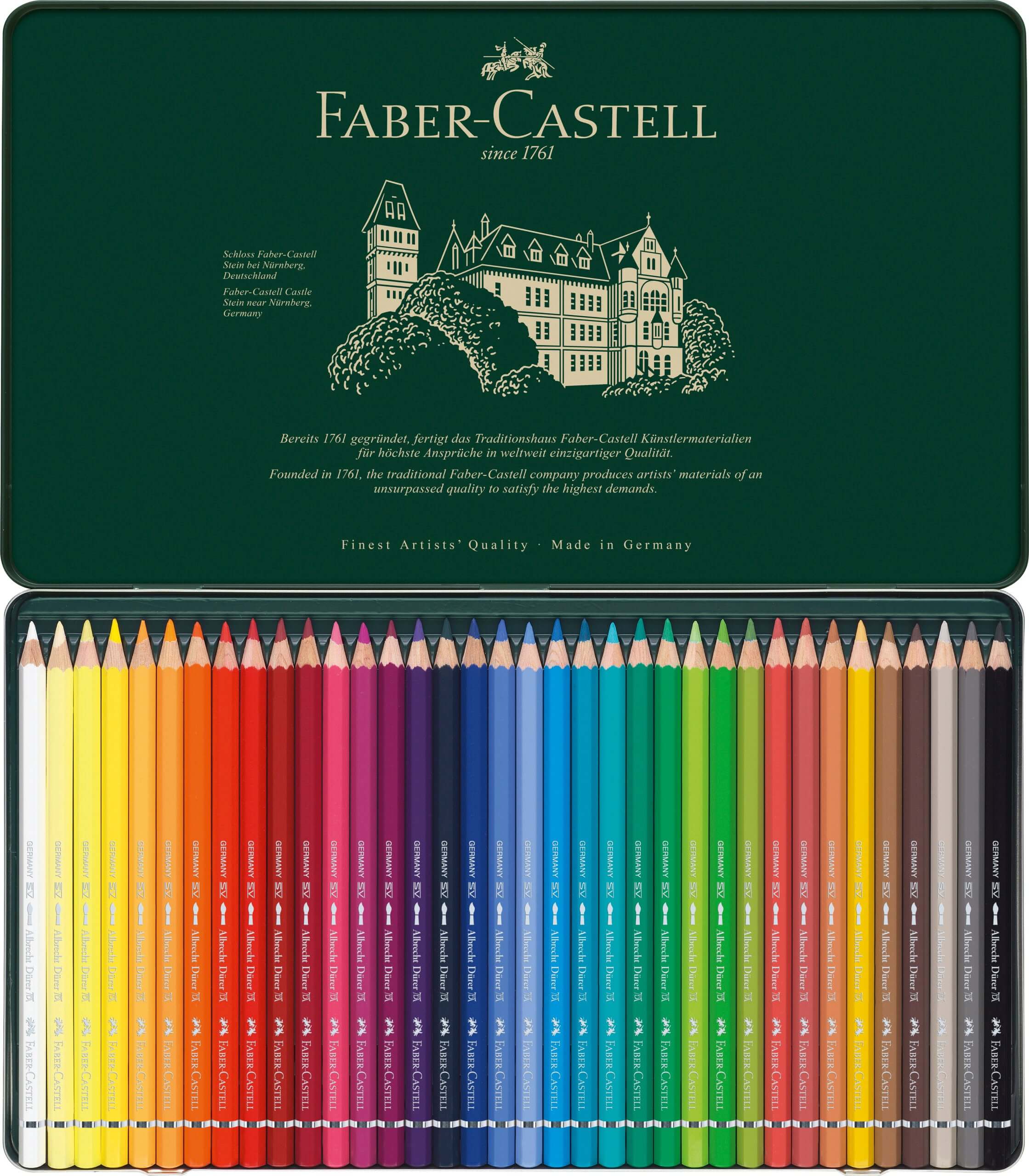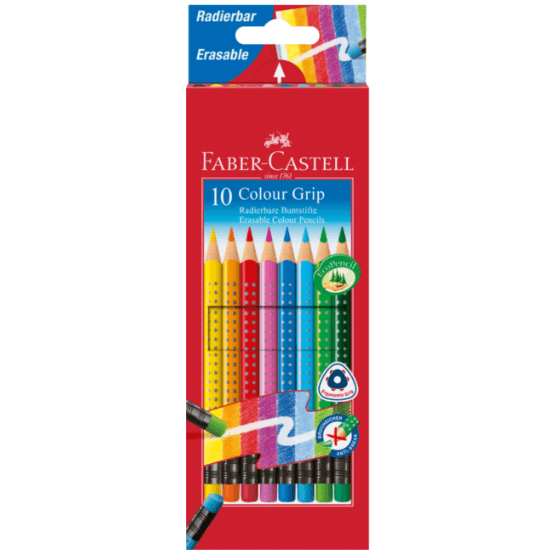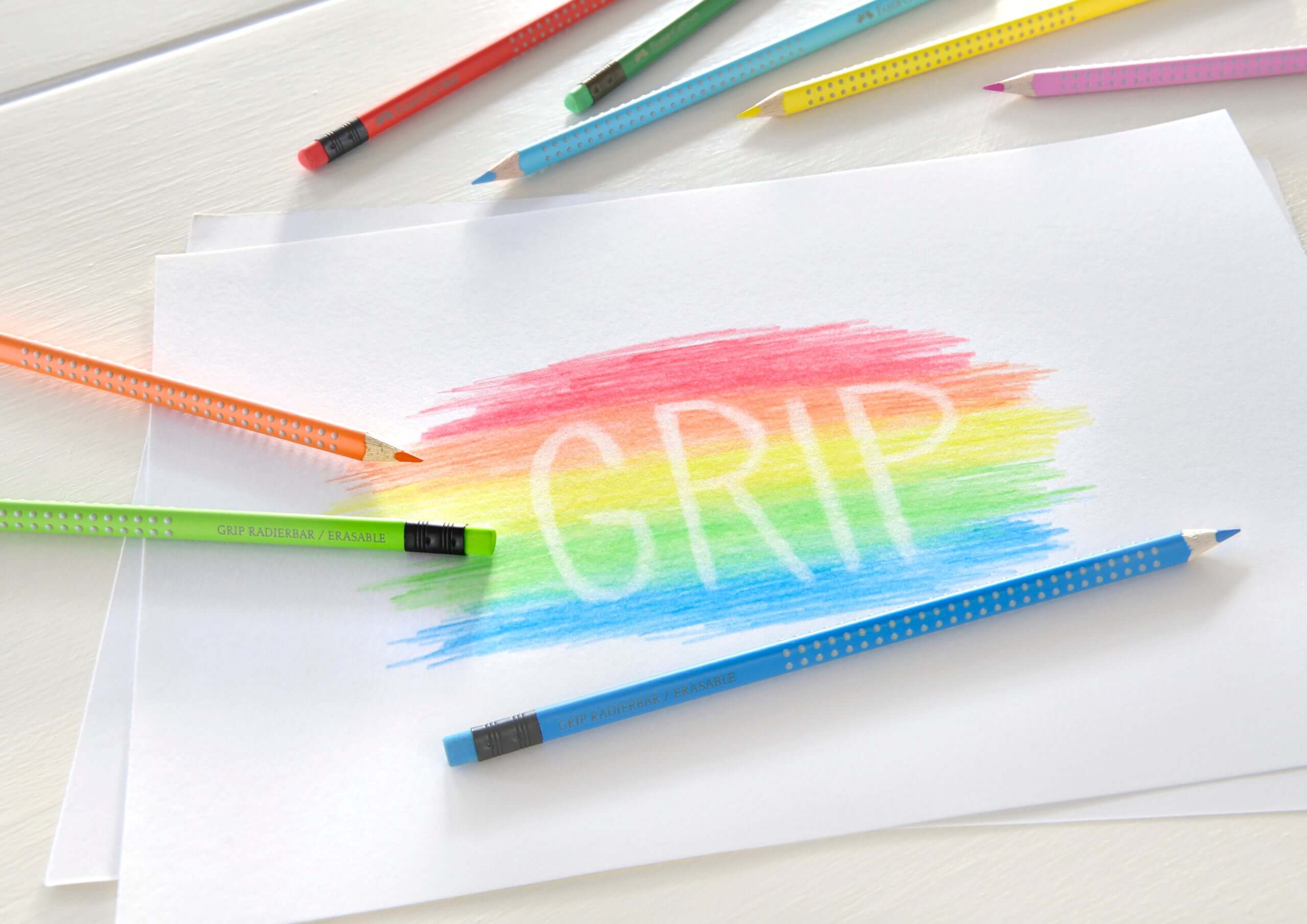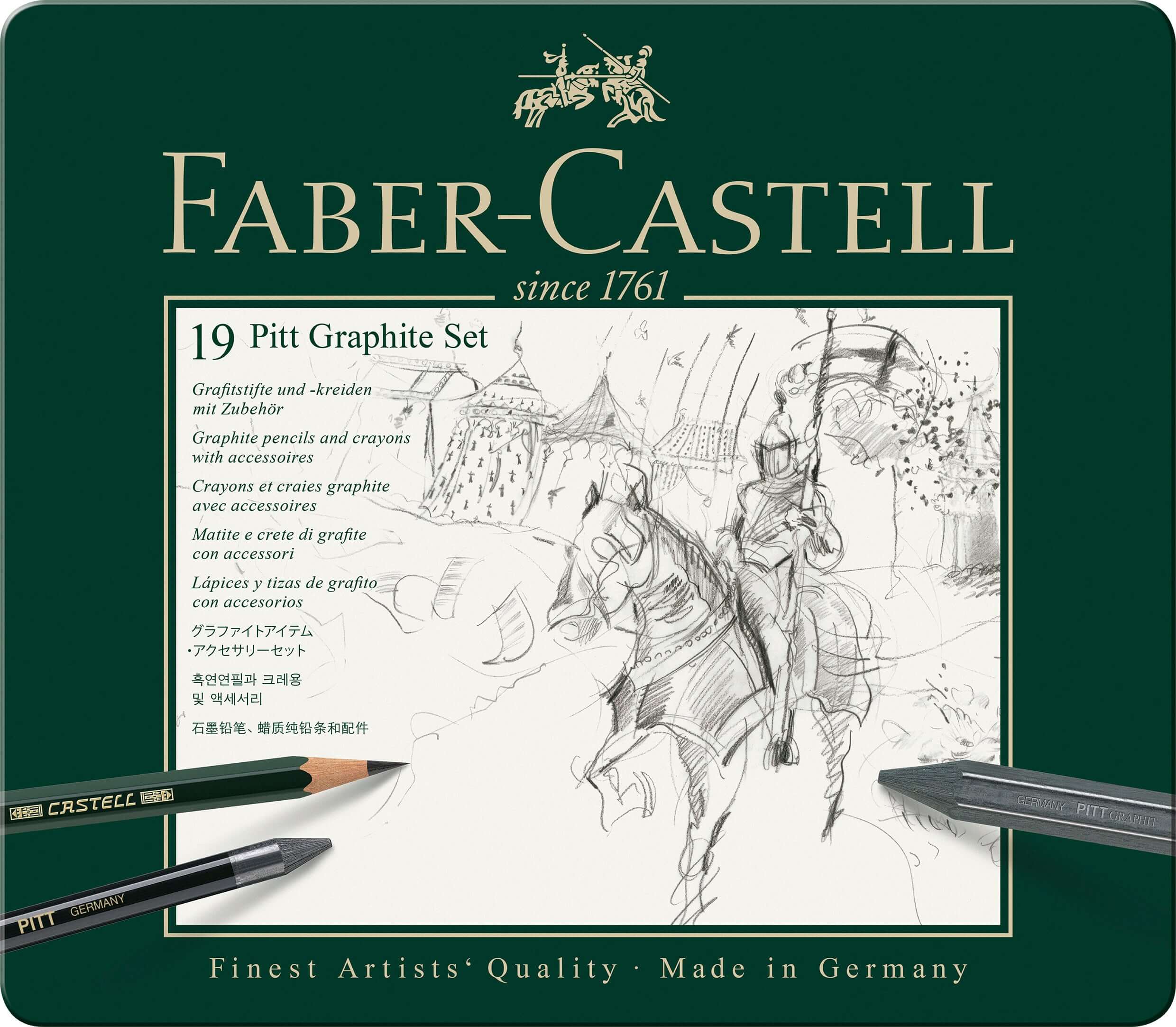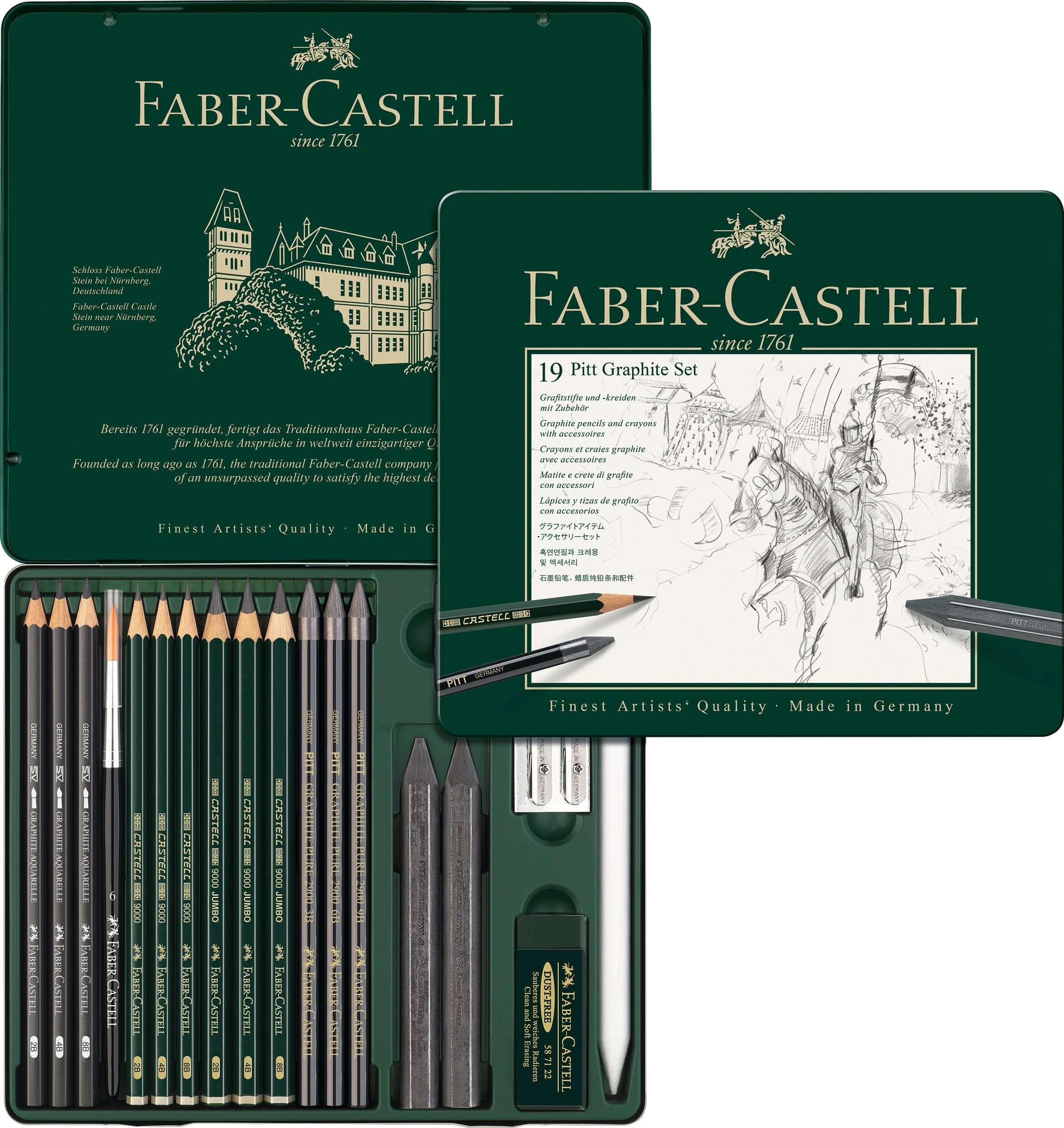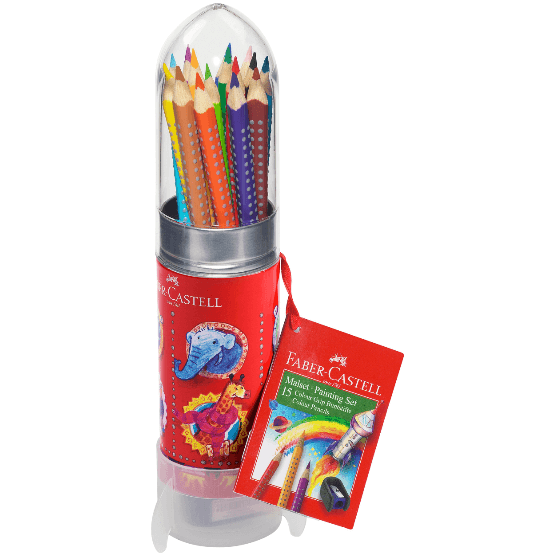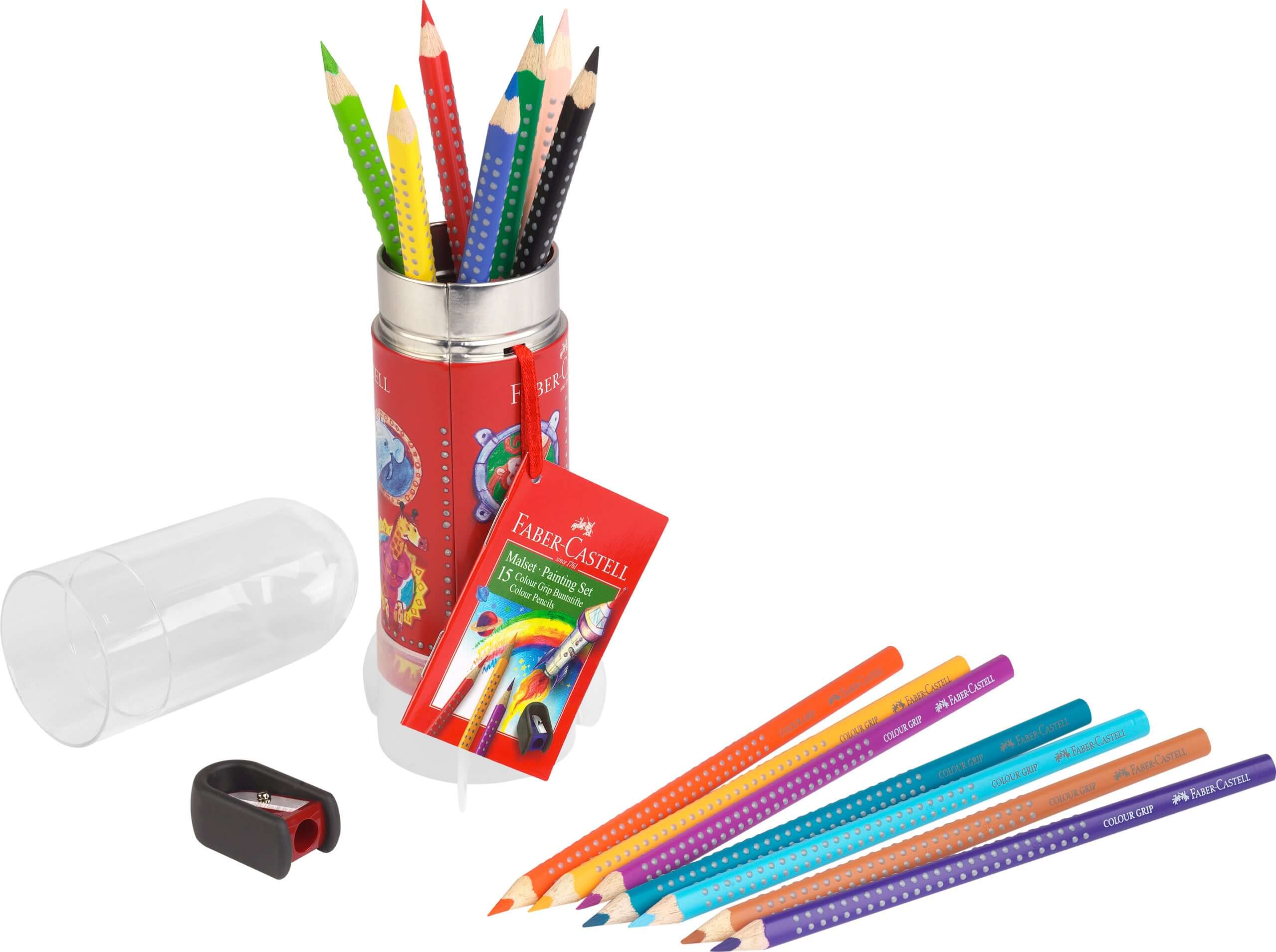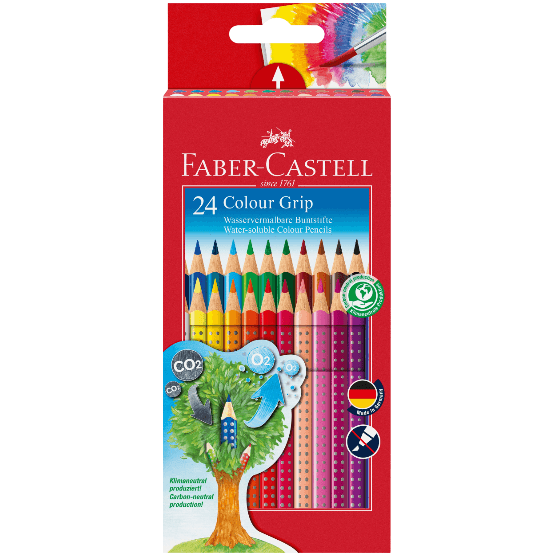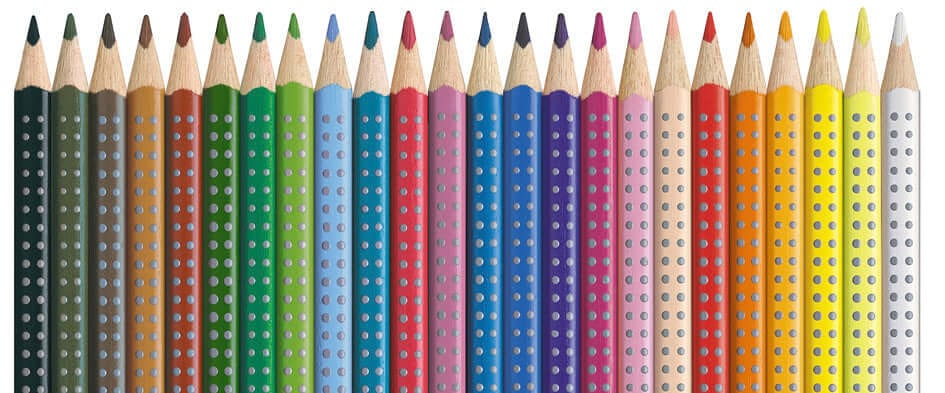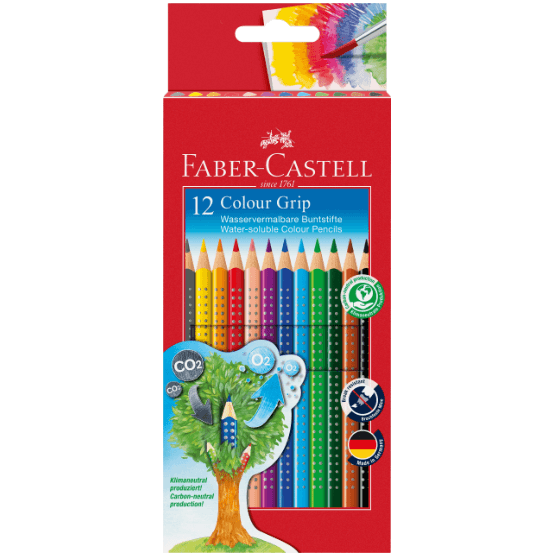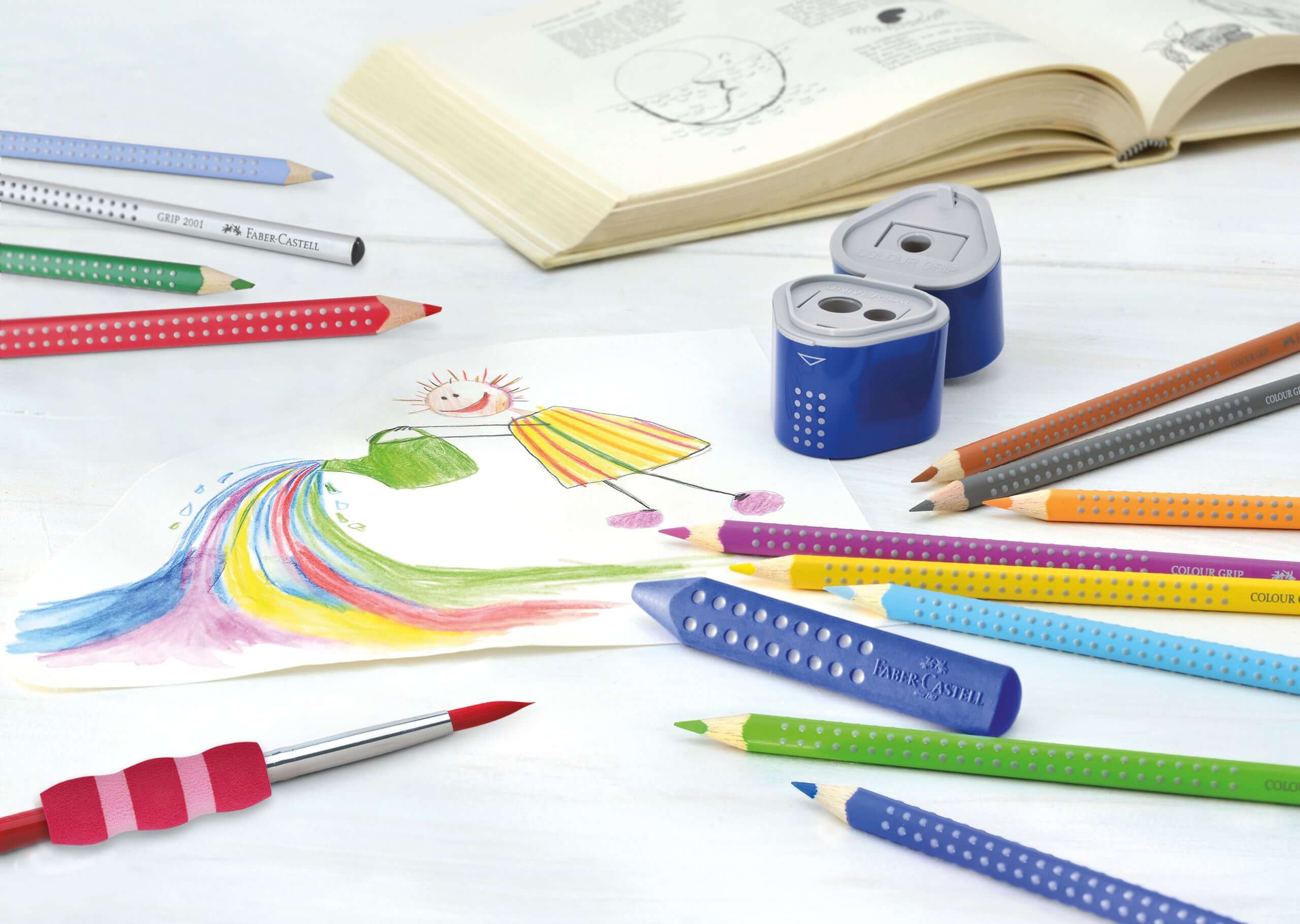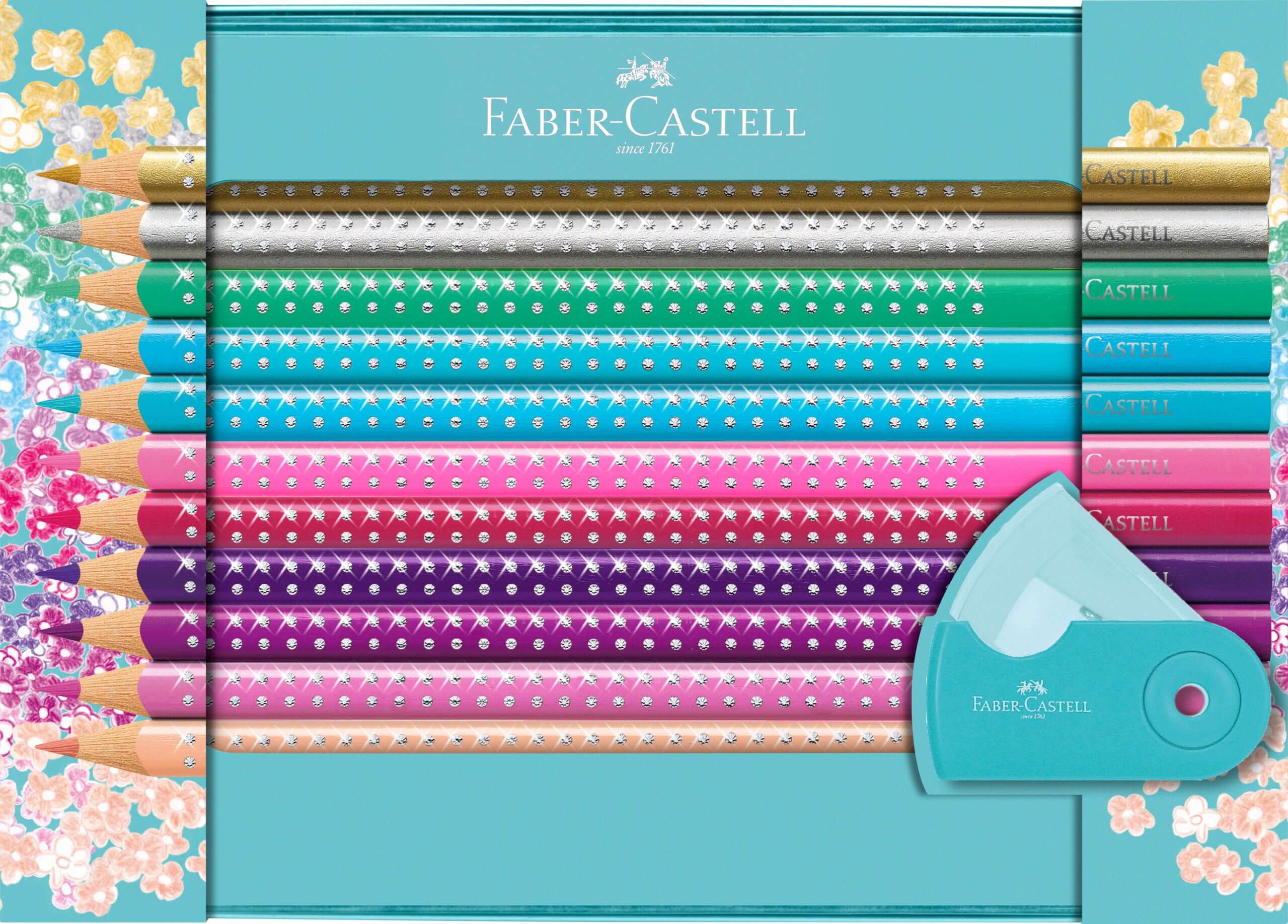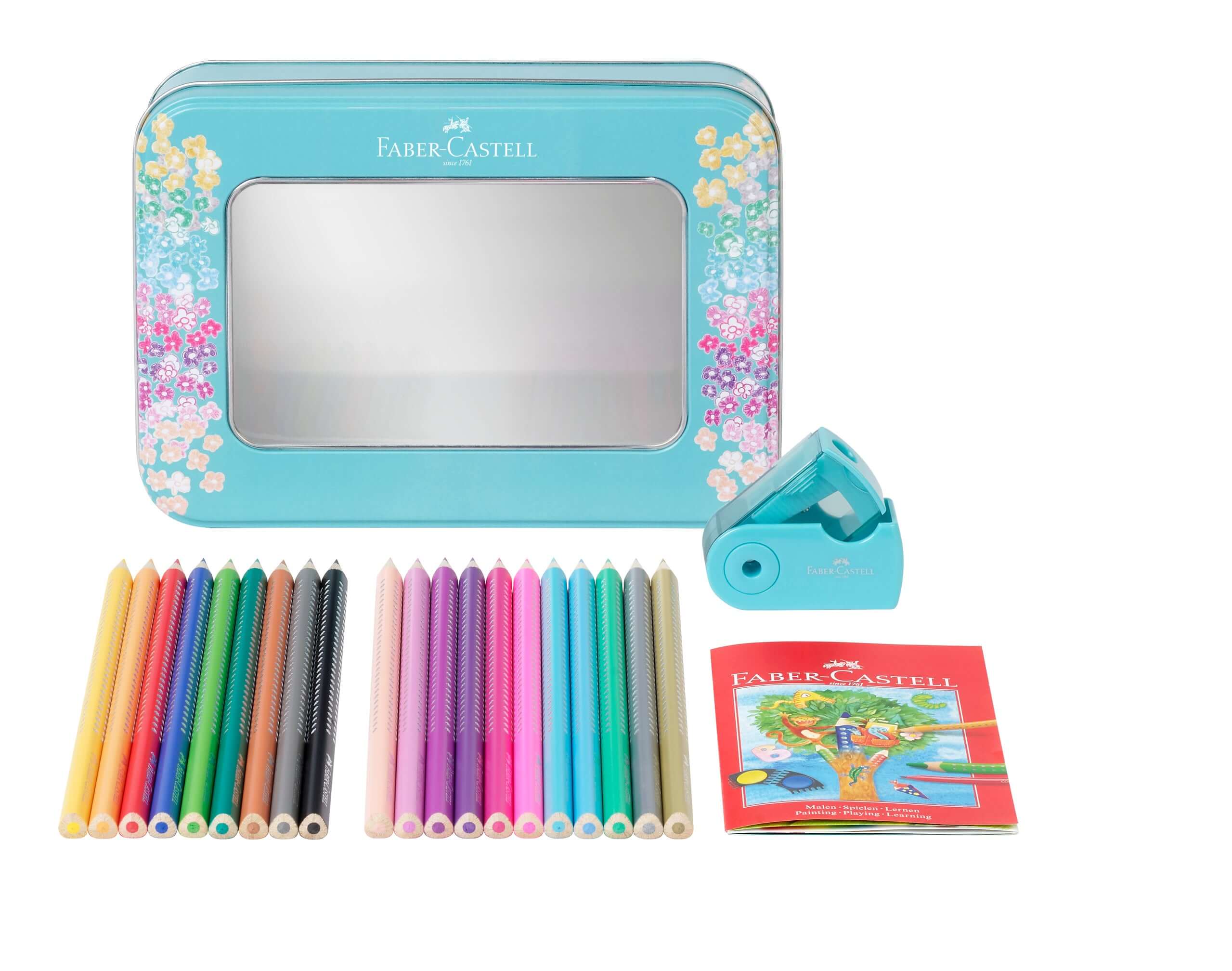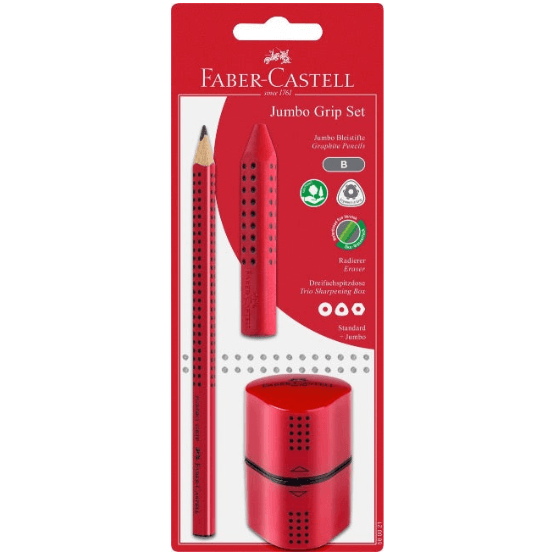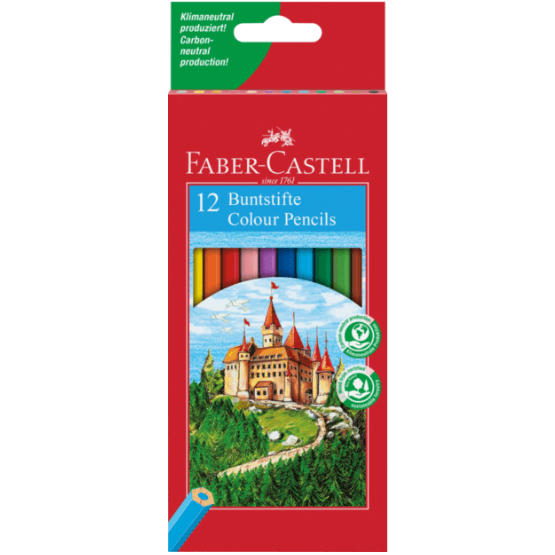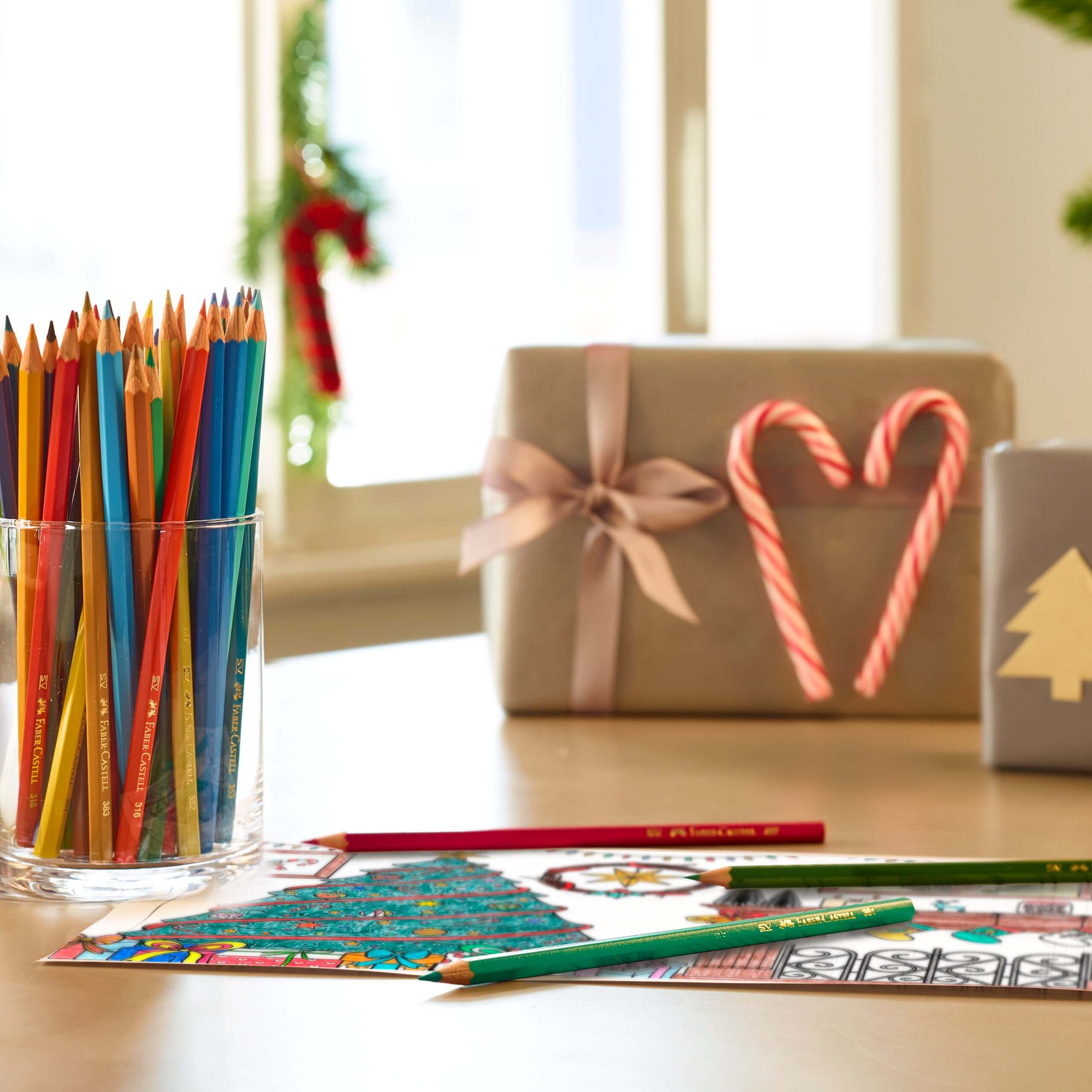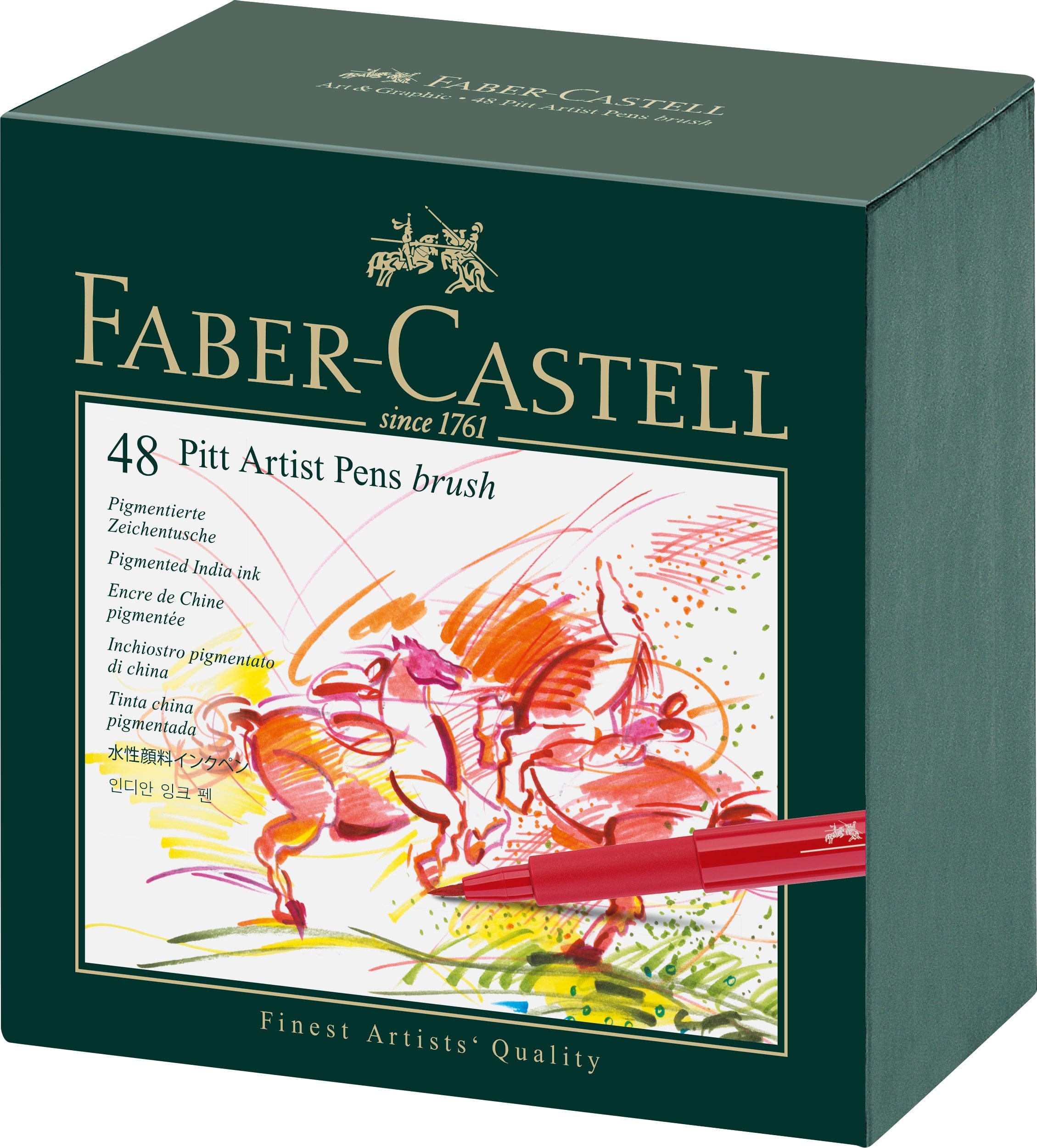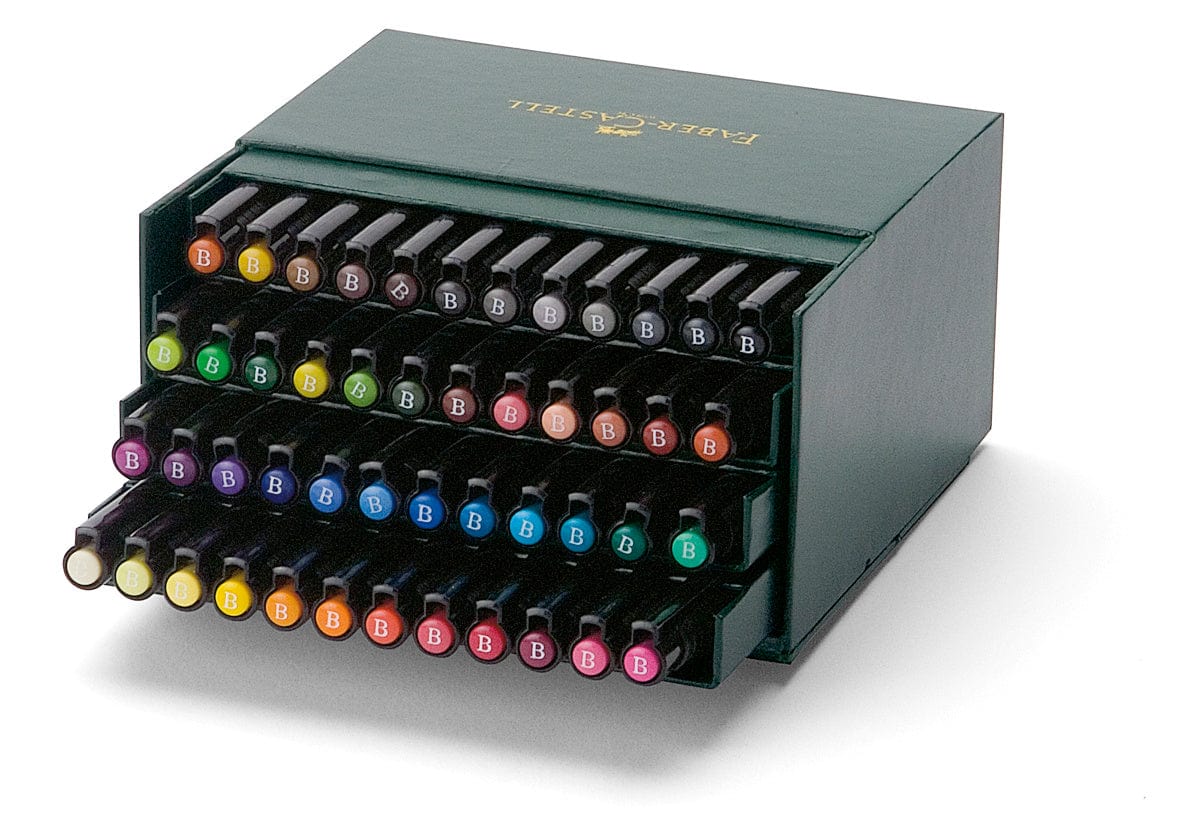History of the pencil
The pencil was invented in Germany in the 16th century. Originally, pencils were made from pure lead, but due to health concerns with lead, it was replaced by graphite. Graphite is a natural form of carbon that is soft and fragile but can be written with. Later, graphite was mixed with clay and shaped into pencils of different hardnesses. Today, pencils are made from a mixture of graphite, clay and other materials.
Pencils for kids and adults
We have pencils suitable for both children and adults. Children can use pencils for coloring and drawing, while adults can use them for writing, drawing and art. Pencils are also a great option for those who are new to drawing or art, as they provide a great opportunity to practice and fail without having to spend a lot of money on expensive equipment.
Types of pencils
Below we have listed the most common types of pencils and what you can do with them.
Graphite pencils
Graphite pencils are the most common type of pencil and are available in different hardnesses, which are measured on a scale called "HB". Graphite pencils are ideal for both sketching and writing and are known for their either soft or hard, smooth writing. They are also easy to erase and correct, making them a popular type of pencil among both children and adults. Graphite pencils are also used for technical drawing and illustration. See our selection of graphite pencils.
Colored pencils
Colored pencils are another popular type of pencil available in a variety of colors. They are ideal for coloring, sketching and illustrations. Crayons have a waxy core that is colored with pigments and mixed with binders and fillers. Crayons come in a wide range of hardnesses and some crayons are also water-soluble and can be used with water to create watercolor effects. See our selection of colored pencils.
Pastel pencils
Pastel pencils are a type of pencil that is colored with pastels. They are known for their intense colors and soft, dry texture. Pastel pencils are popular among artists and are ideal for sketching, portraits and landscape painting. See our selection of pastel pencils.
Watercolor pencils
Watercolor pencils are colored pencils that are soluble in water and allow you to create watercolor effects. Ideal for painting and illustration, they allow artists to create a wide range of textures and effects. See our range of watercolor pencils.
Drawing sets
Drawing sets are a collection of different types of pencils that are customized for specific needs. A drawing set can include different hardnesses of graphite pencils, colored pencils, pastels, watercolor pencils and more. Drawing kits can be a great investment for both beginners and advanced artists as they provide a wide range of options to explore different styles and techniques. See our selection of drawing kits.
Choose the right pencil for you
When choosing a pencil, it's important to think about what you'll be using them for. If you'll be drawing or painting, colored pencils or watercolor pencils may be the best choice. However, if you're writing or taking notes, graphite pencils are more suitable. In addition, consider the hardness of the pencil. If you want a softer pencil that can create darker lines more easily, choose one with a lower numerical value, such as 2B or 4B. If you want a harder pencil that can create lighter lines, choose one with a higher numerical value, such as H or 2H.


